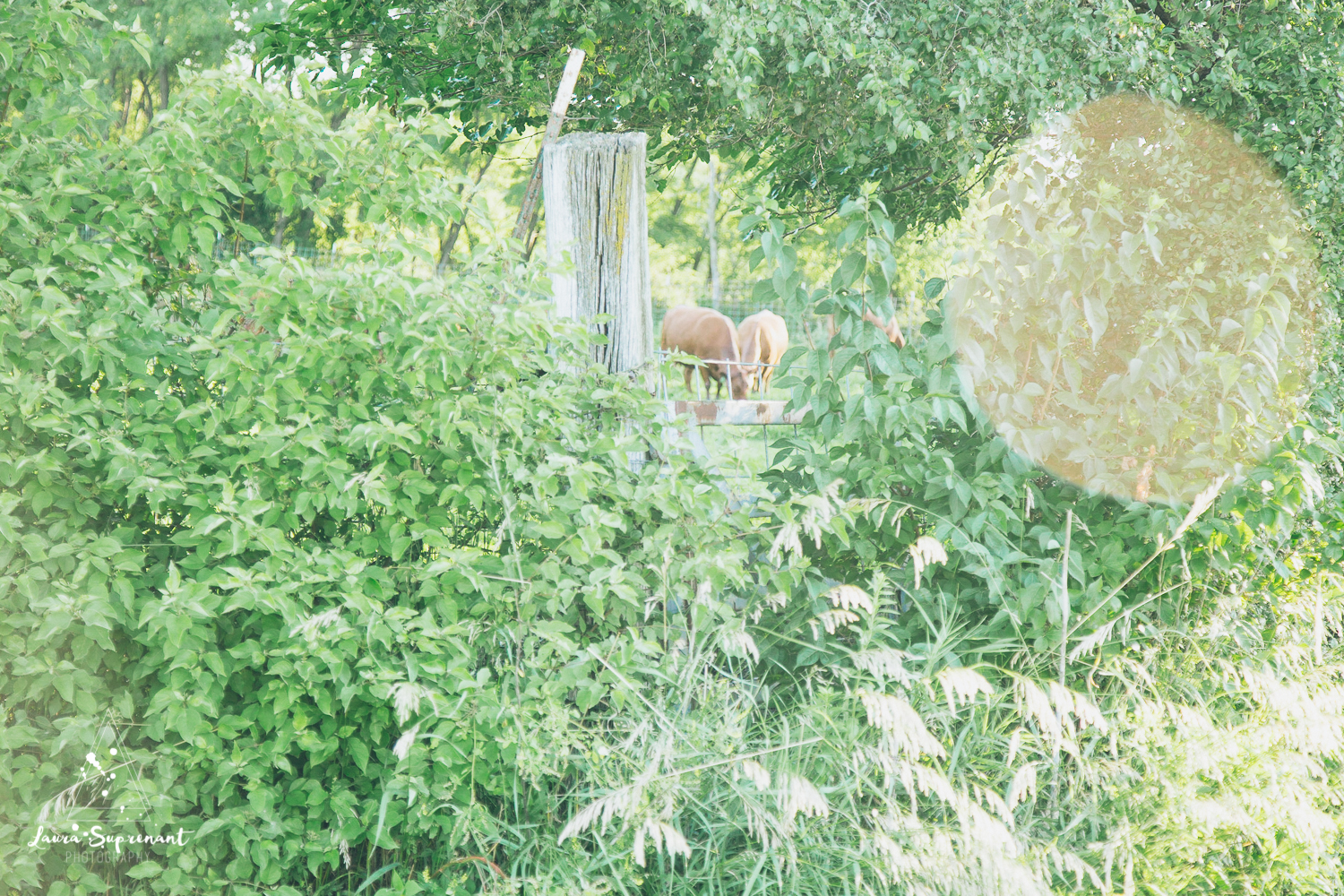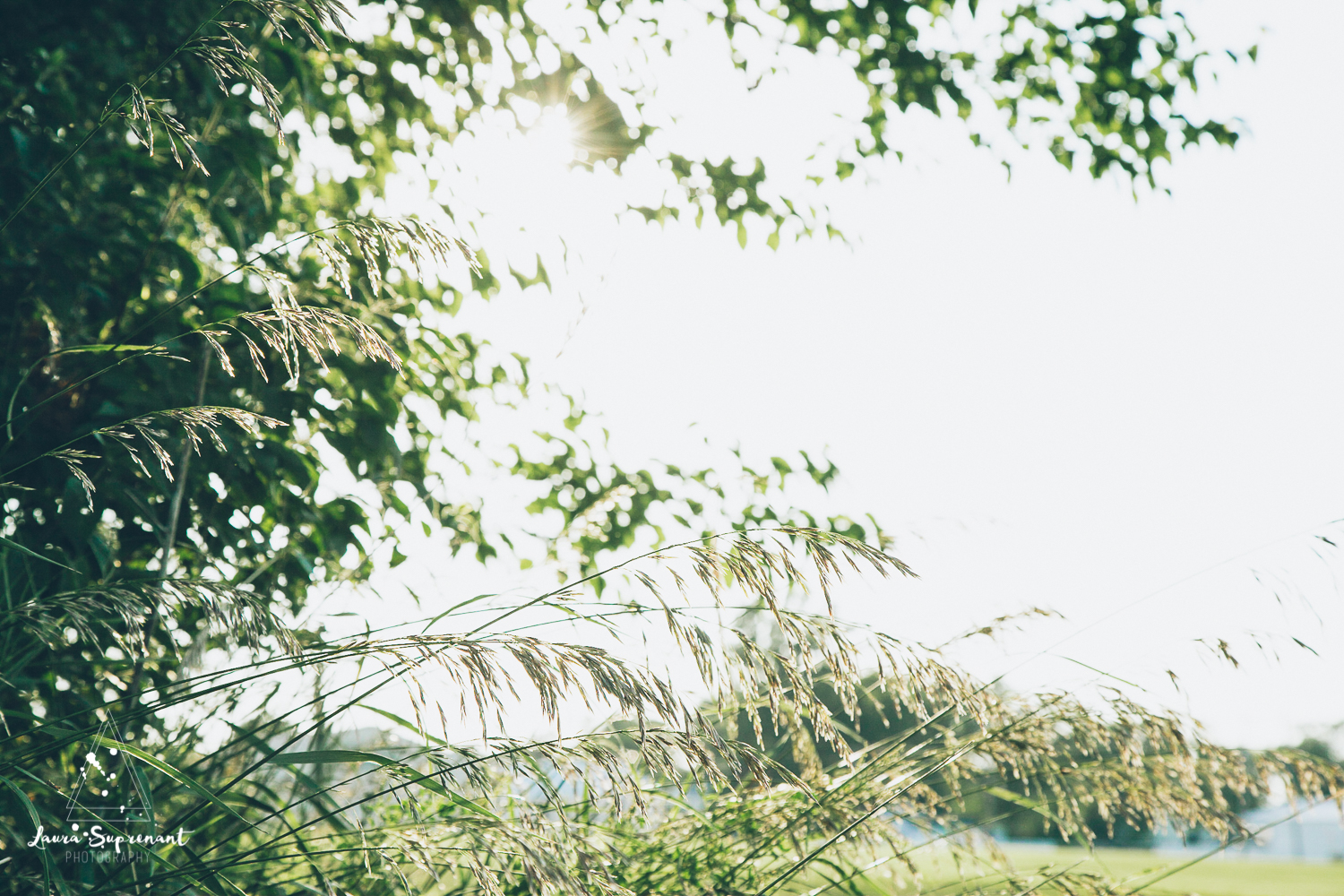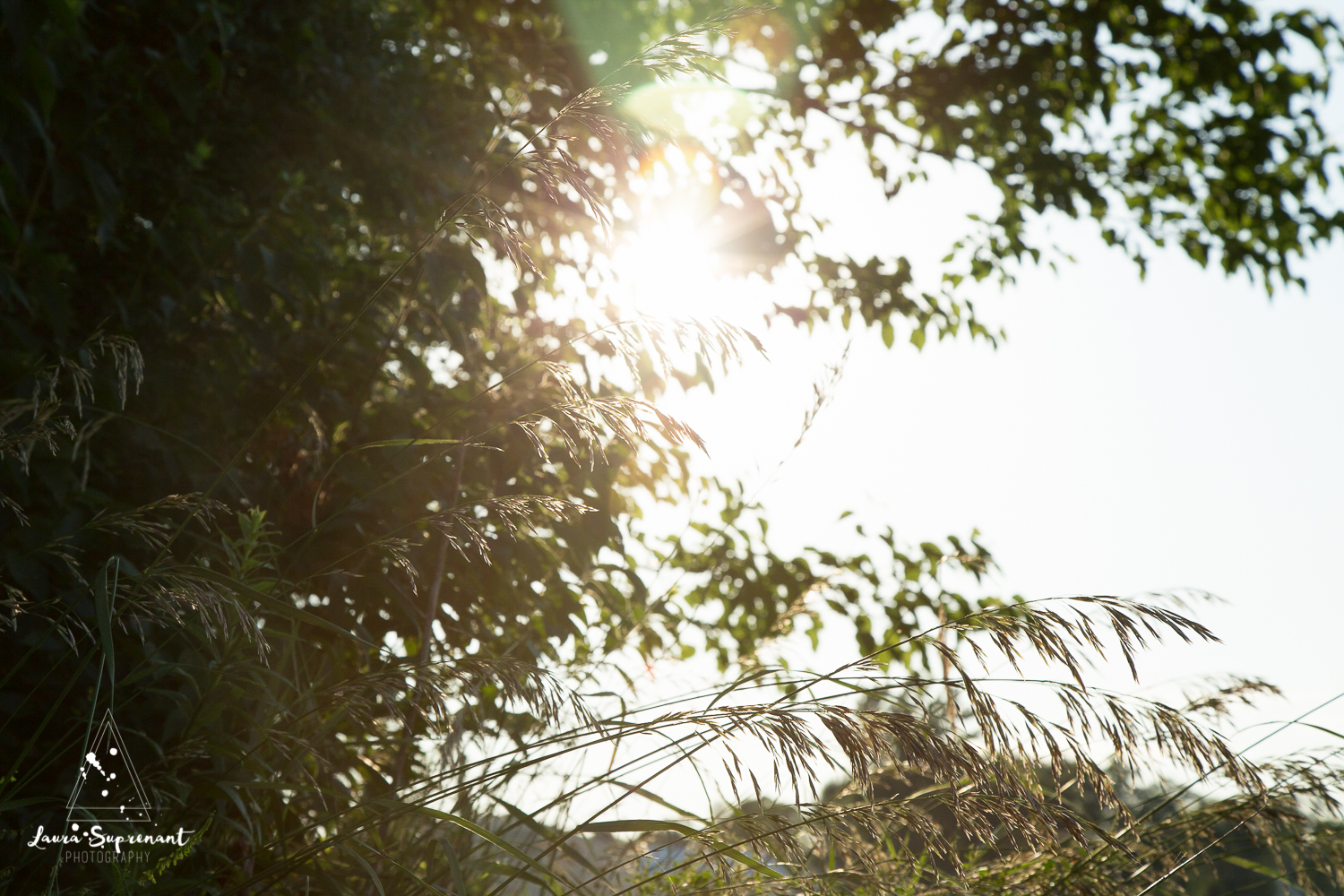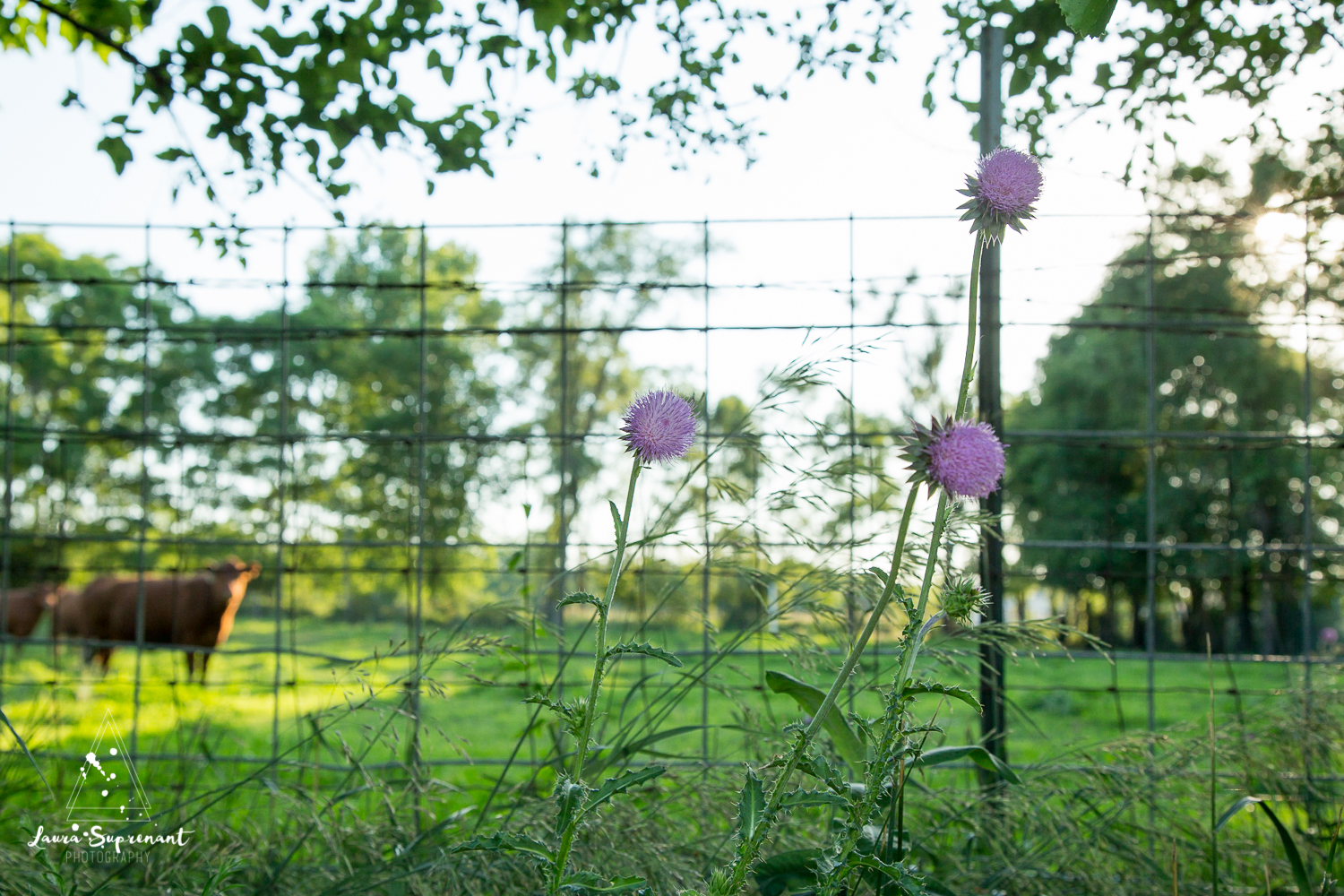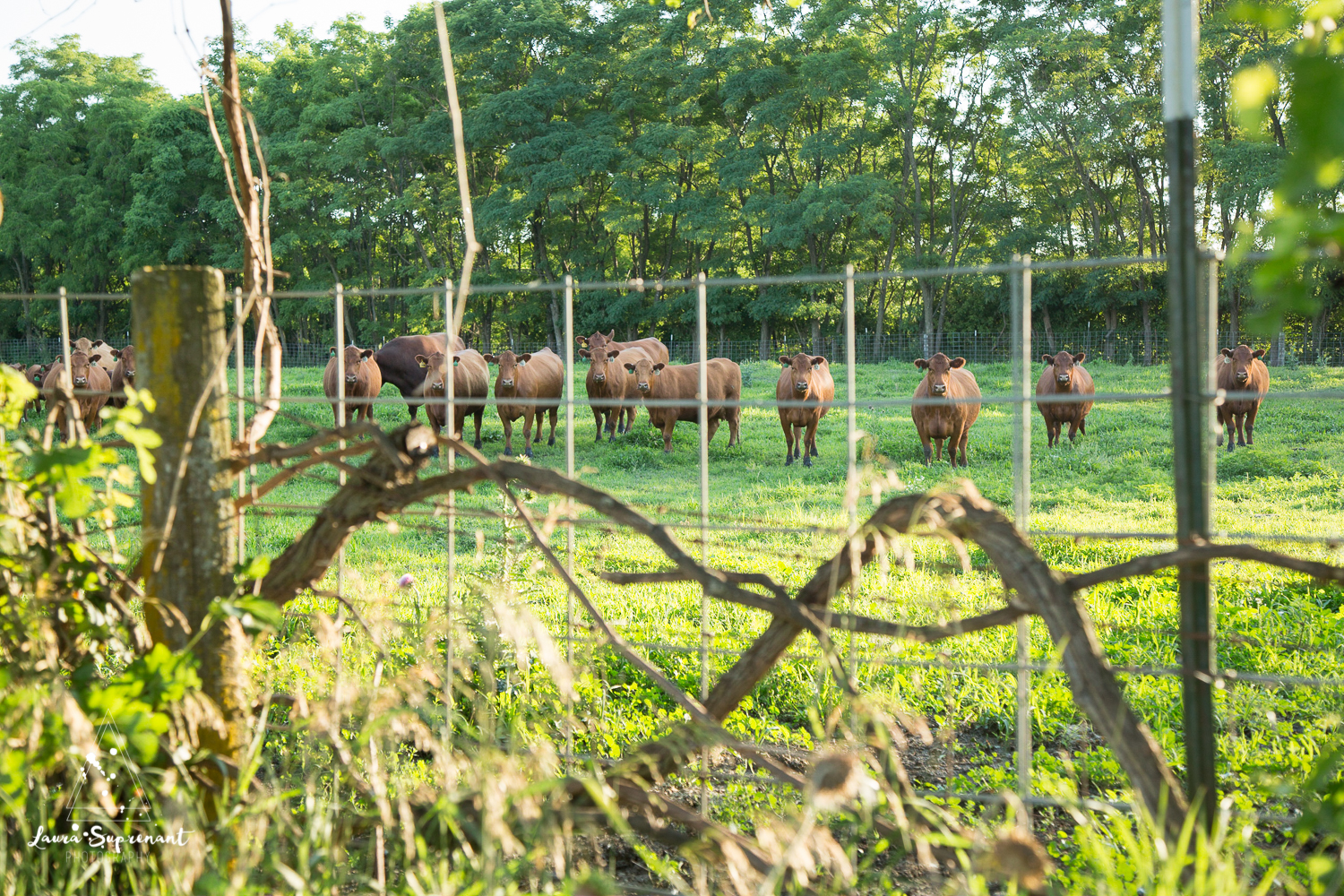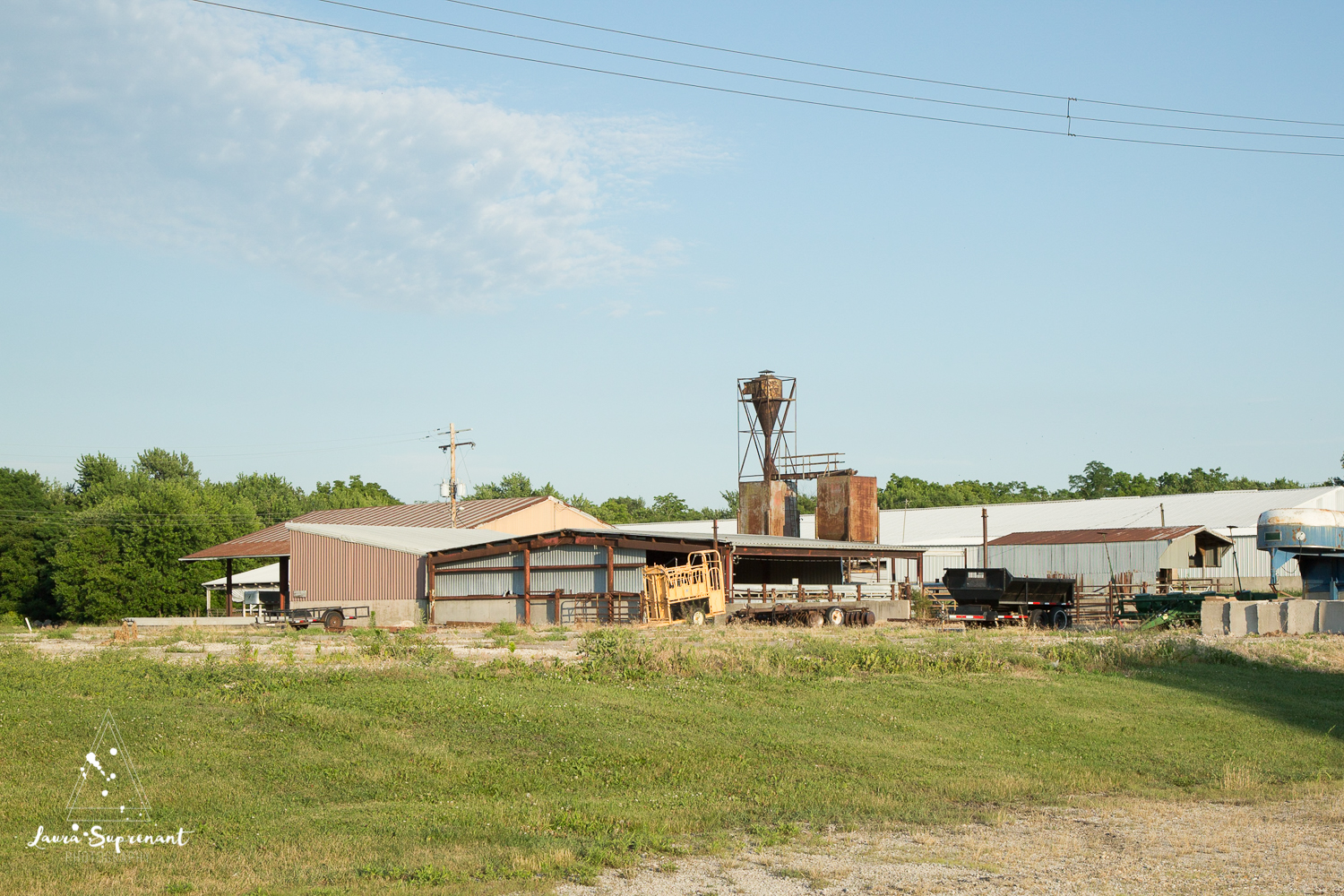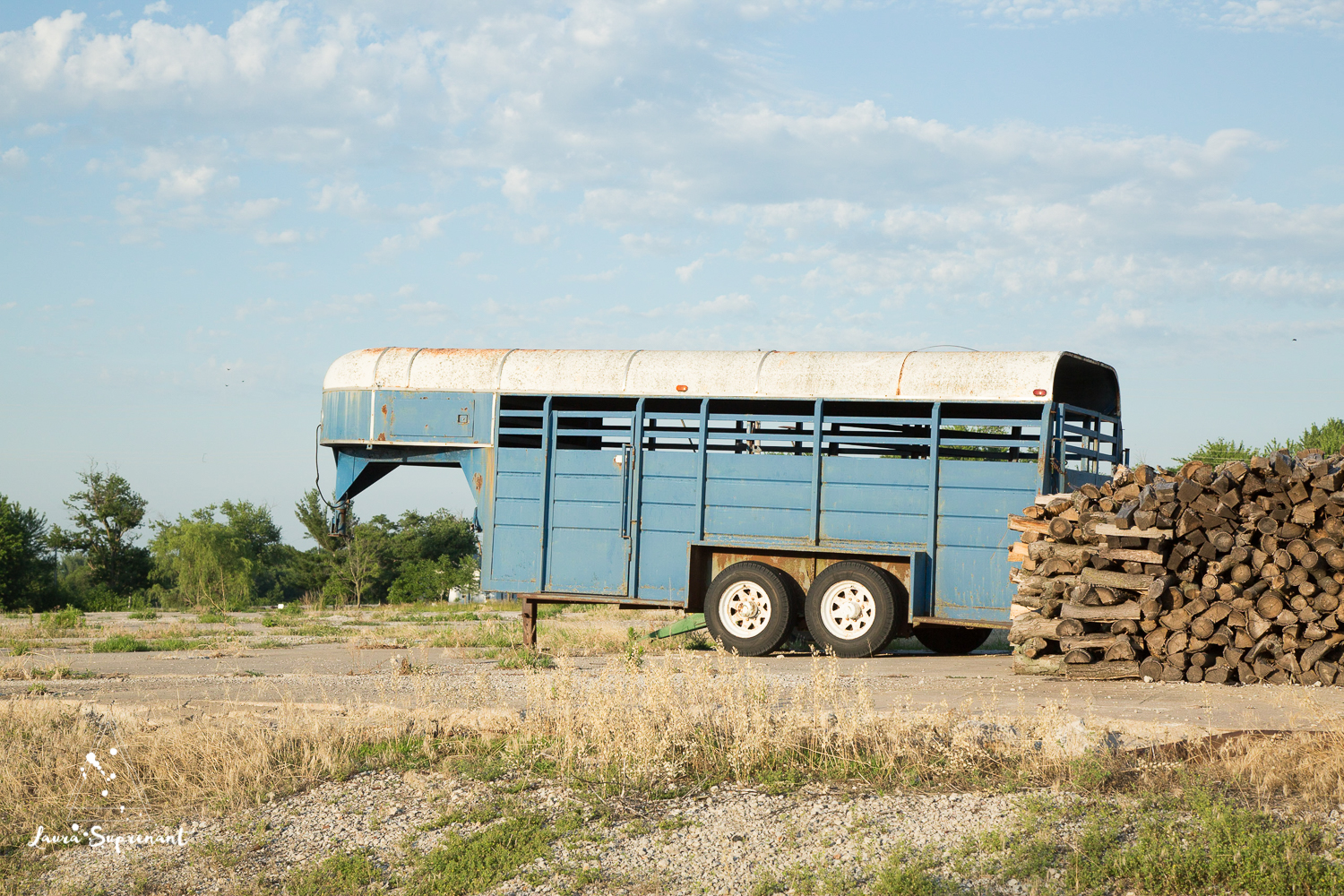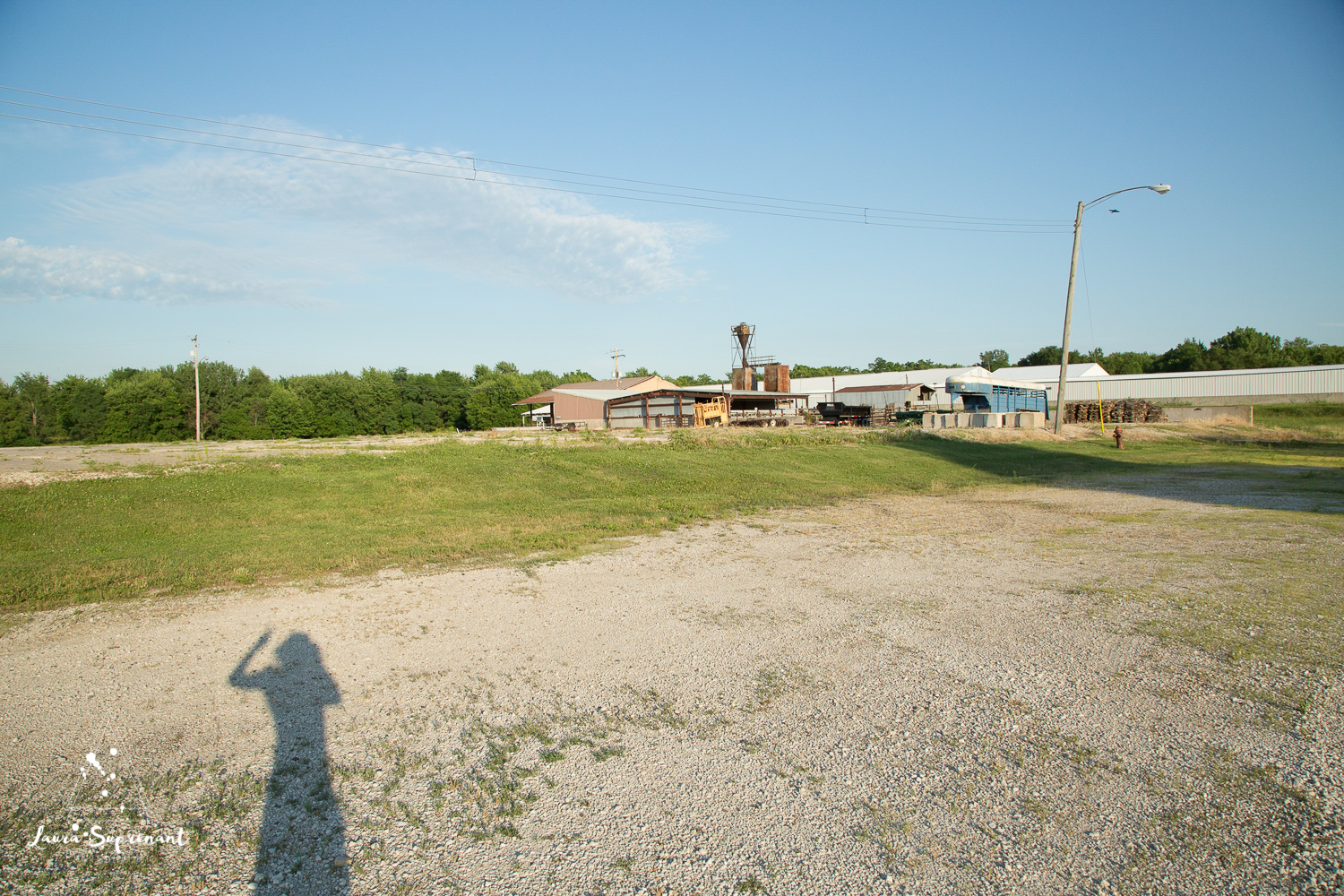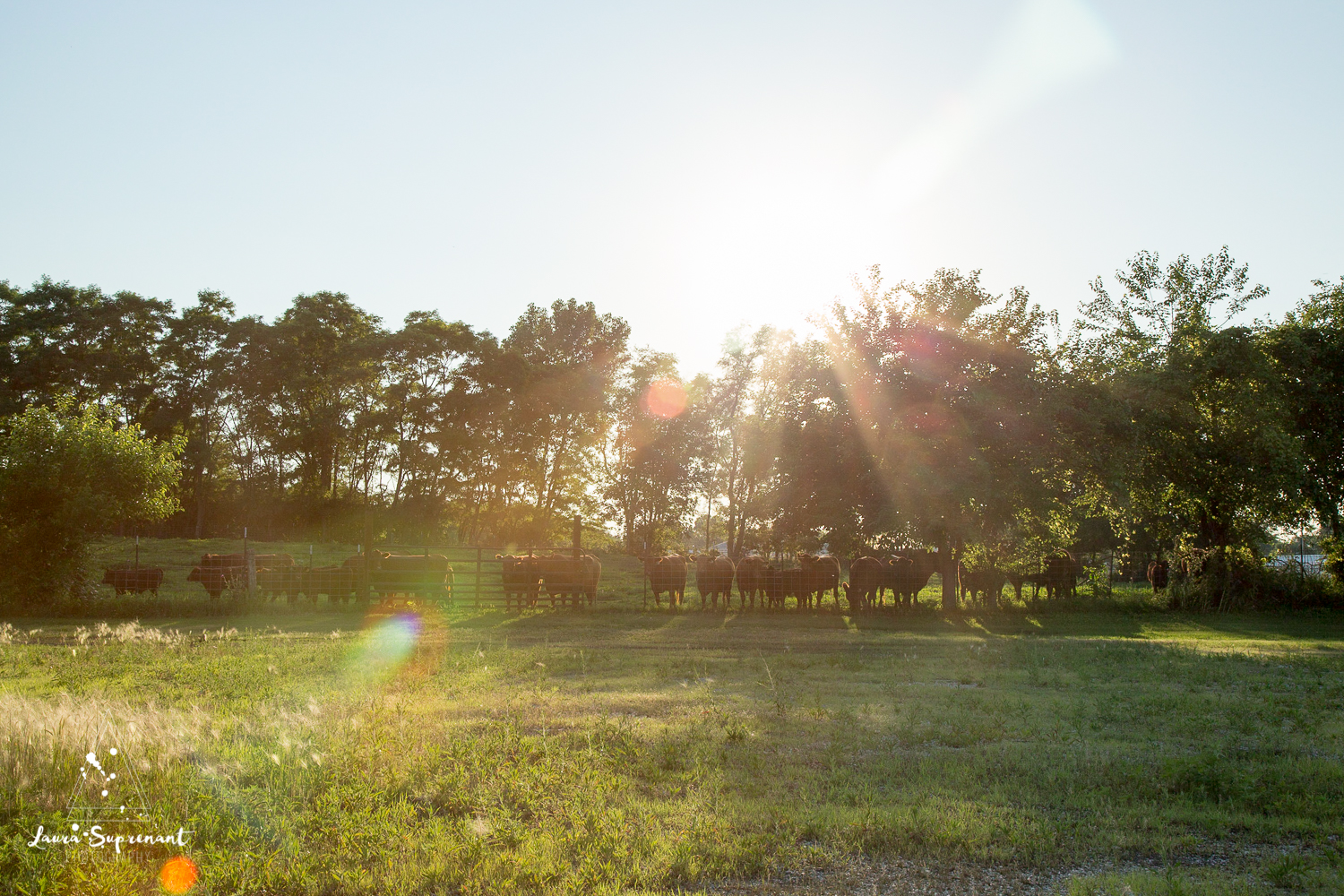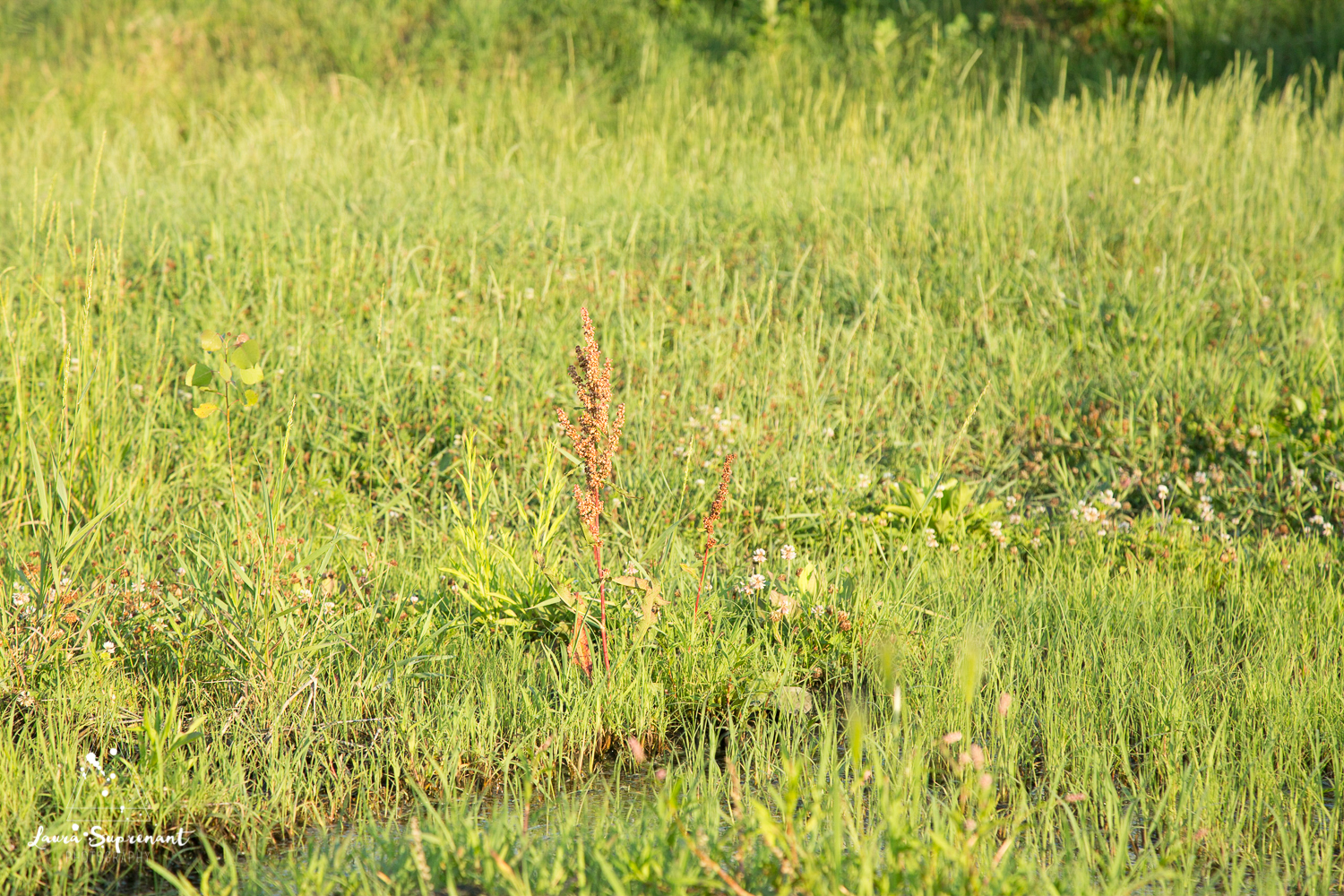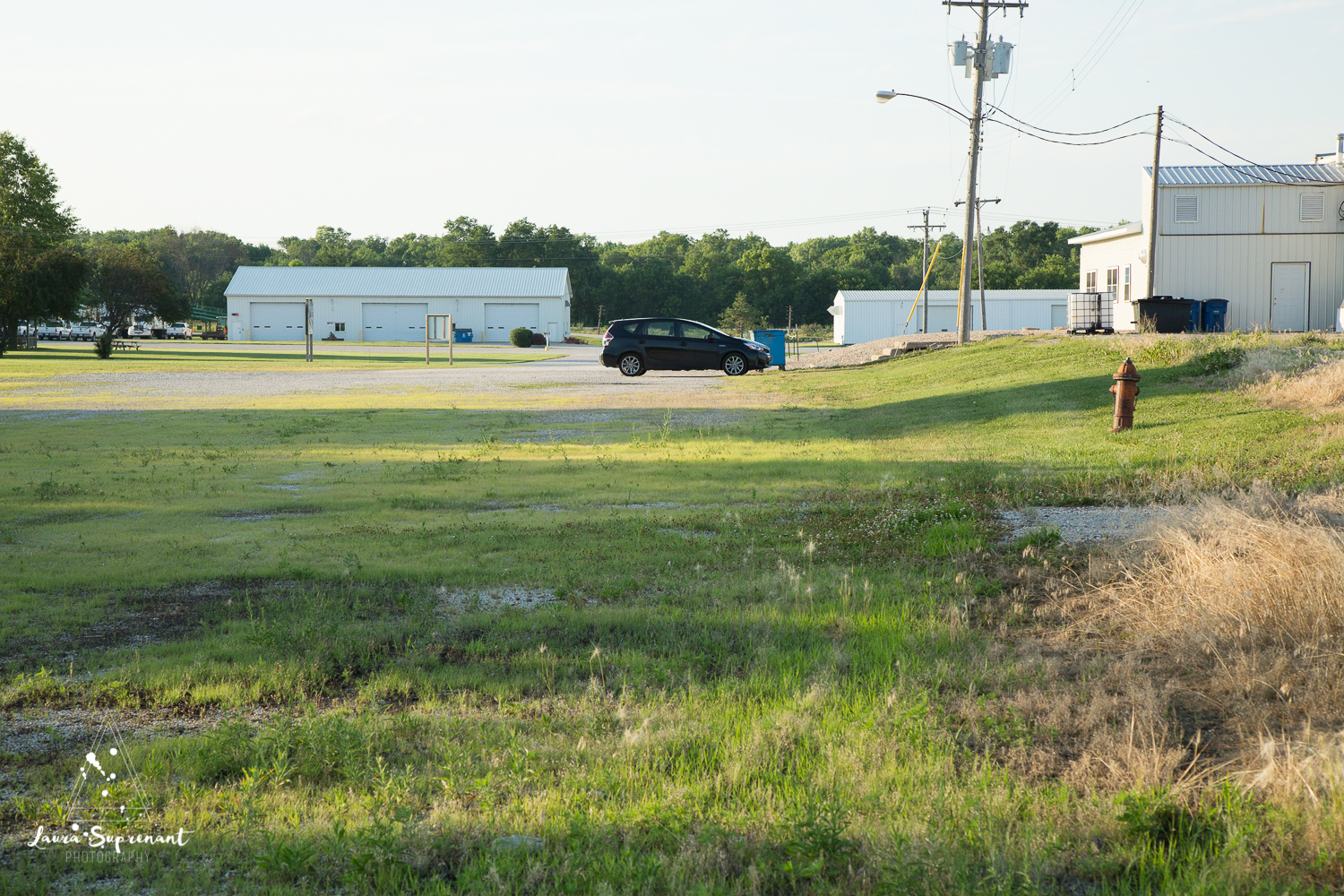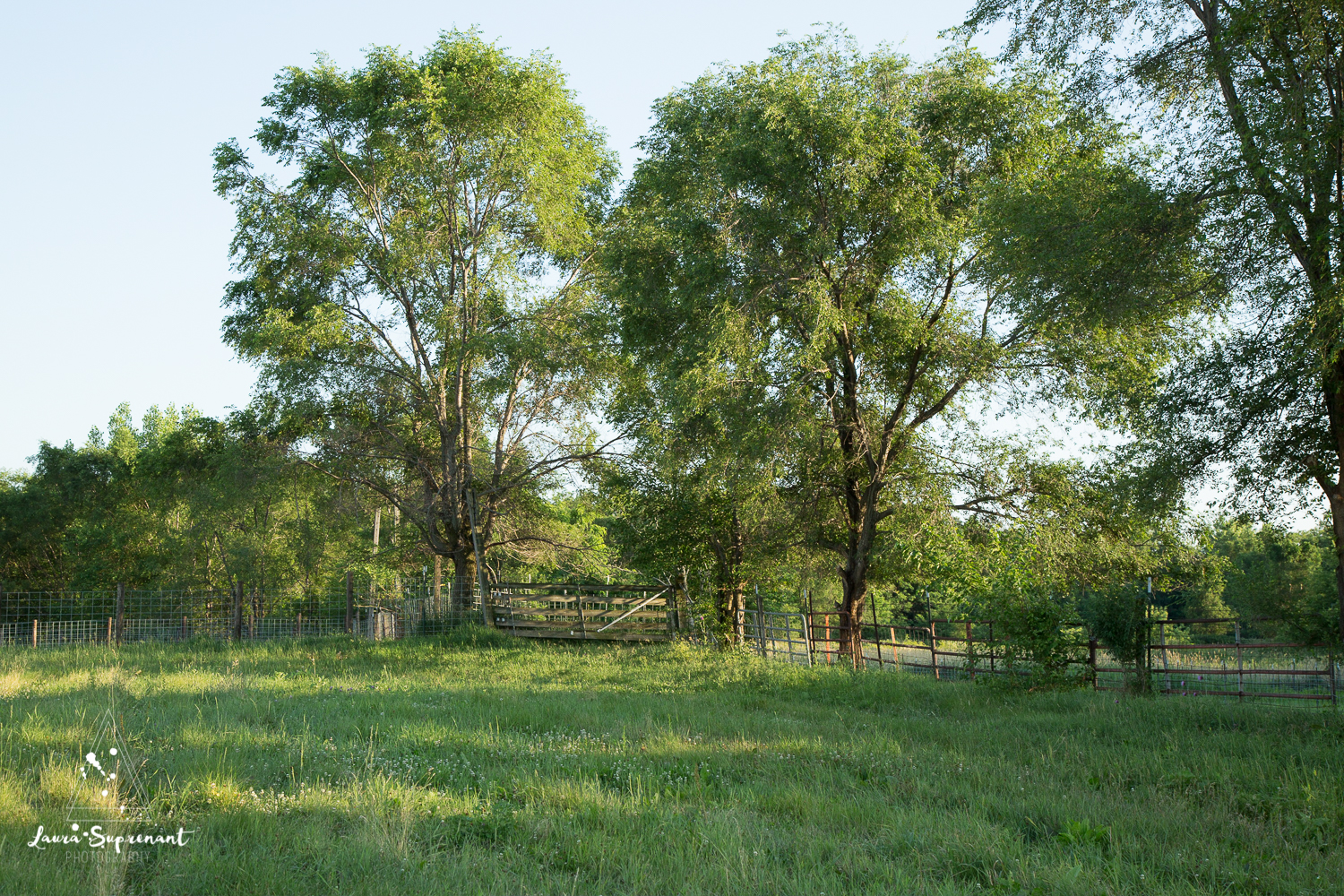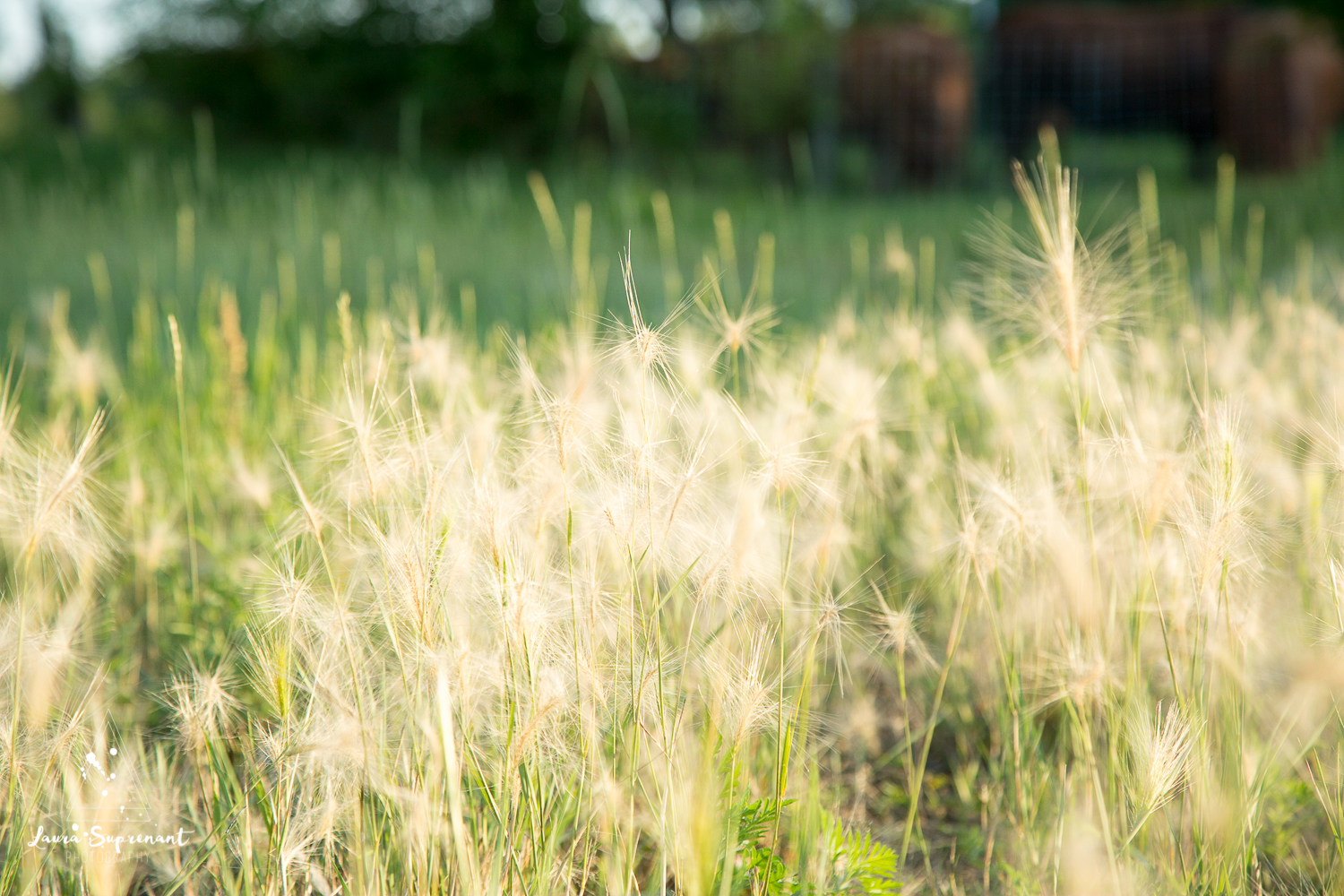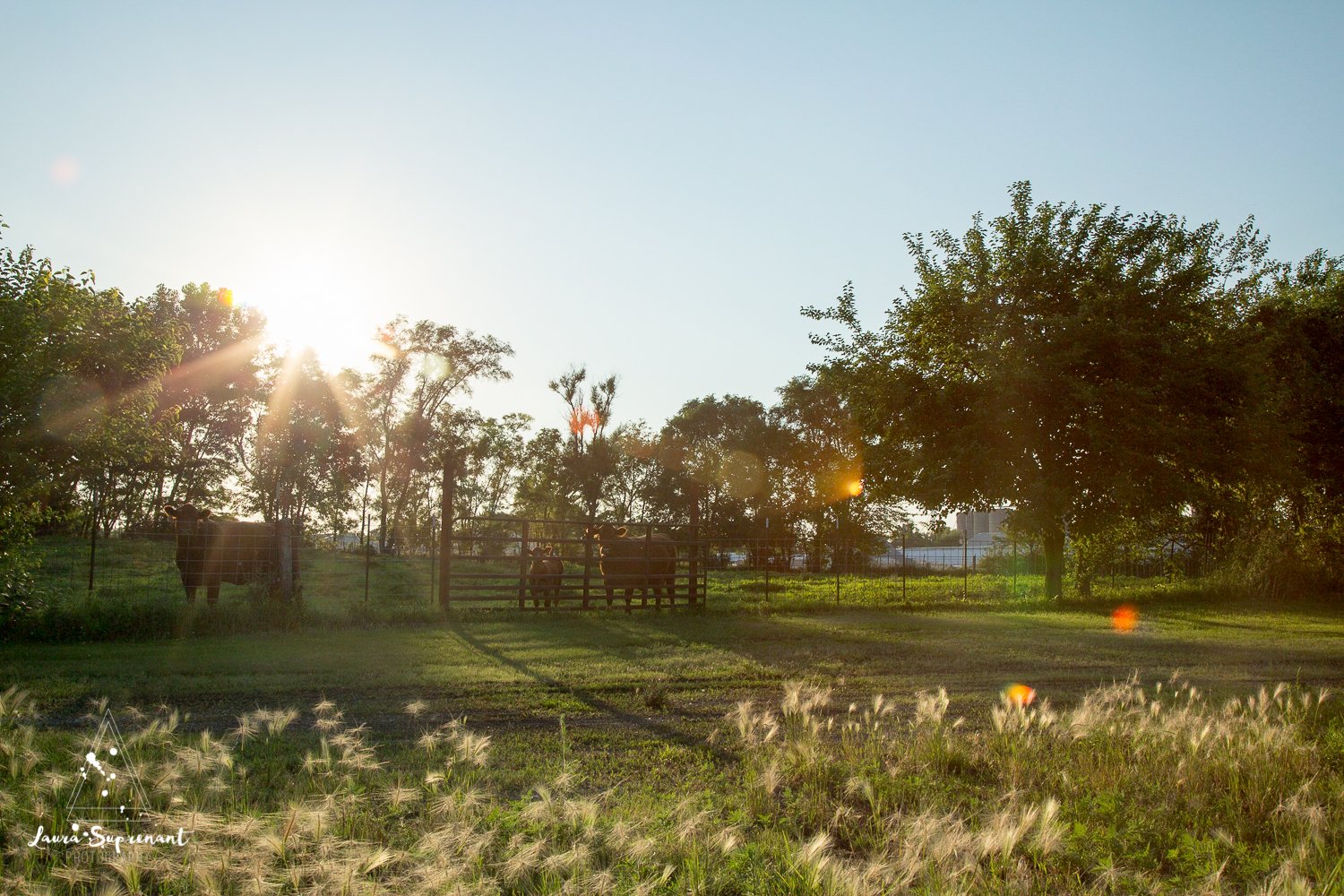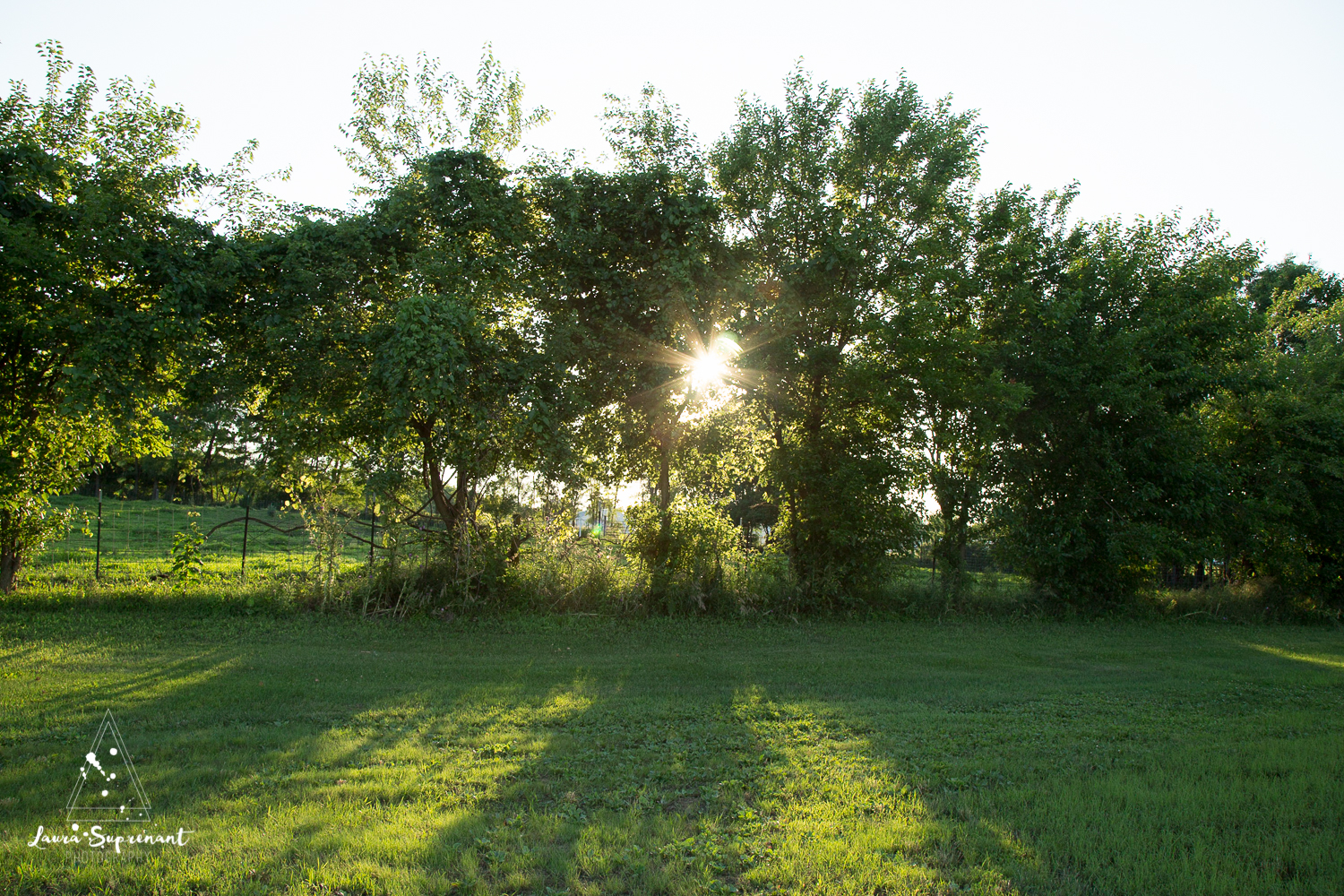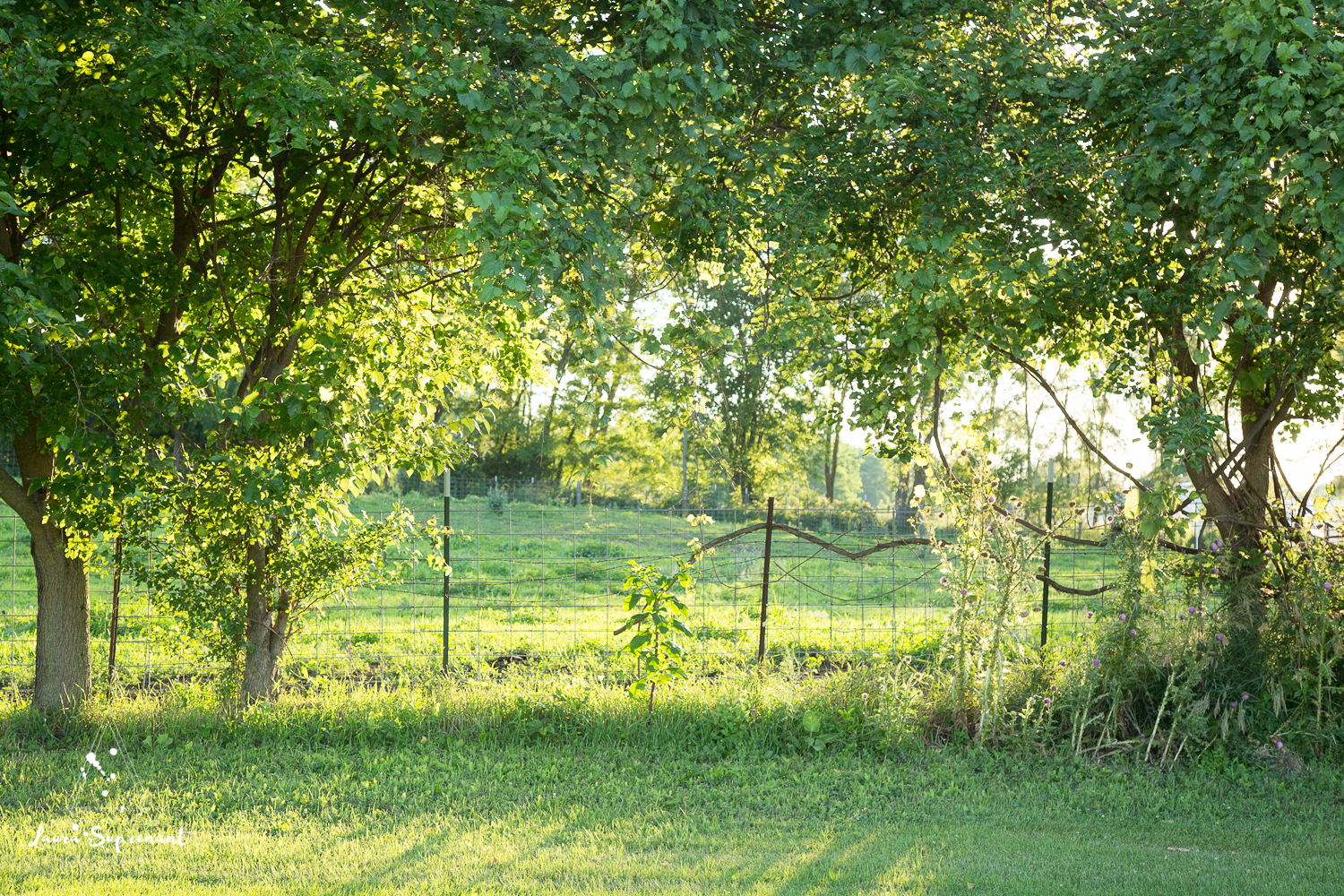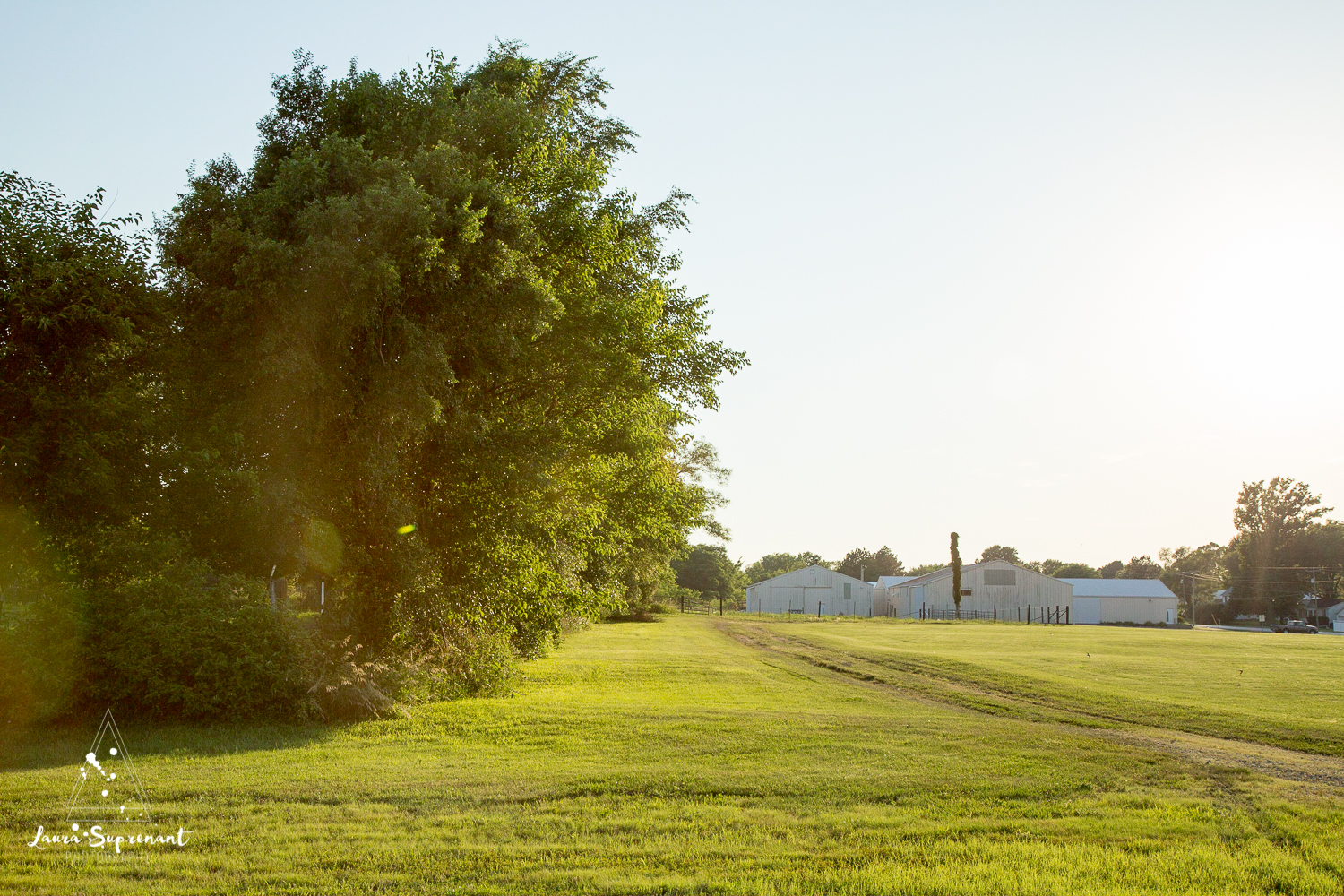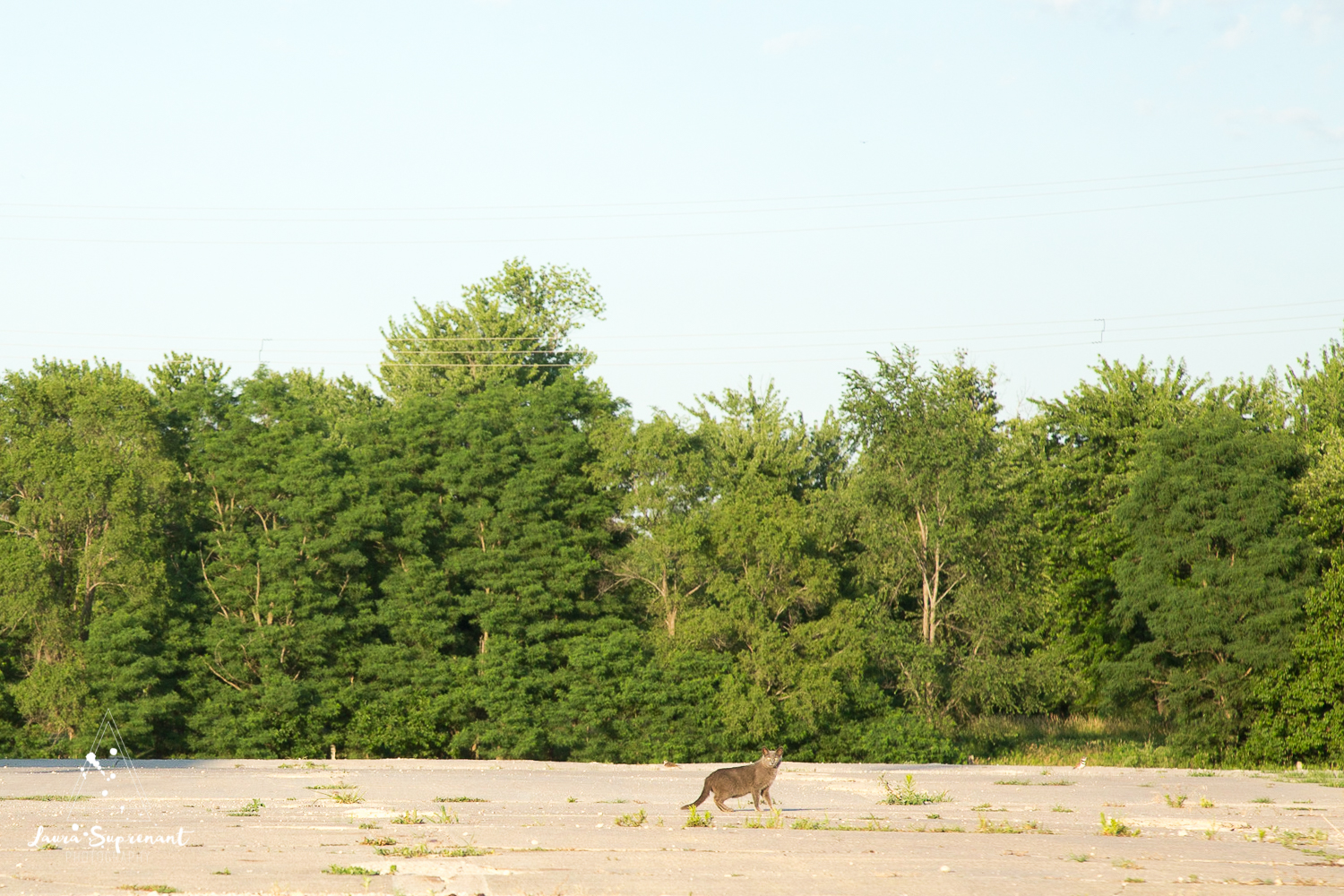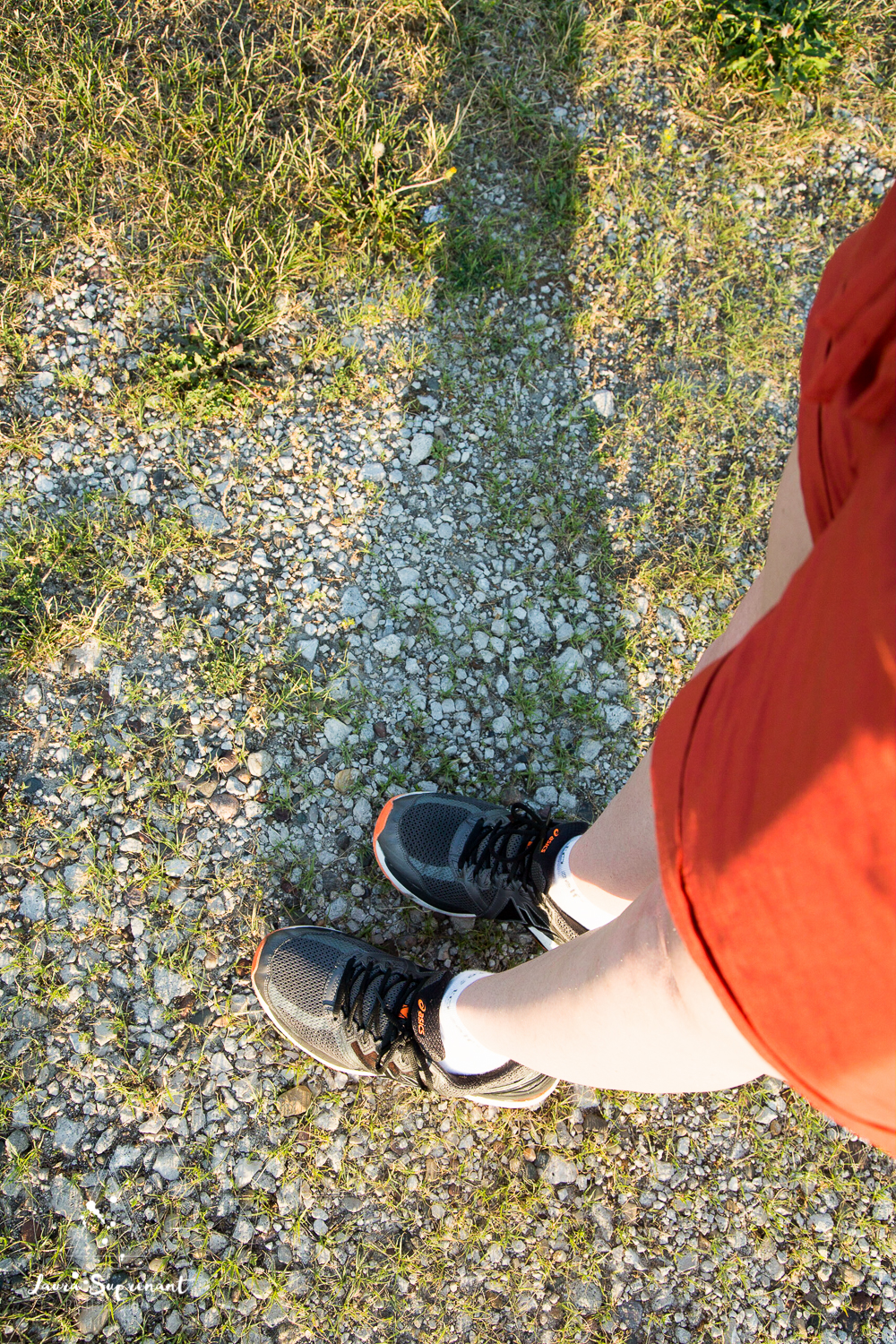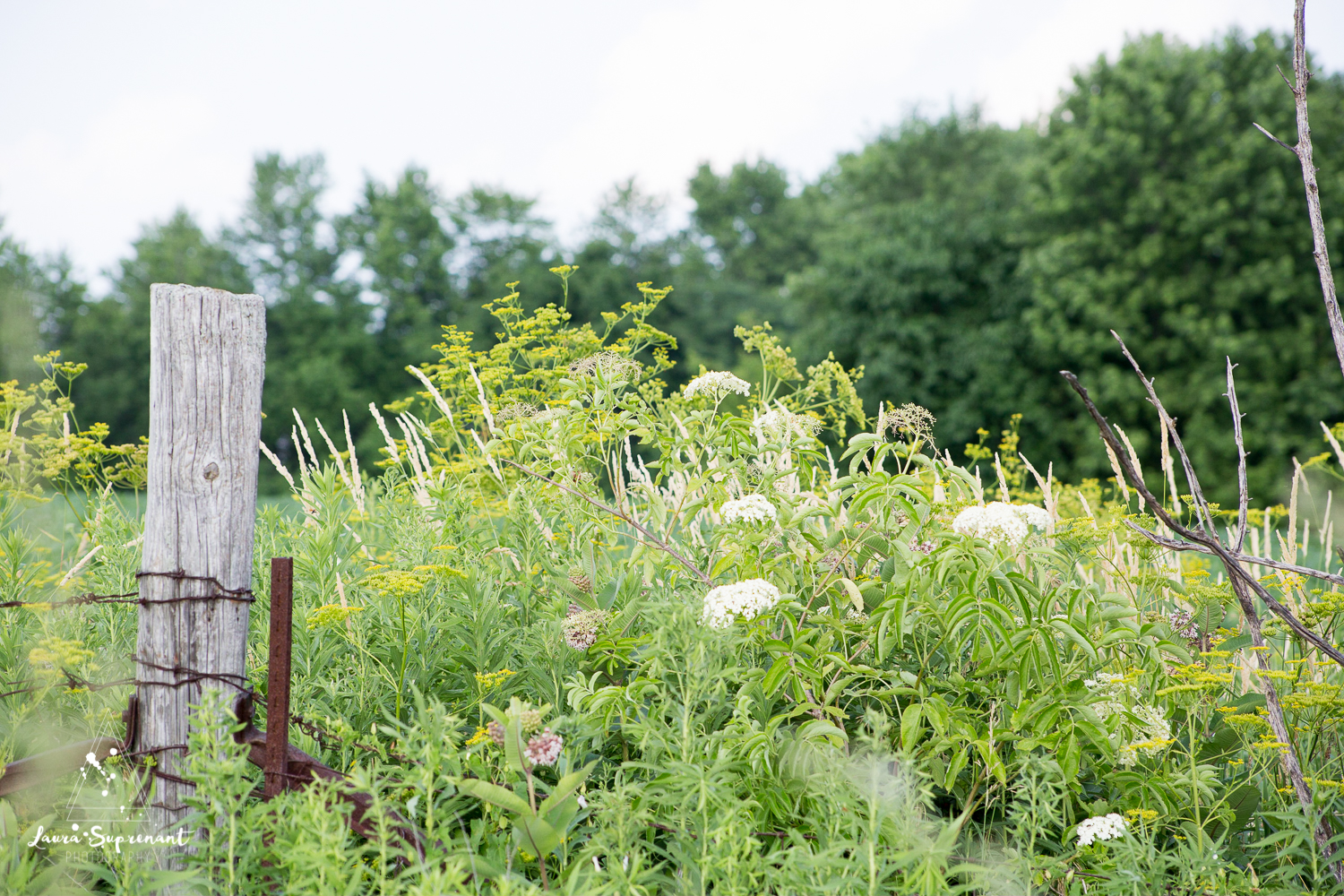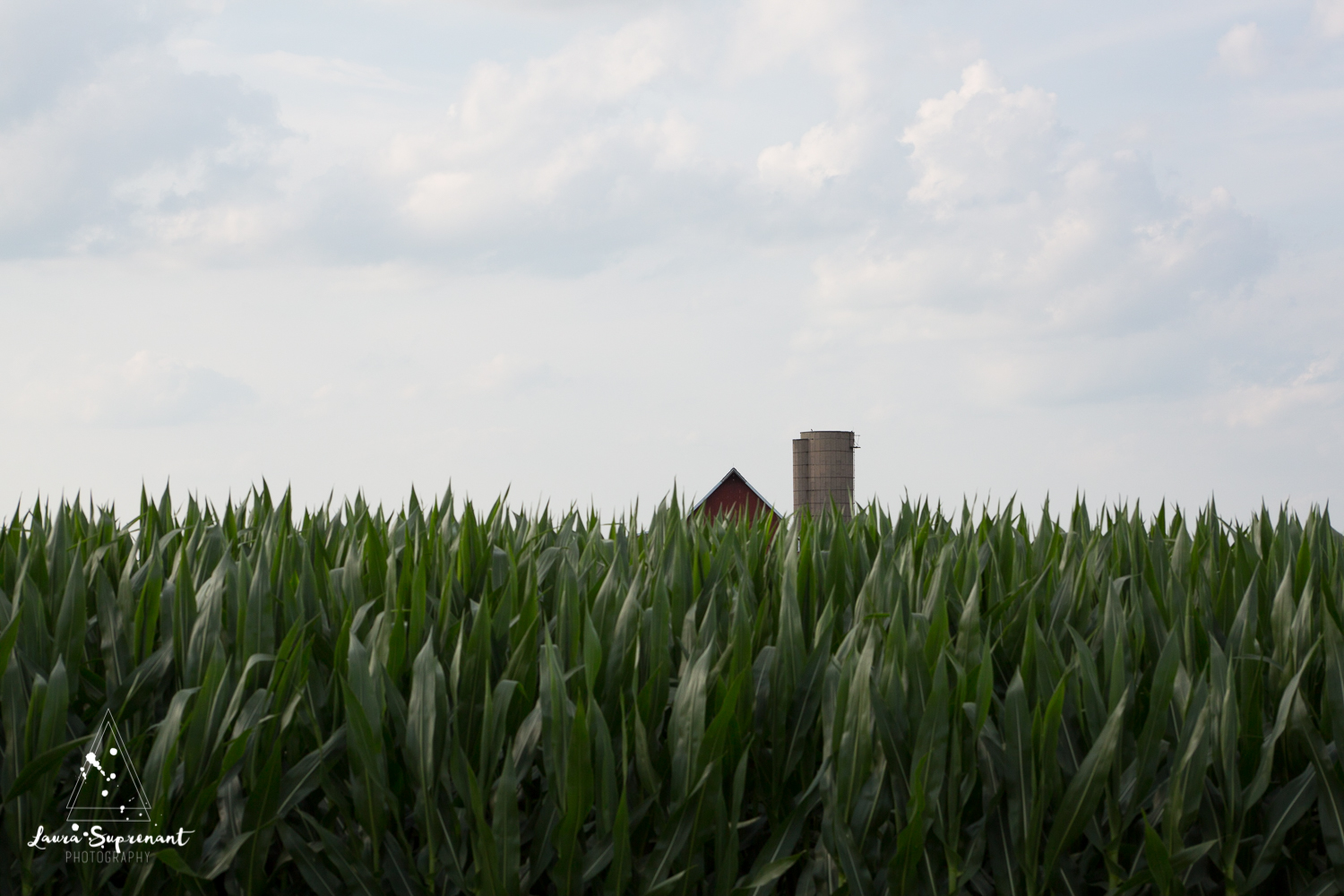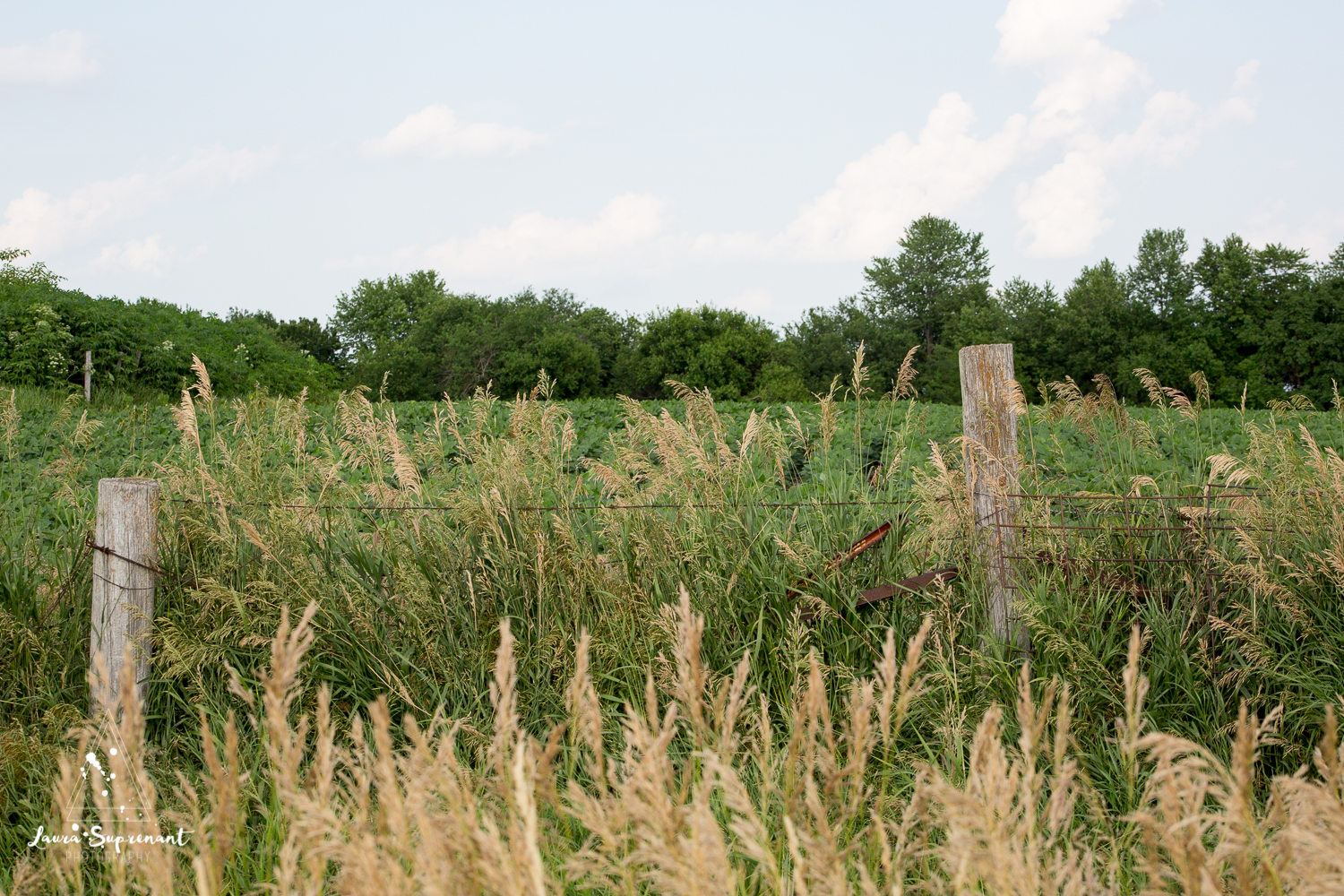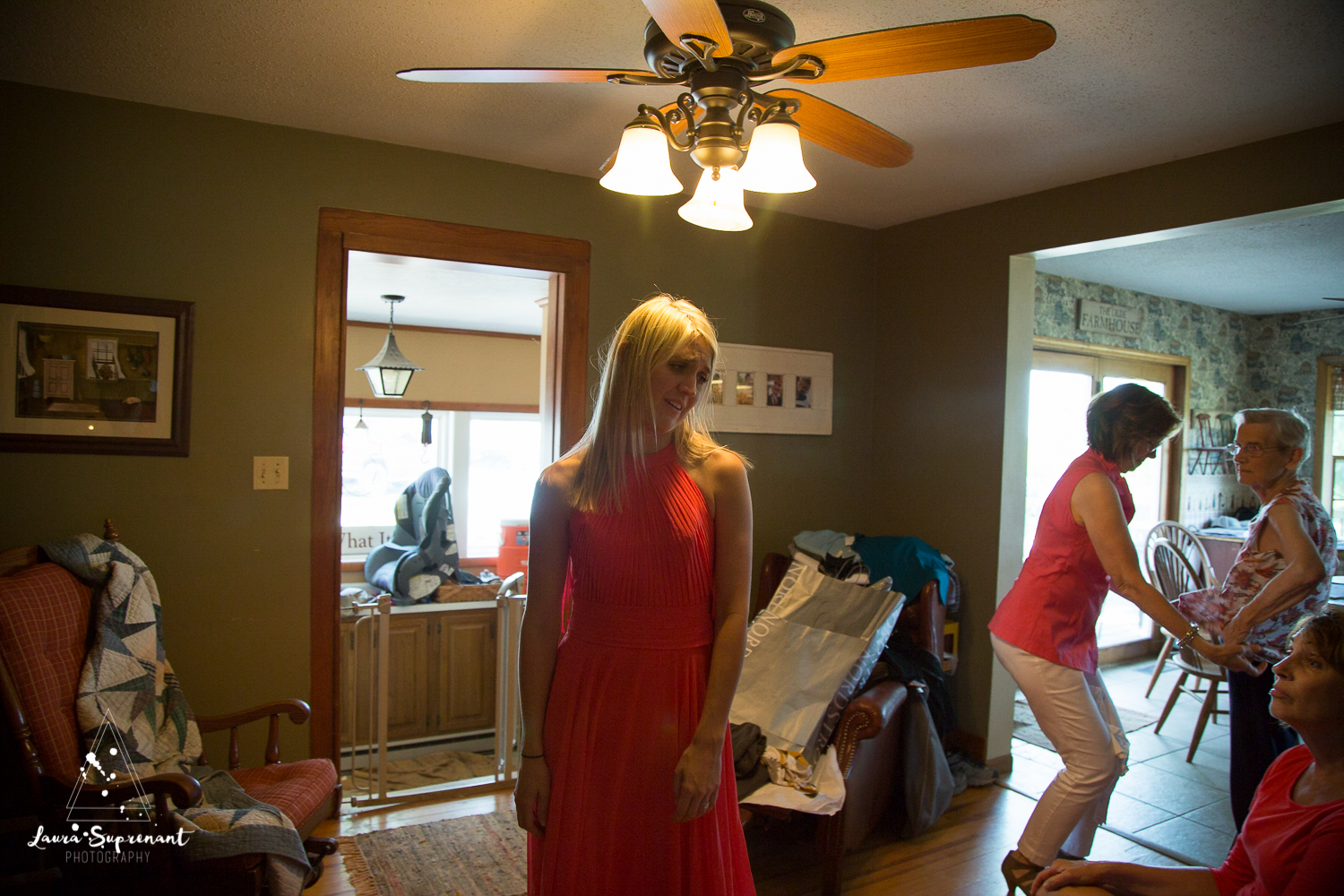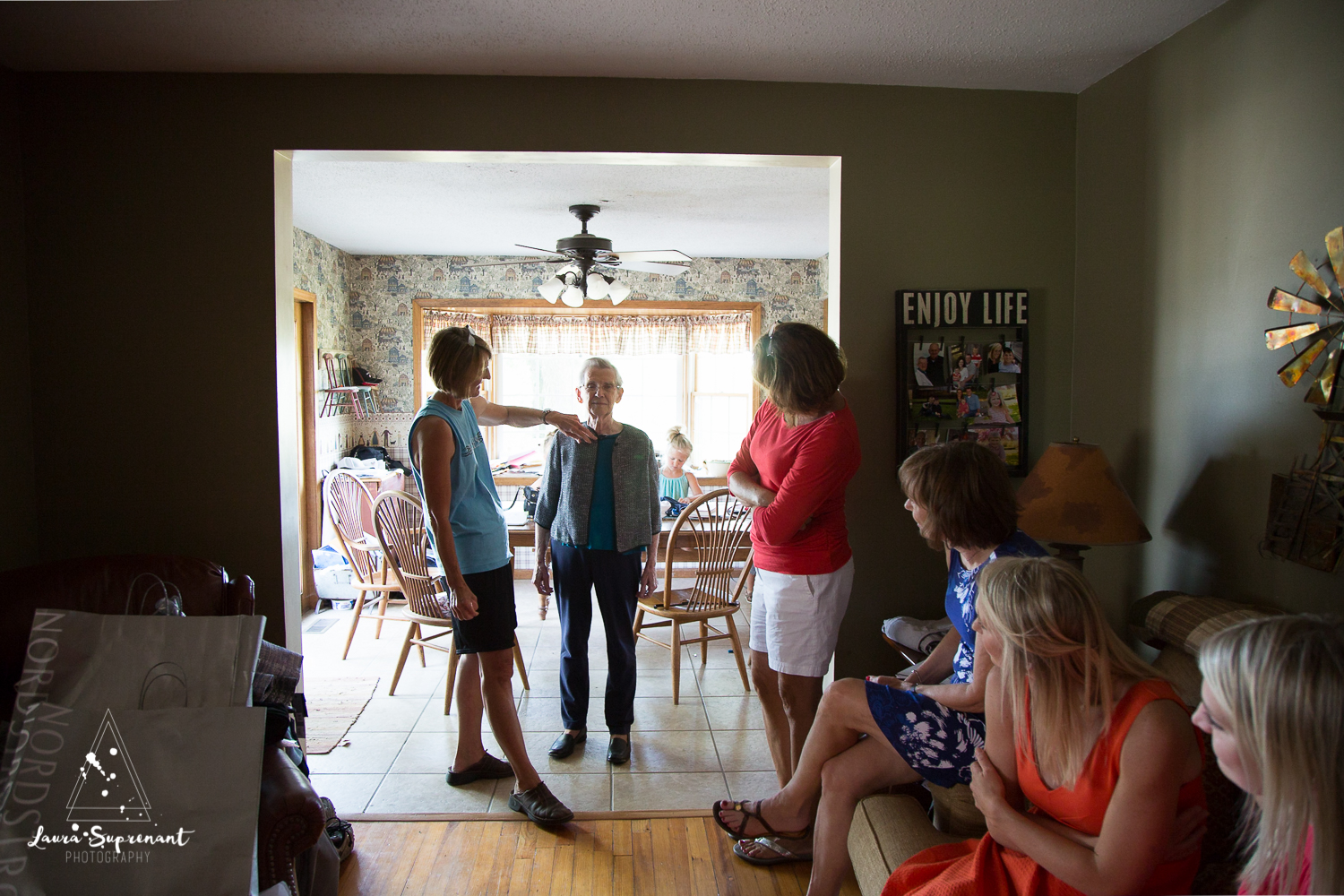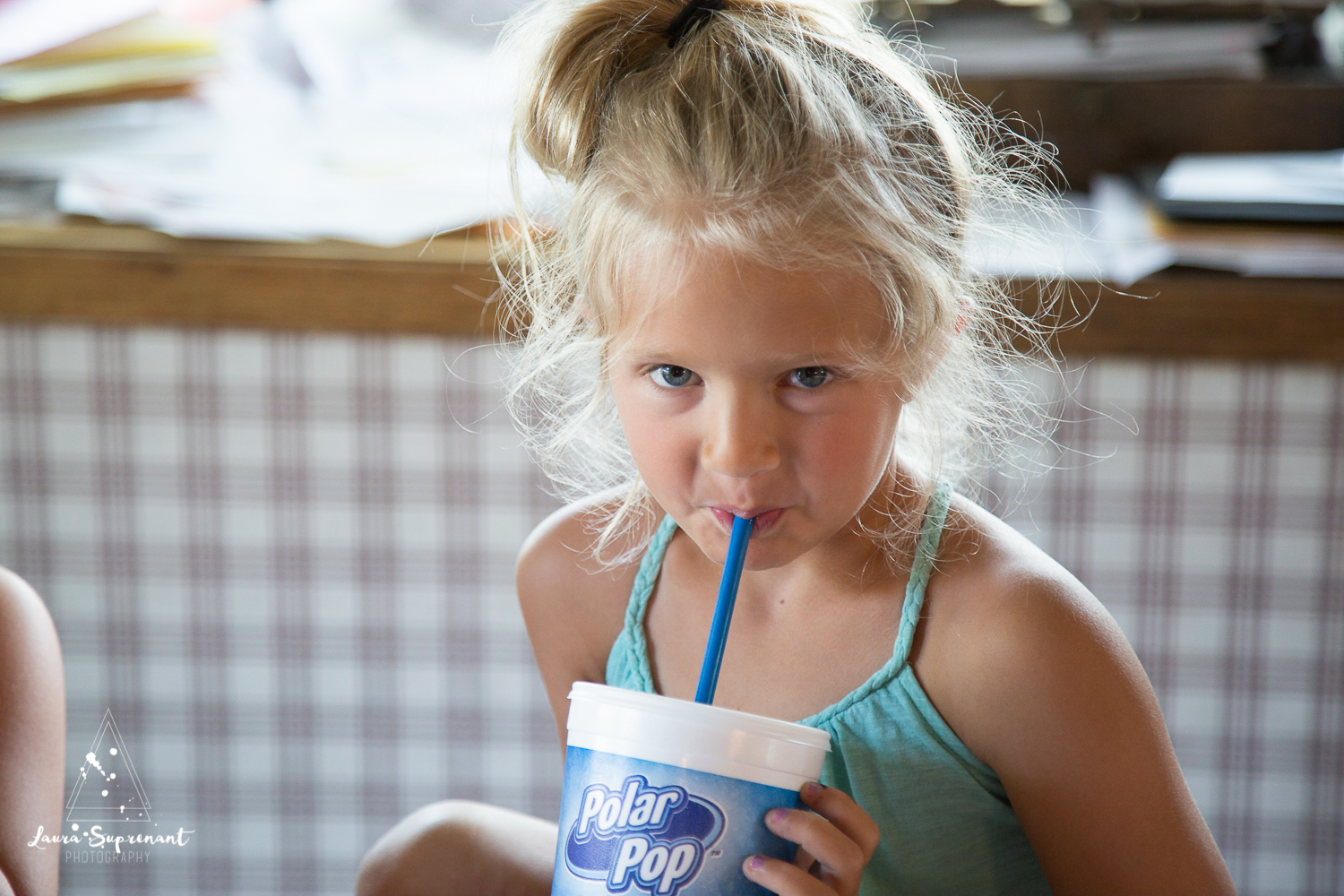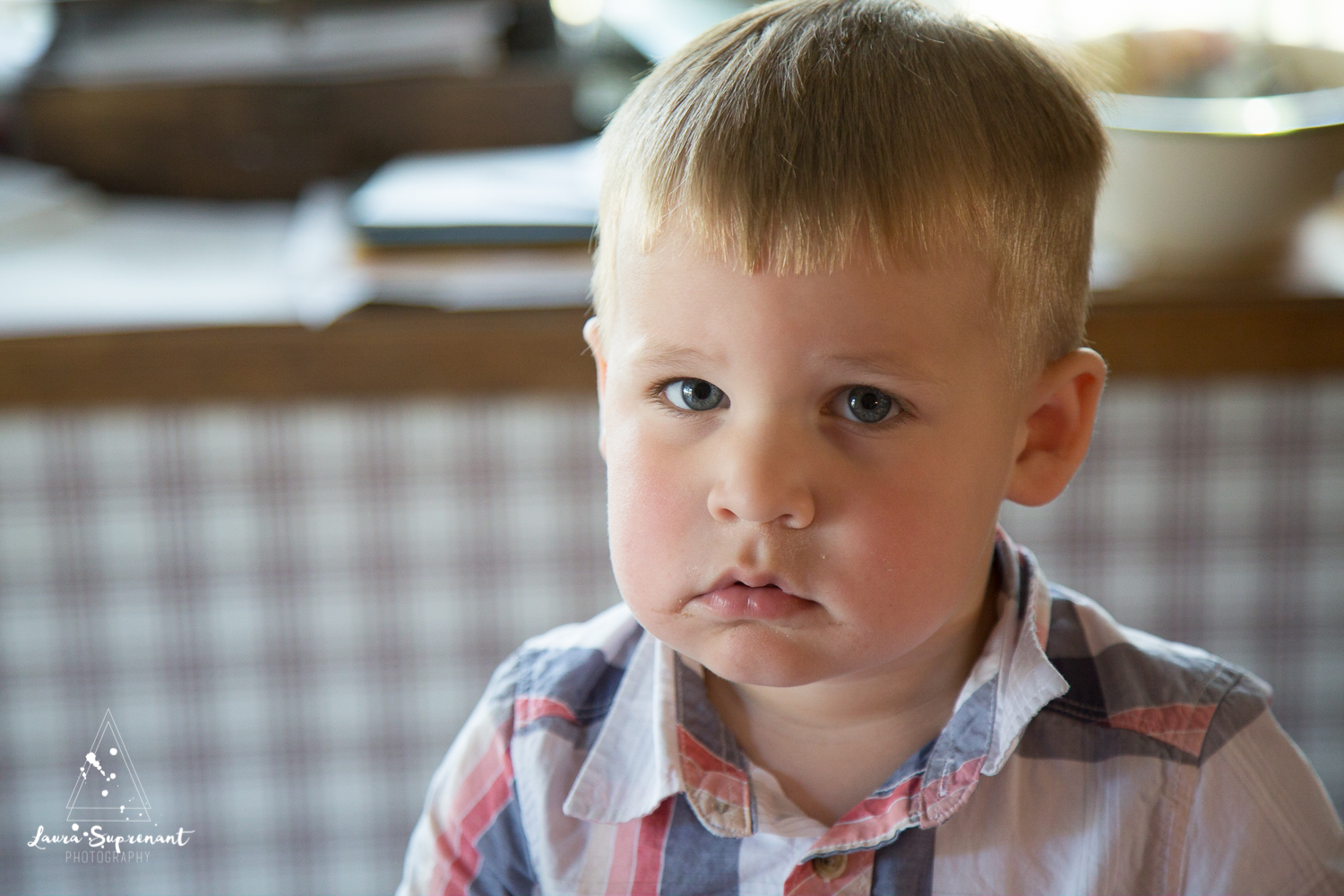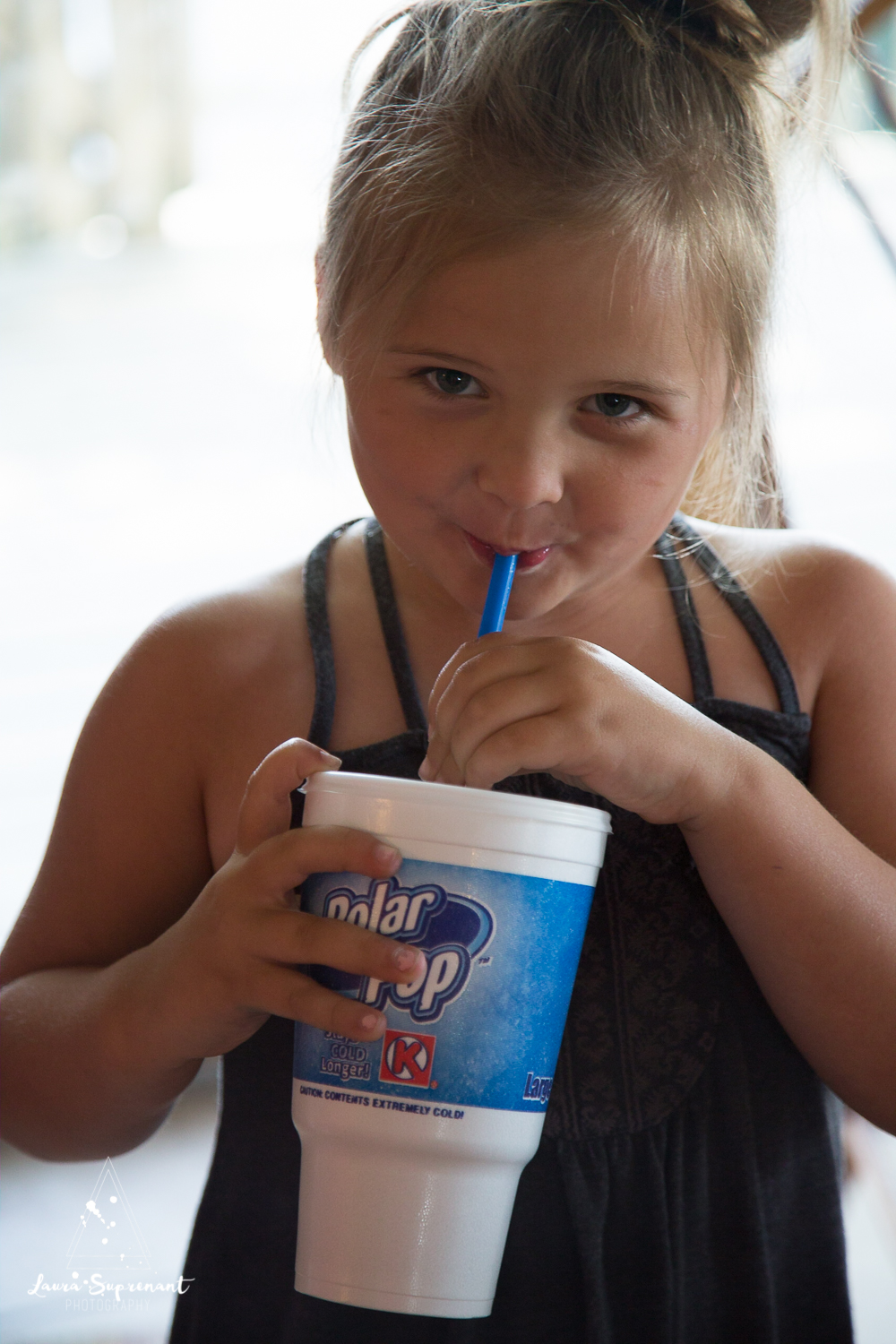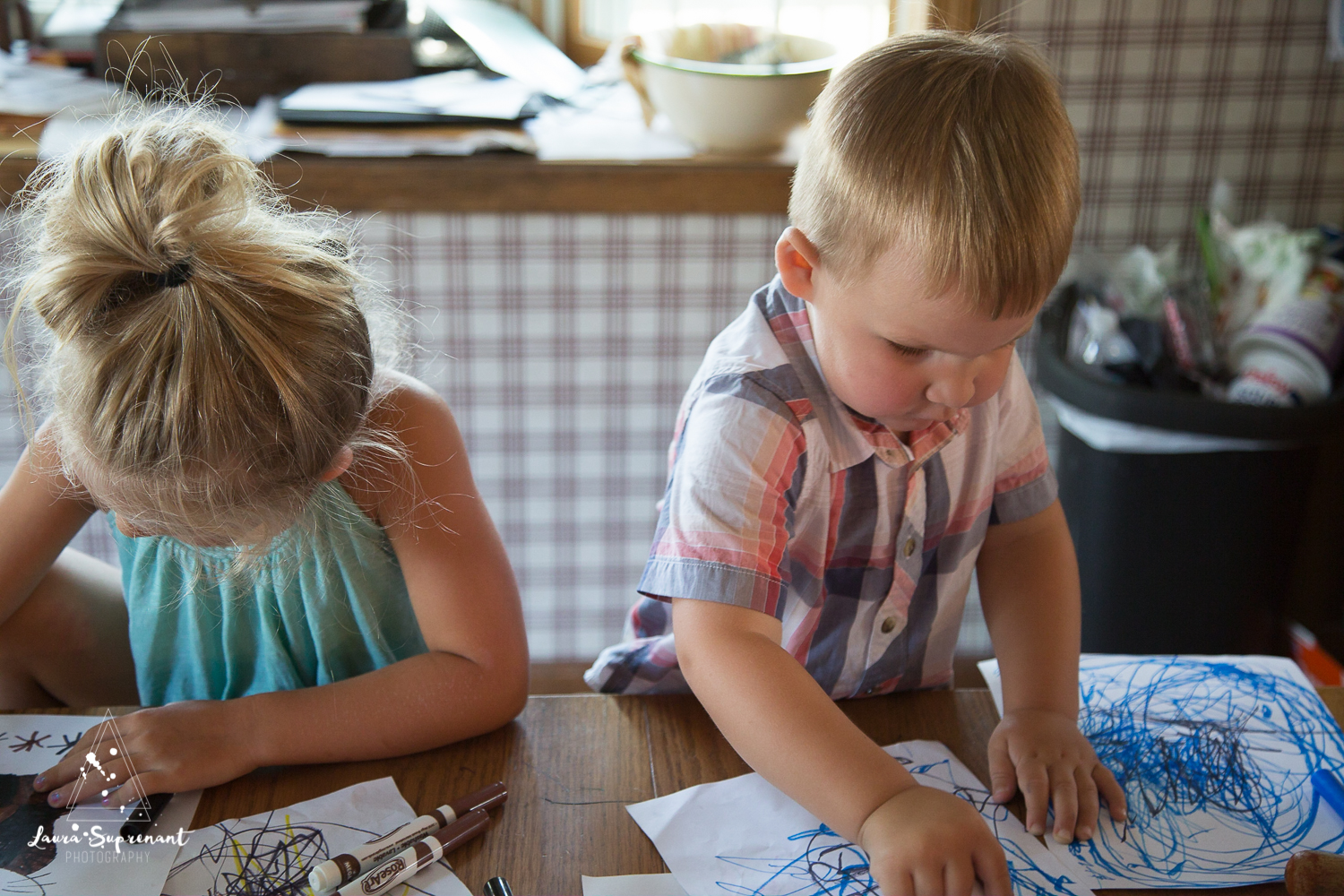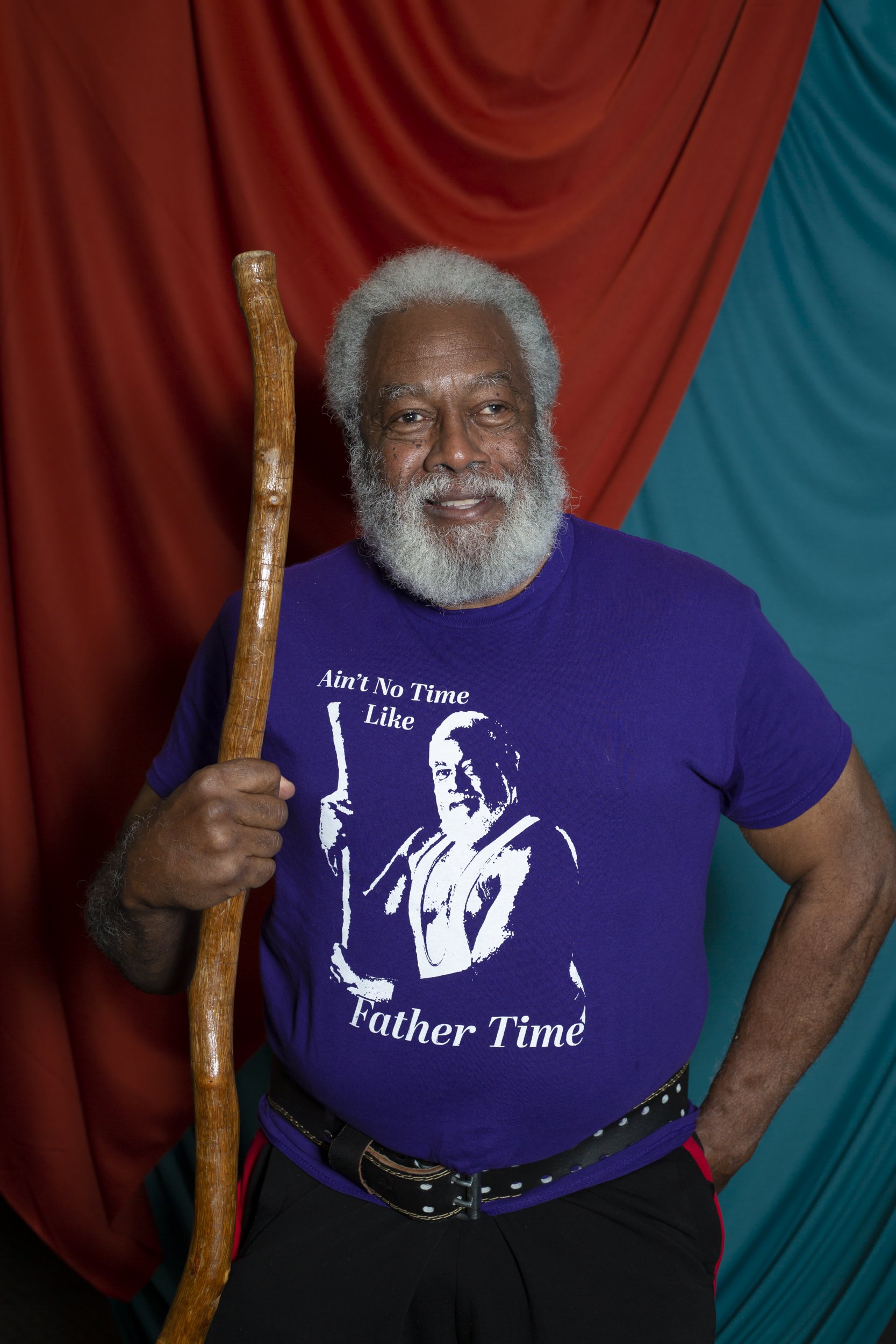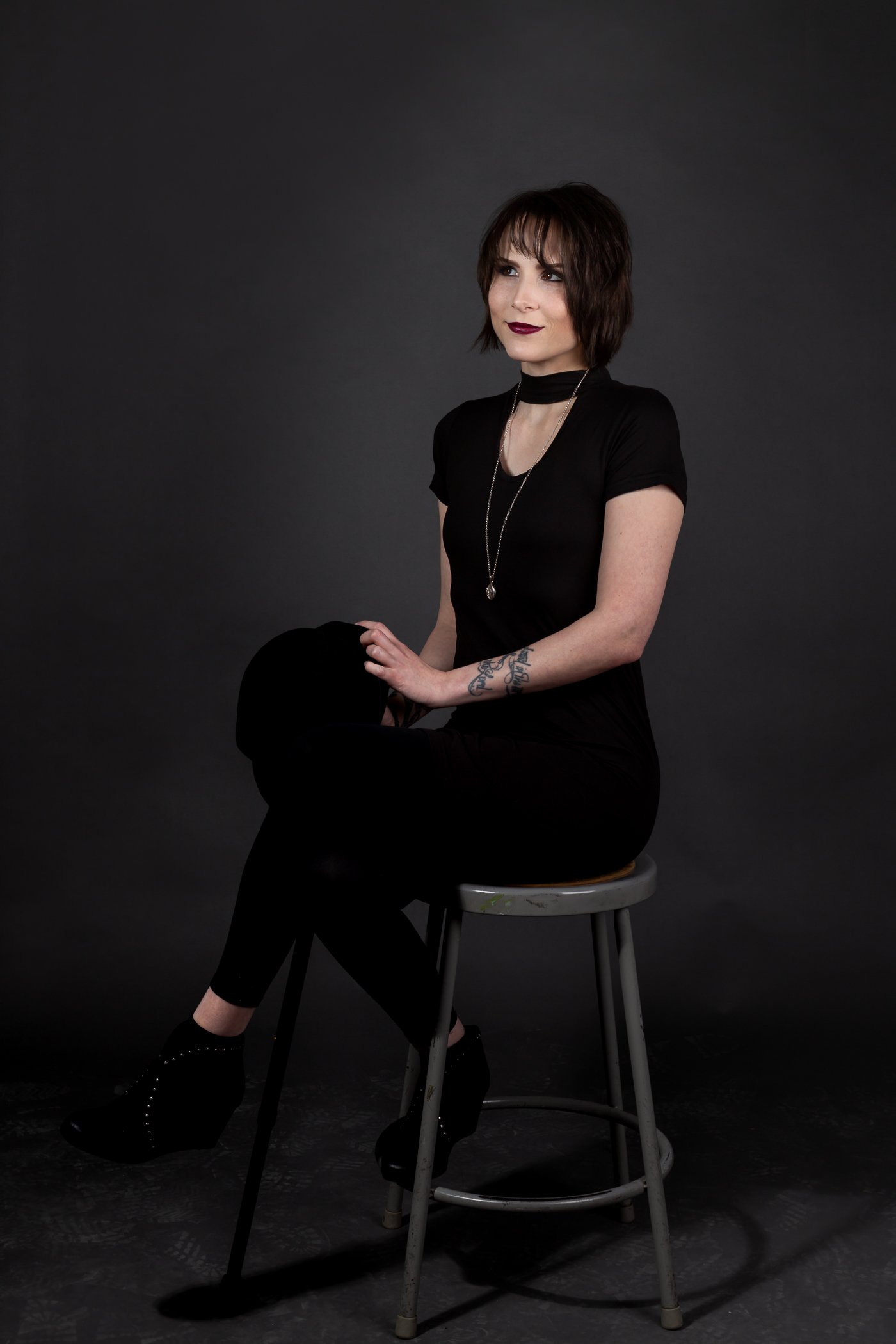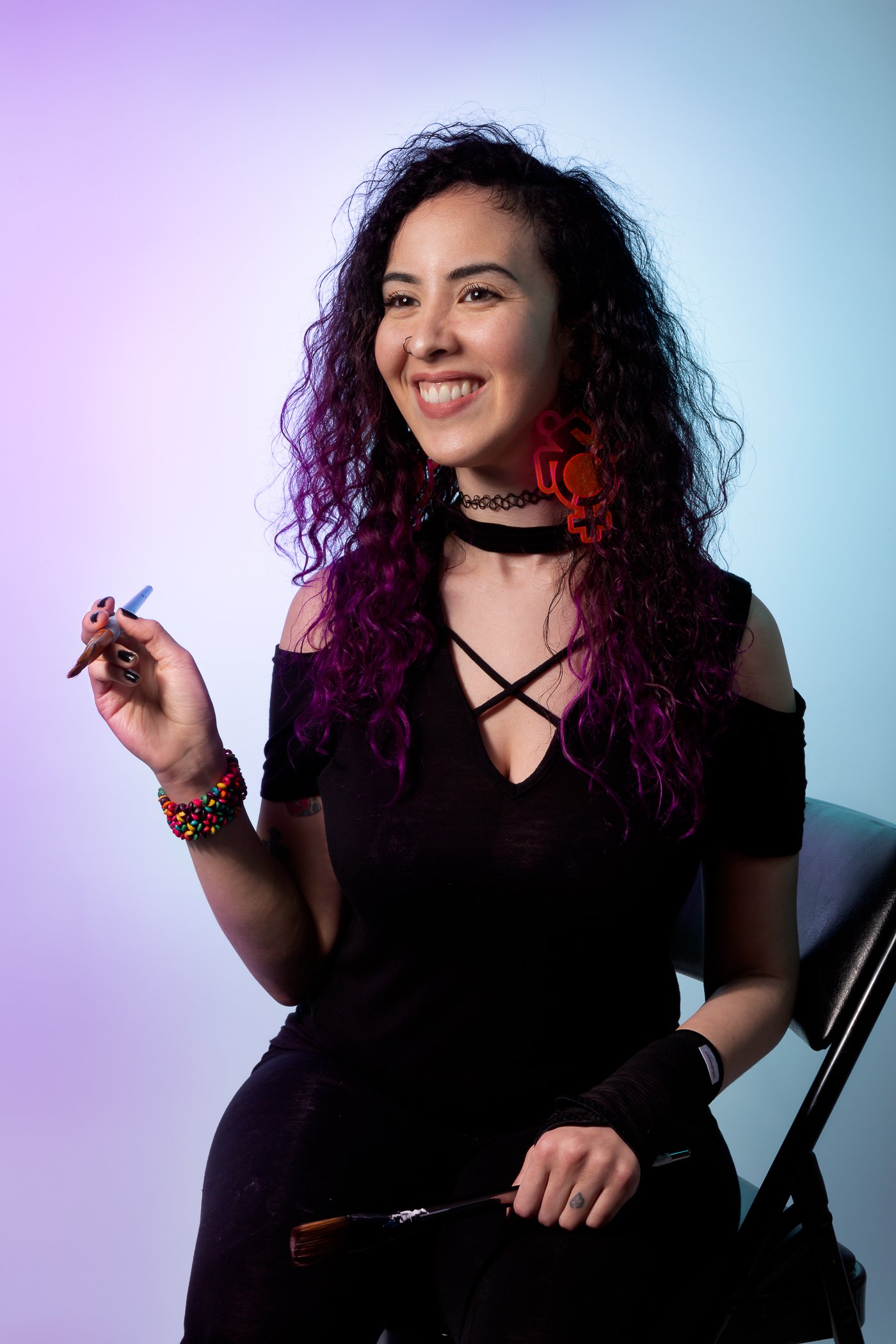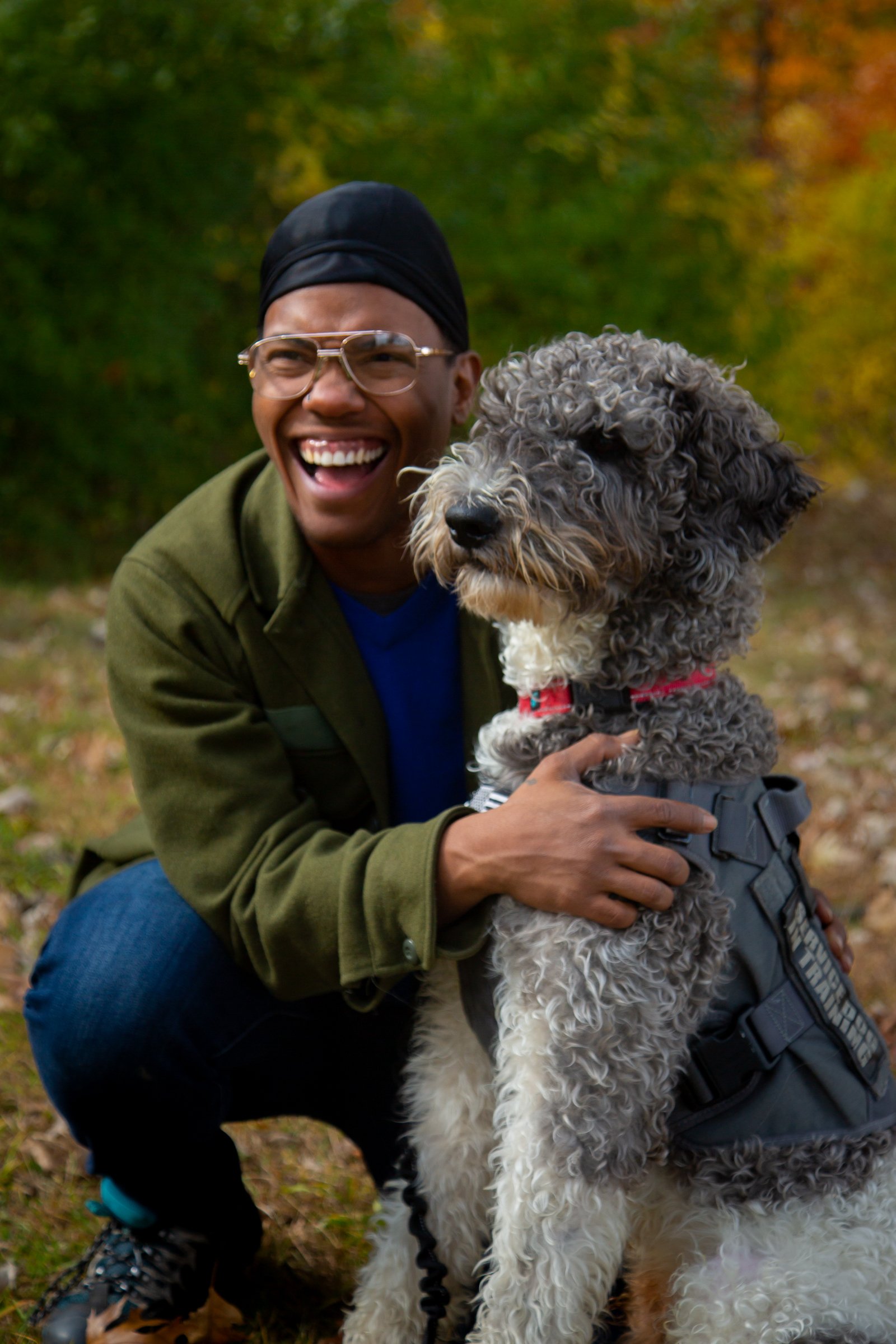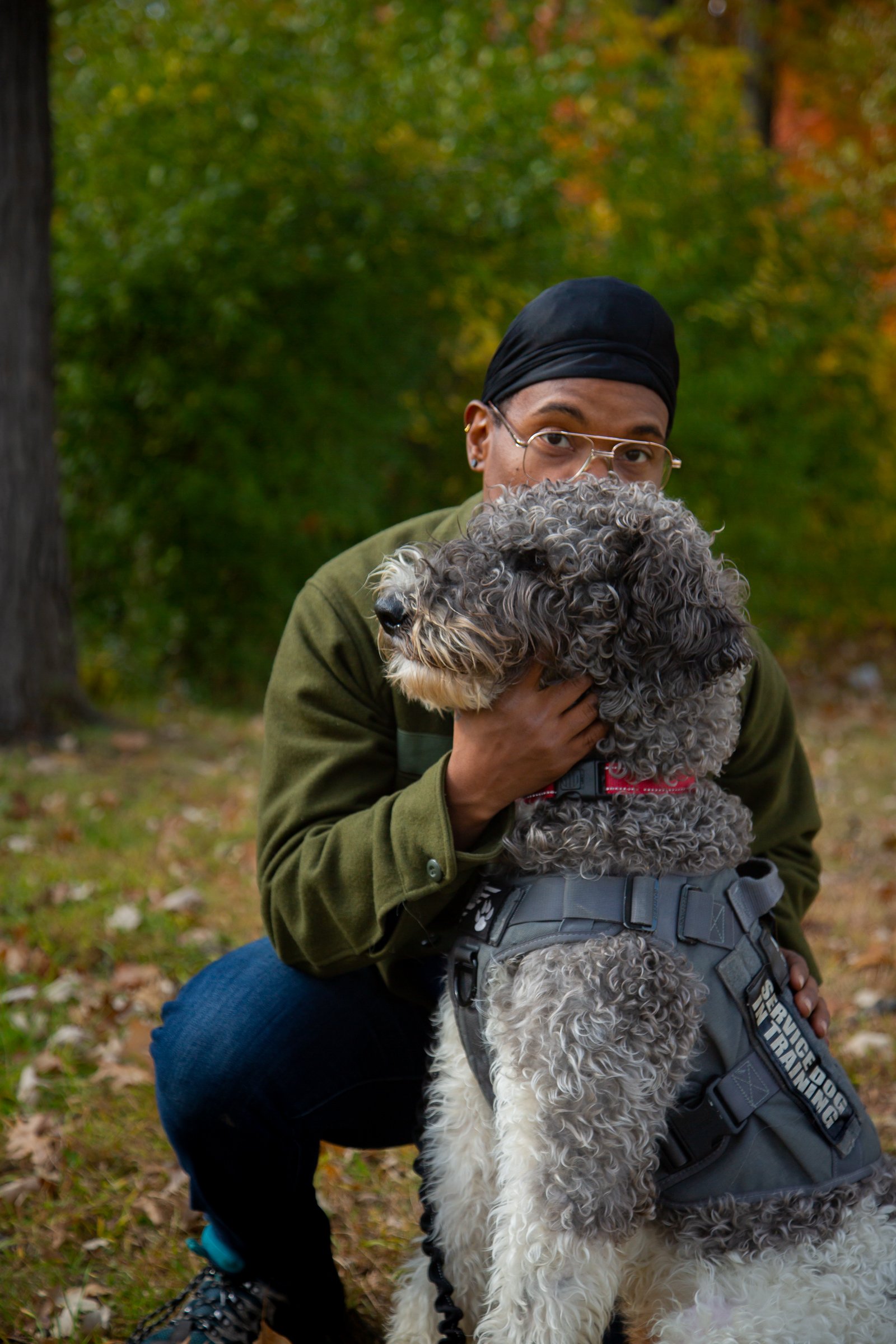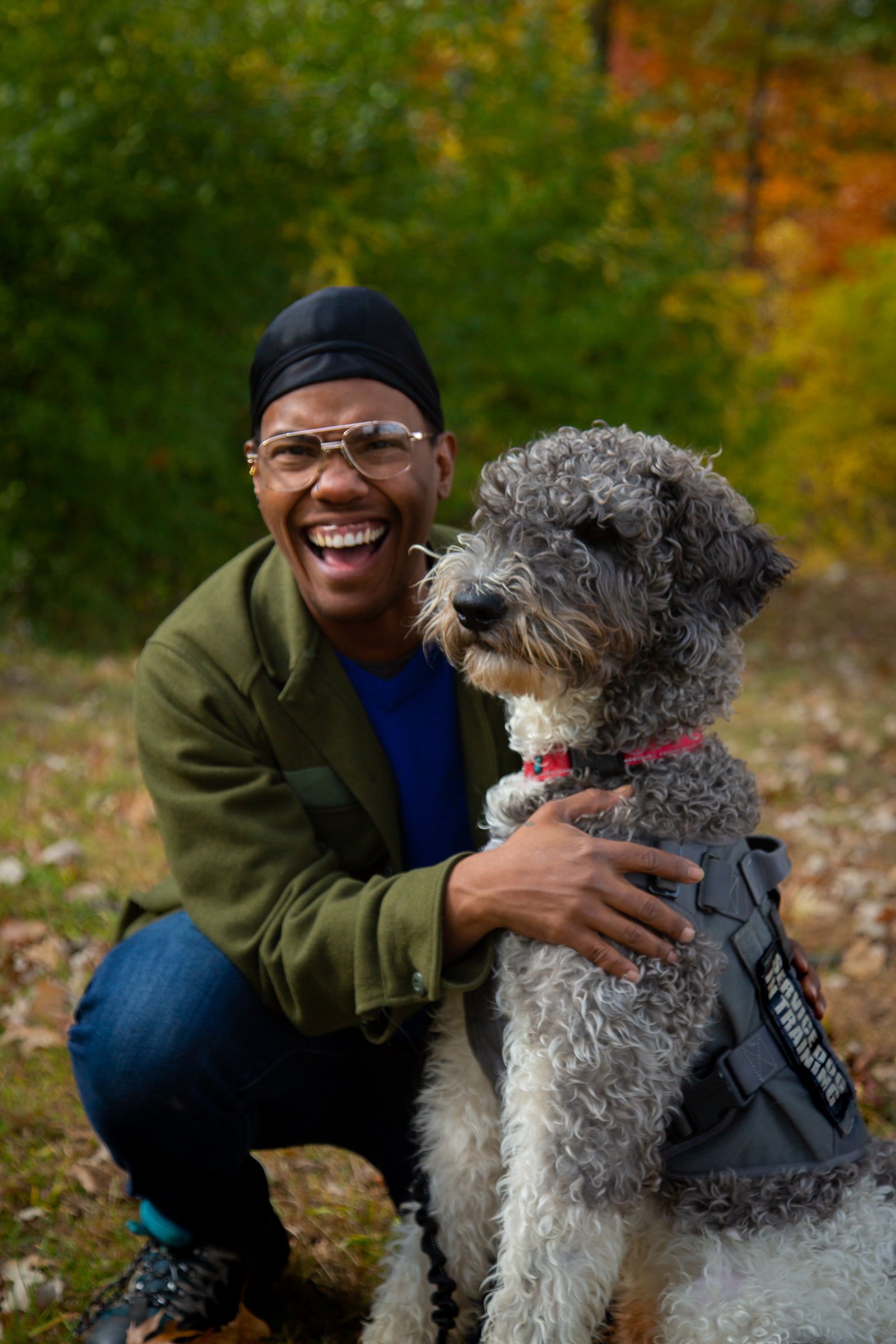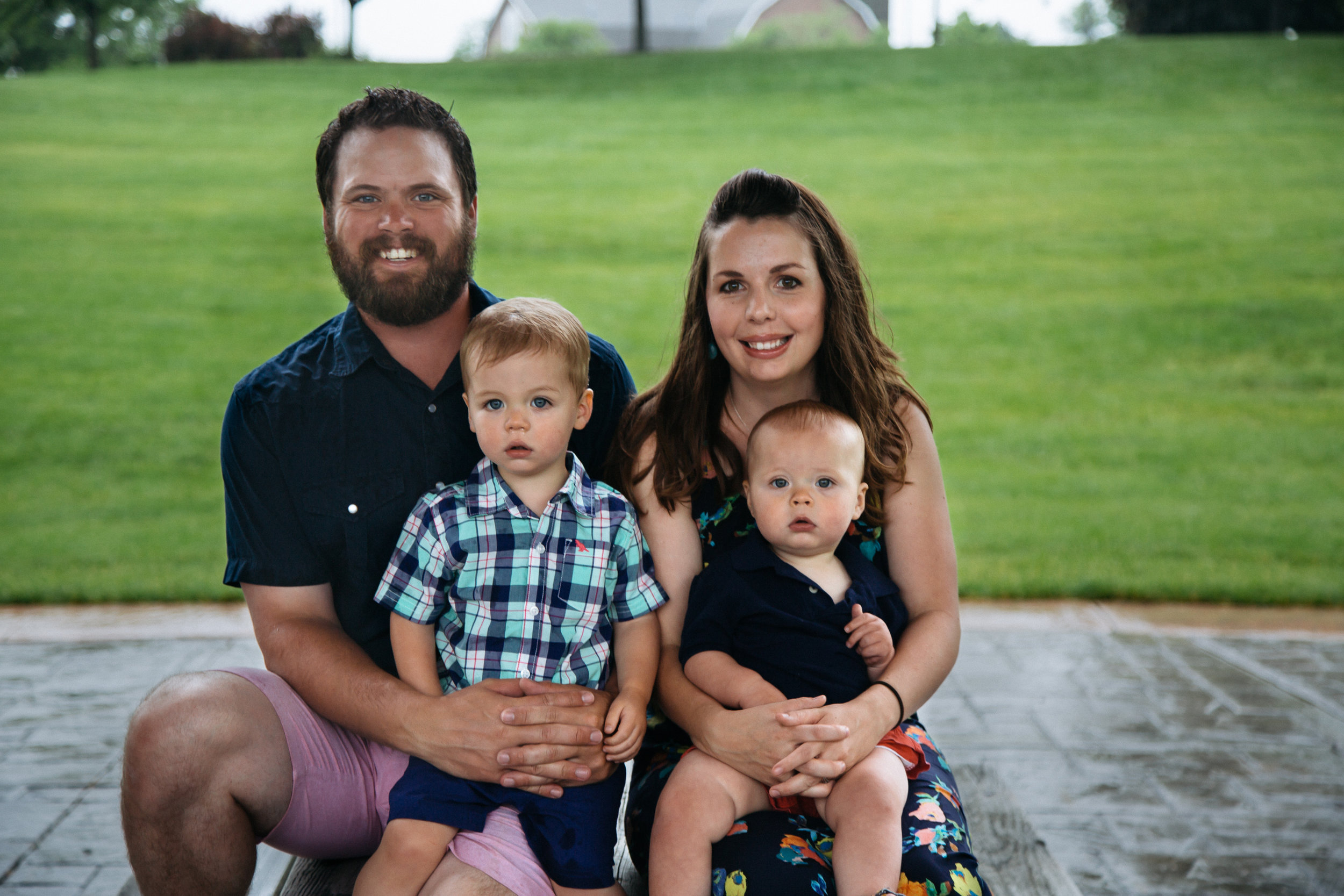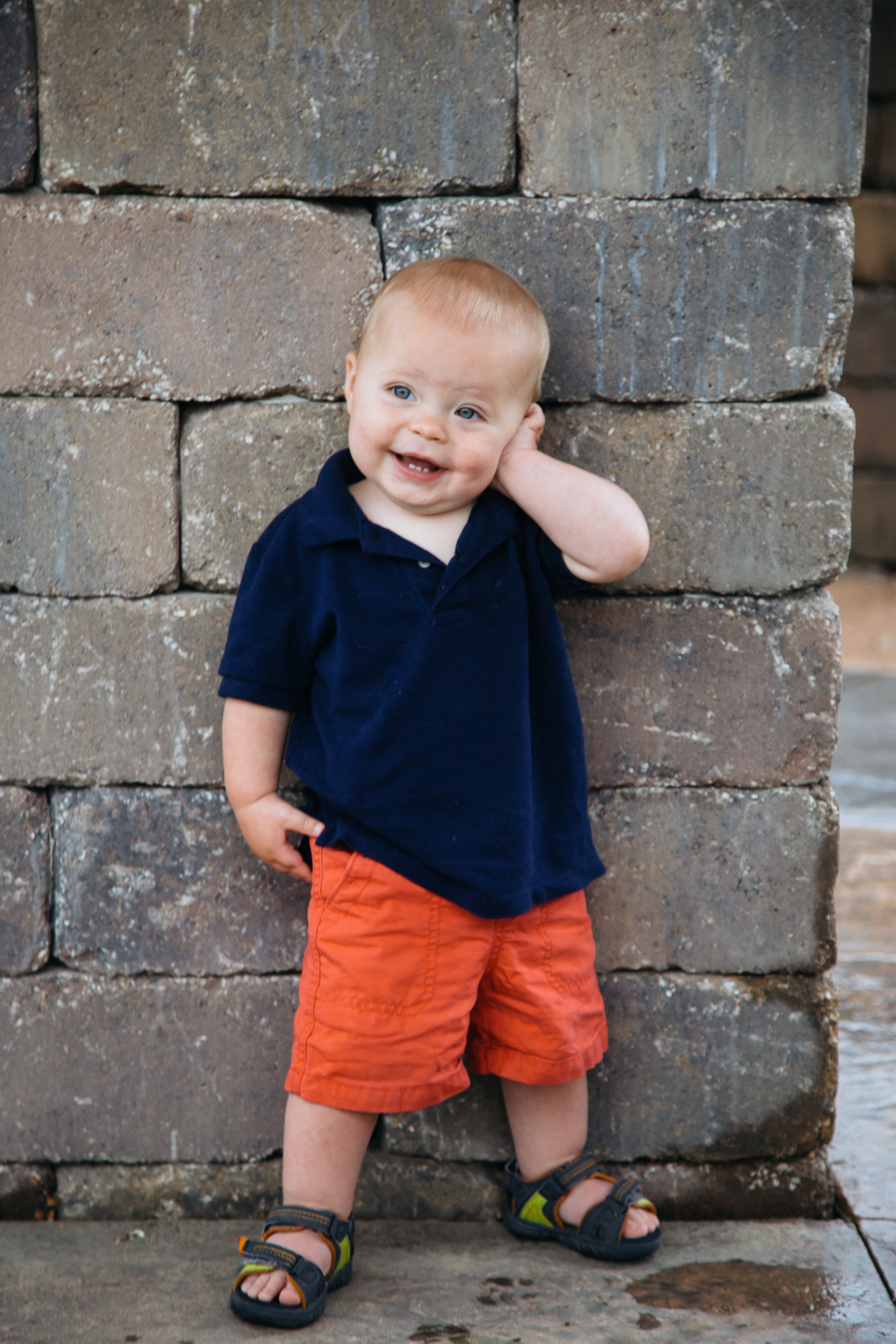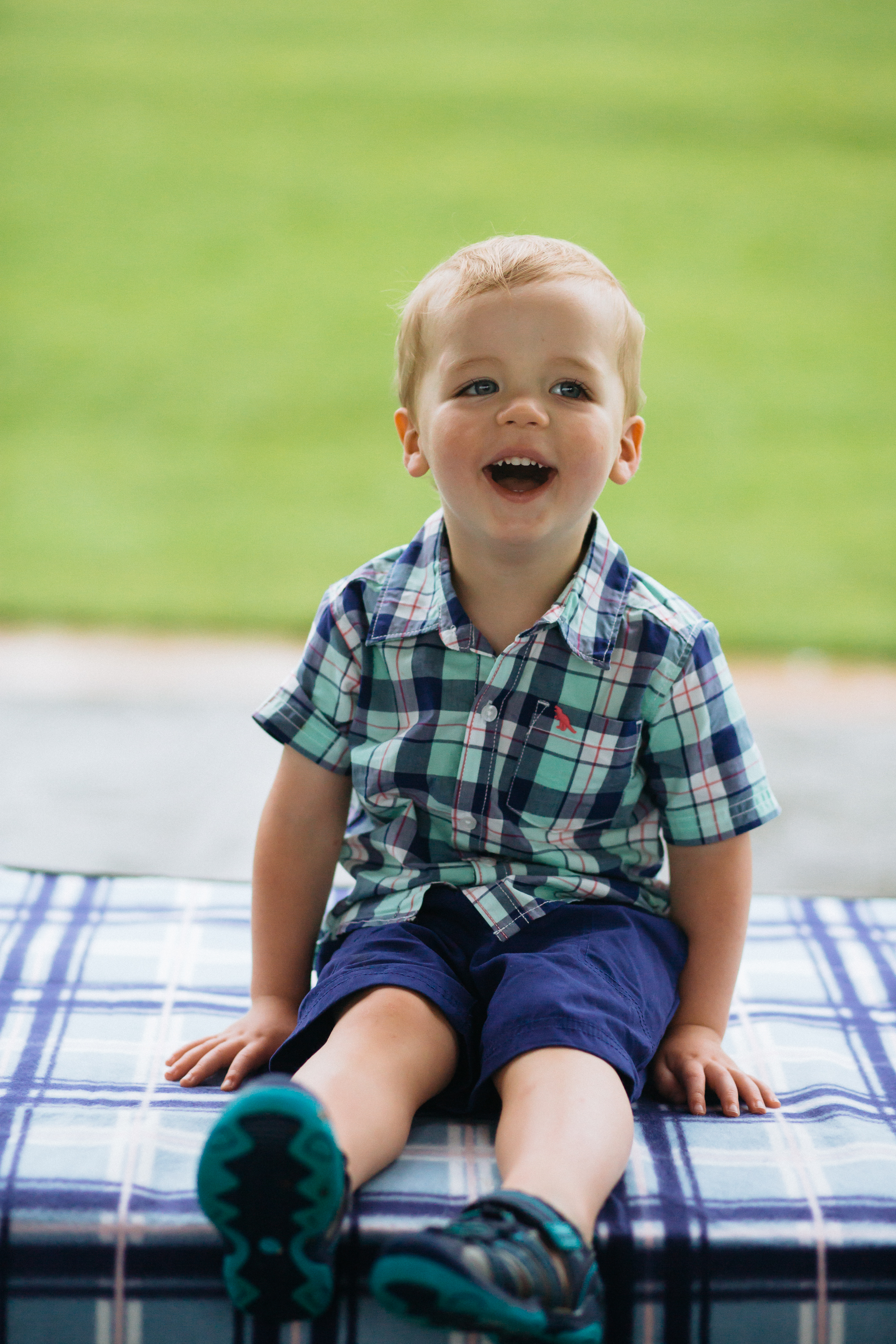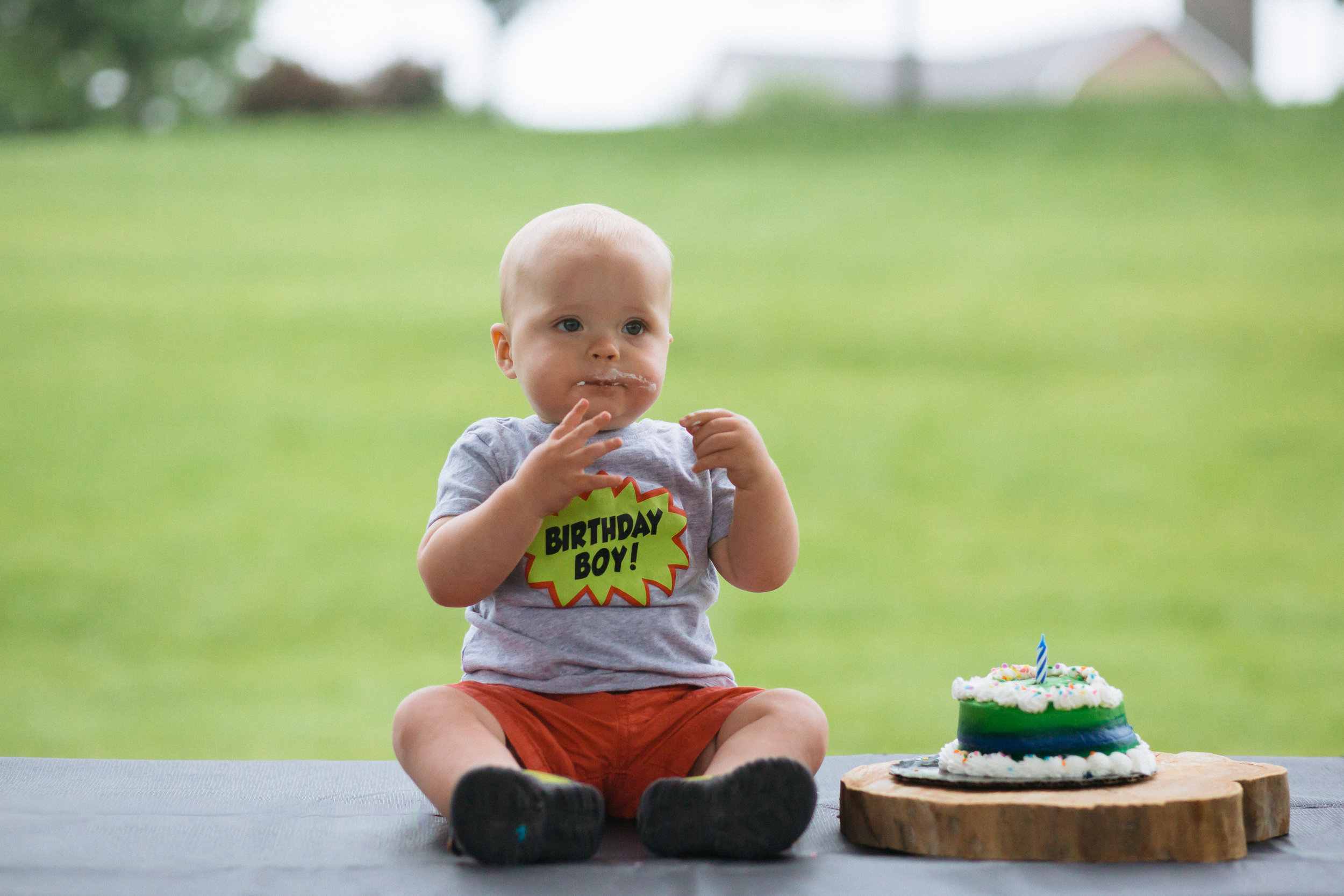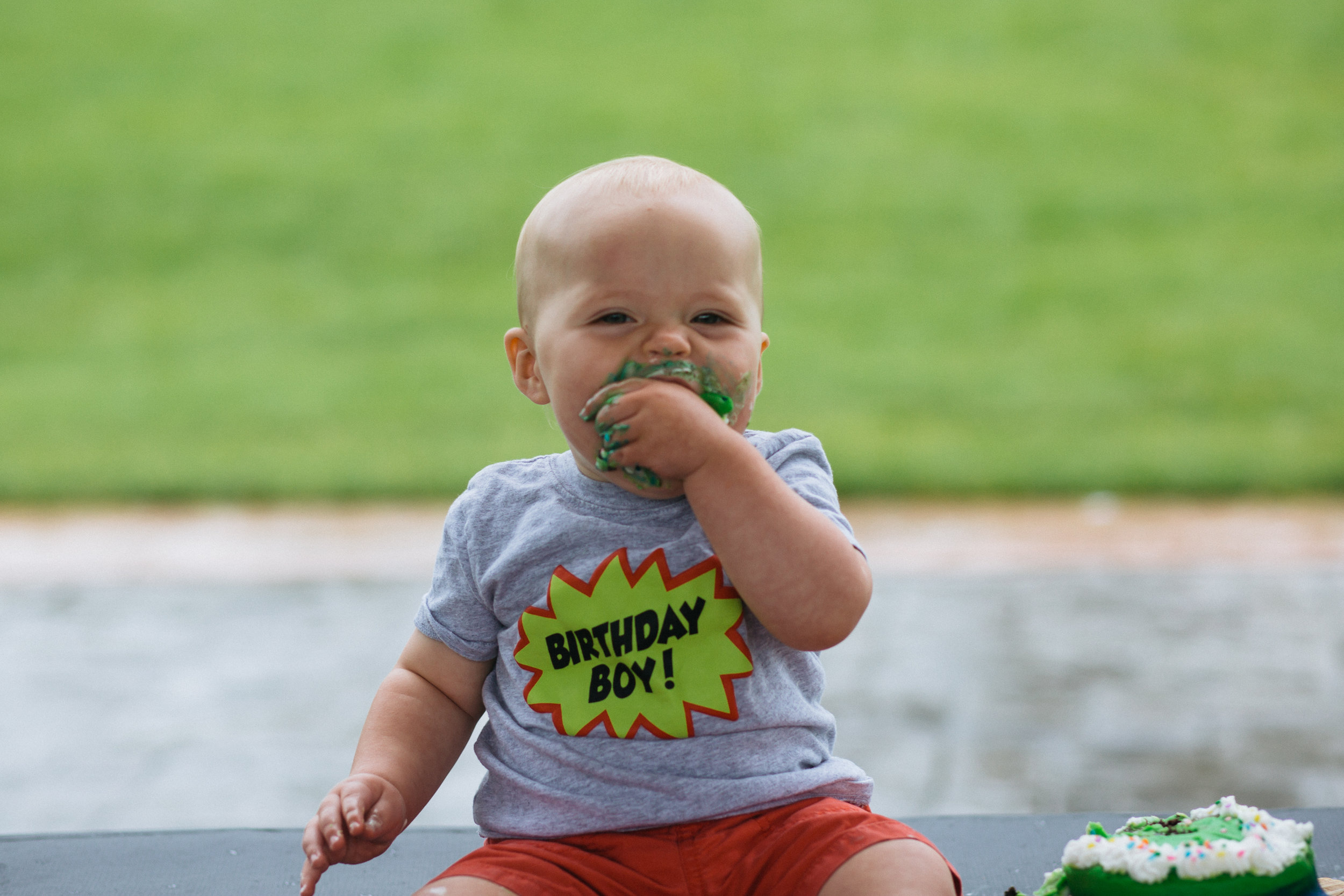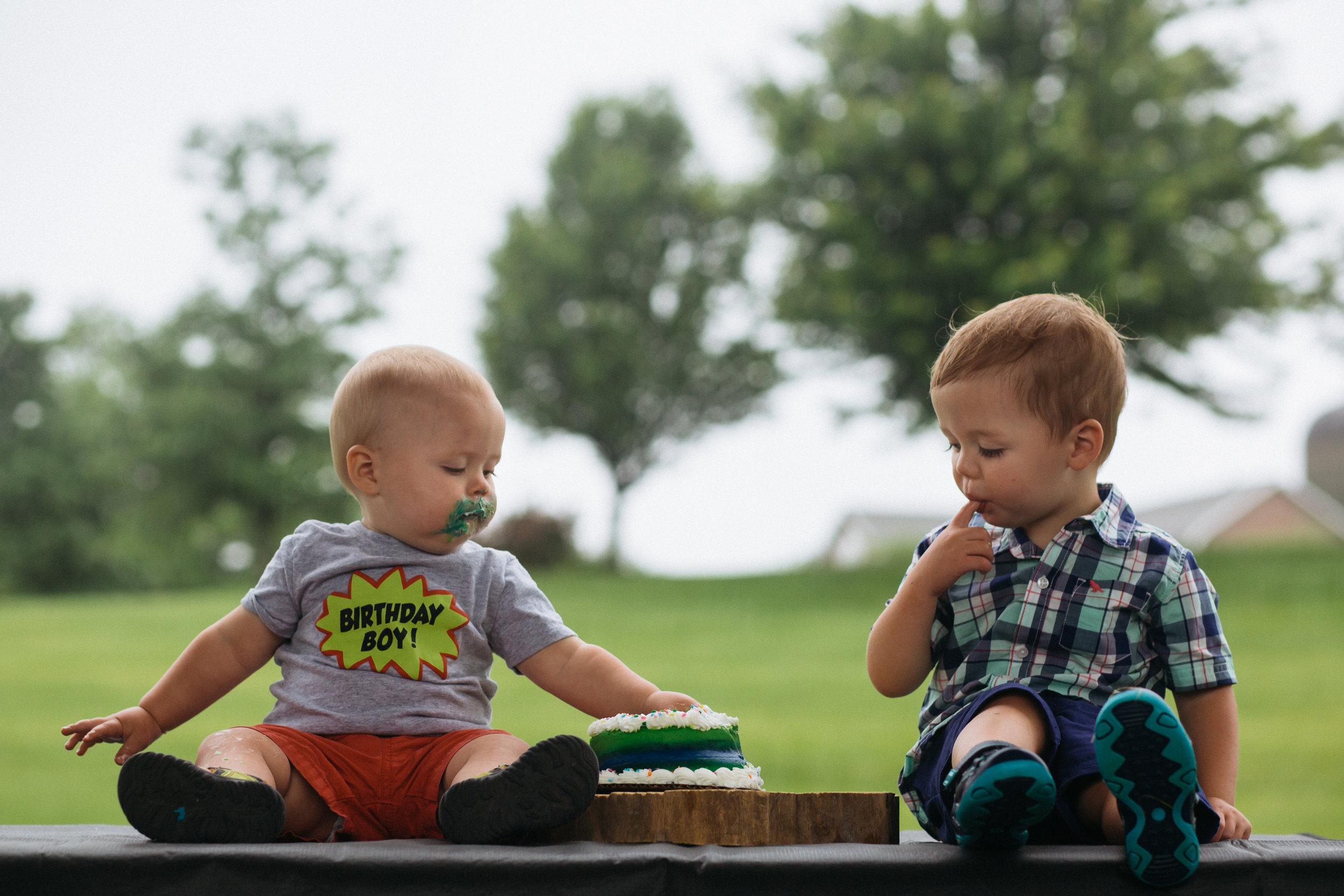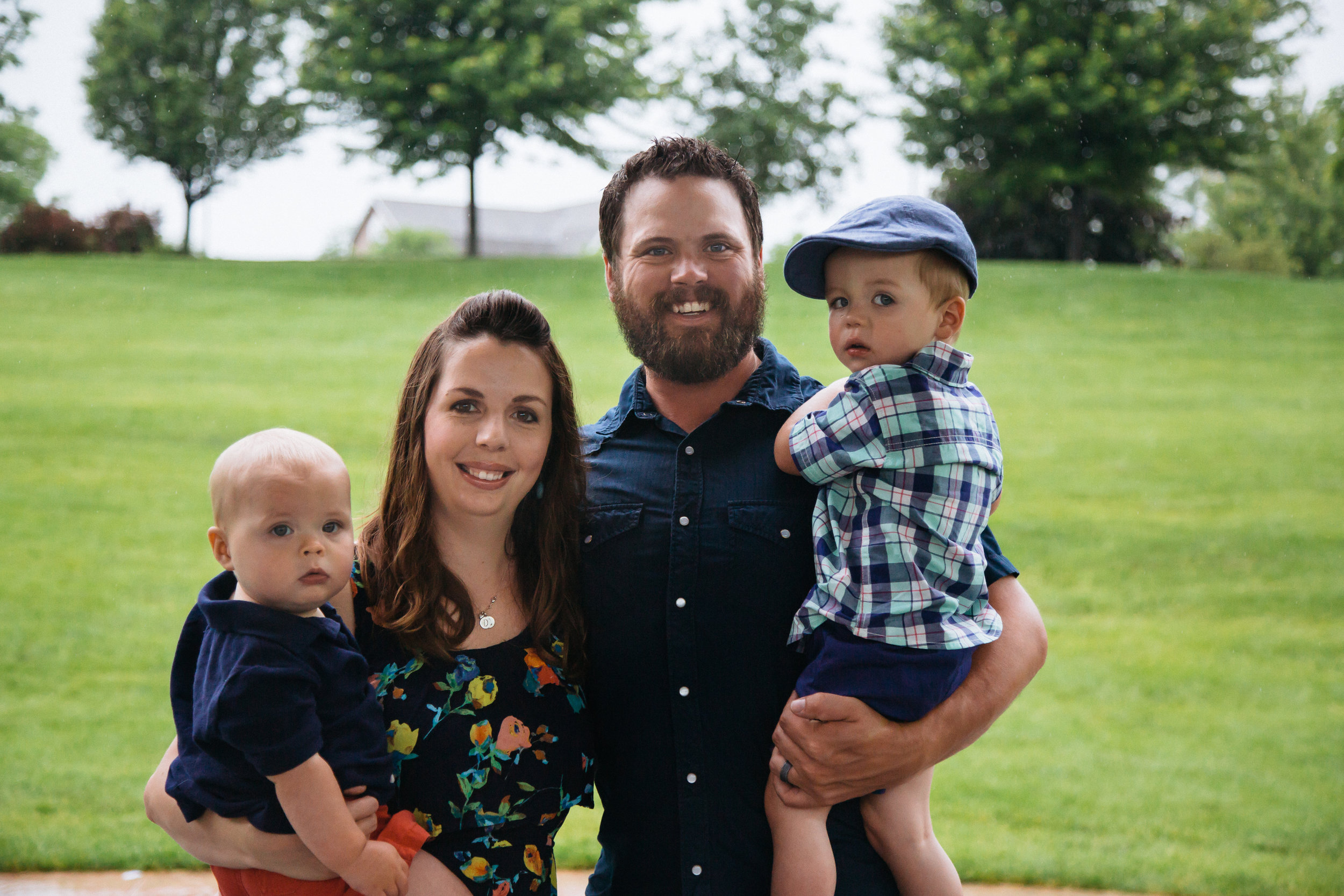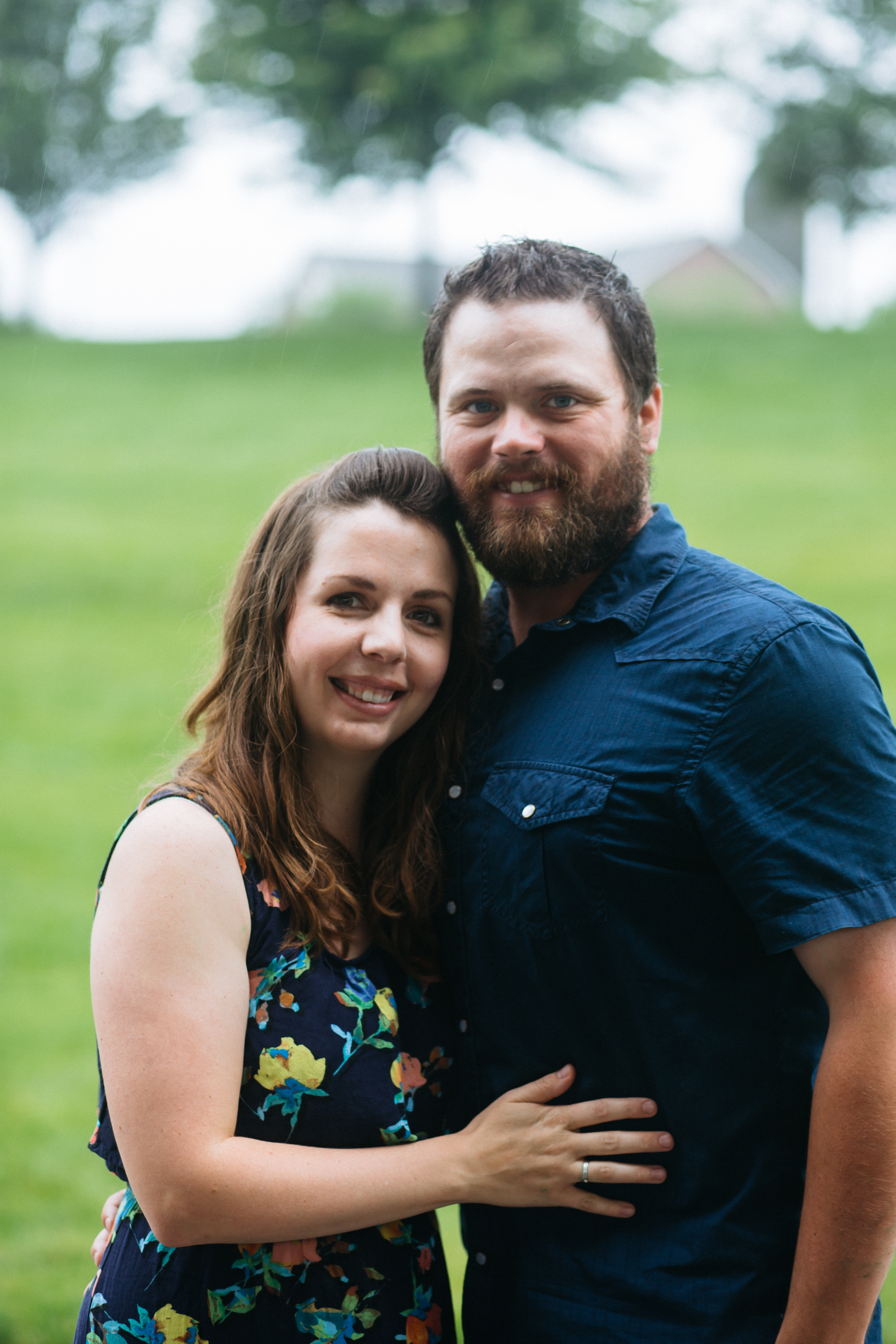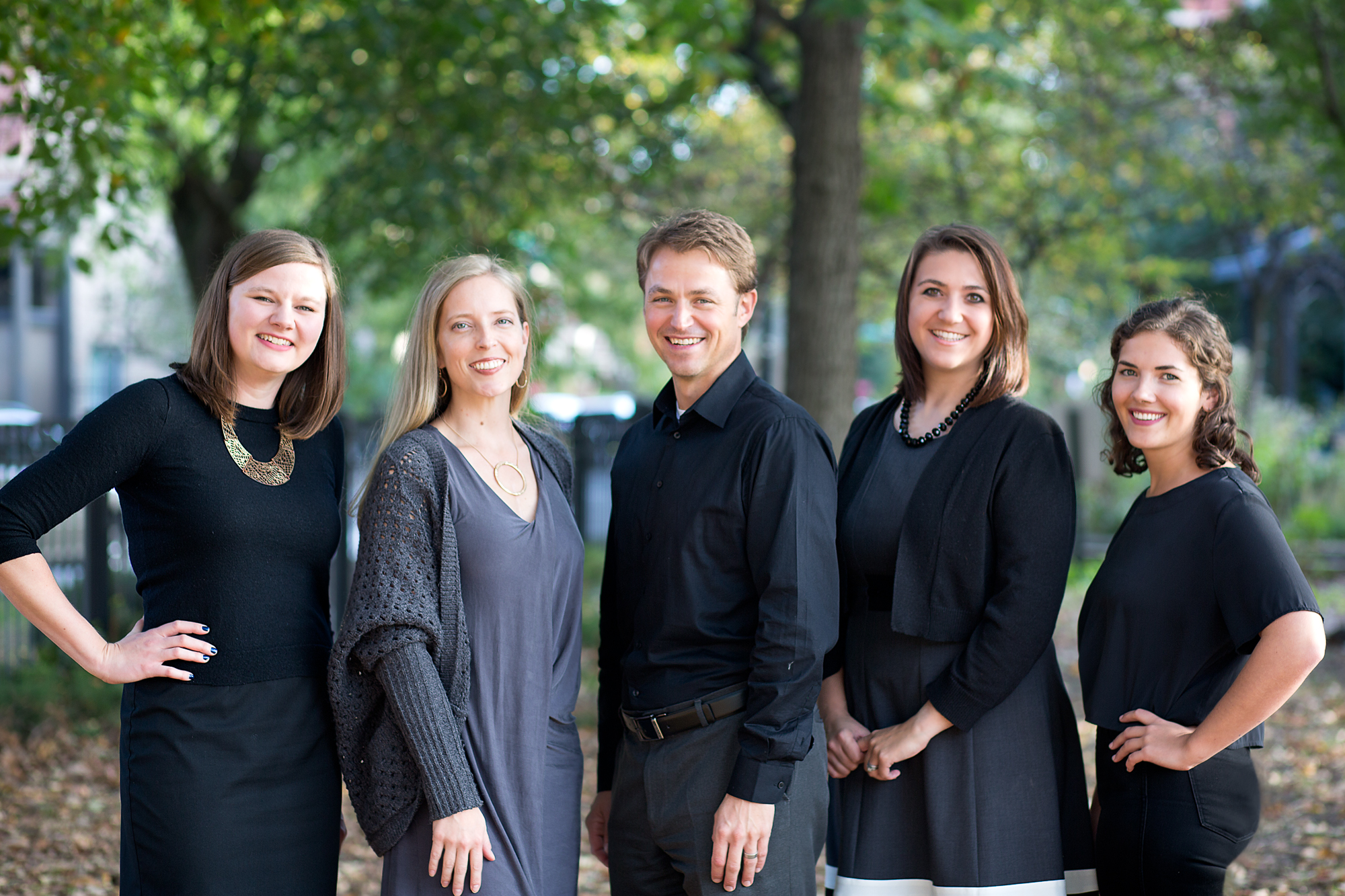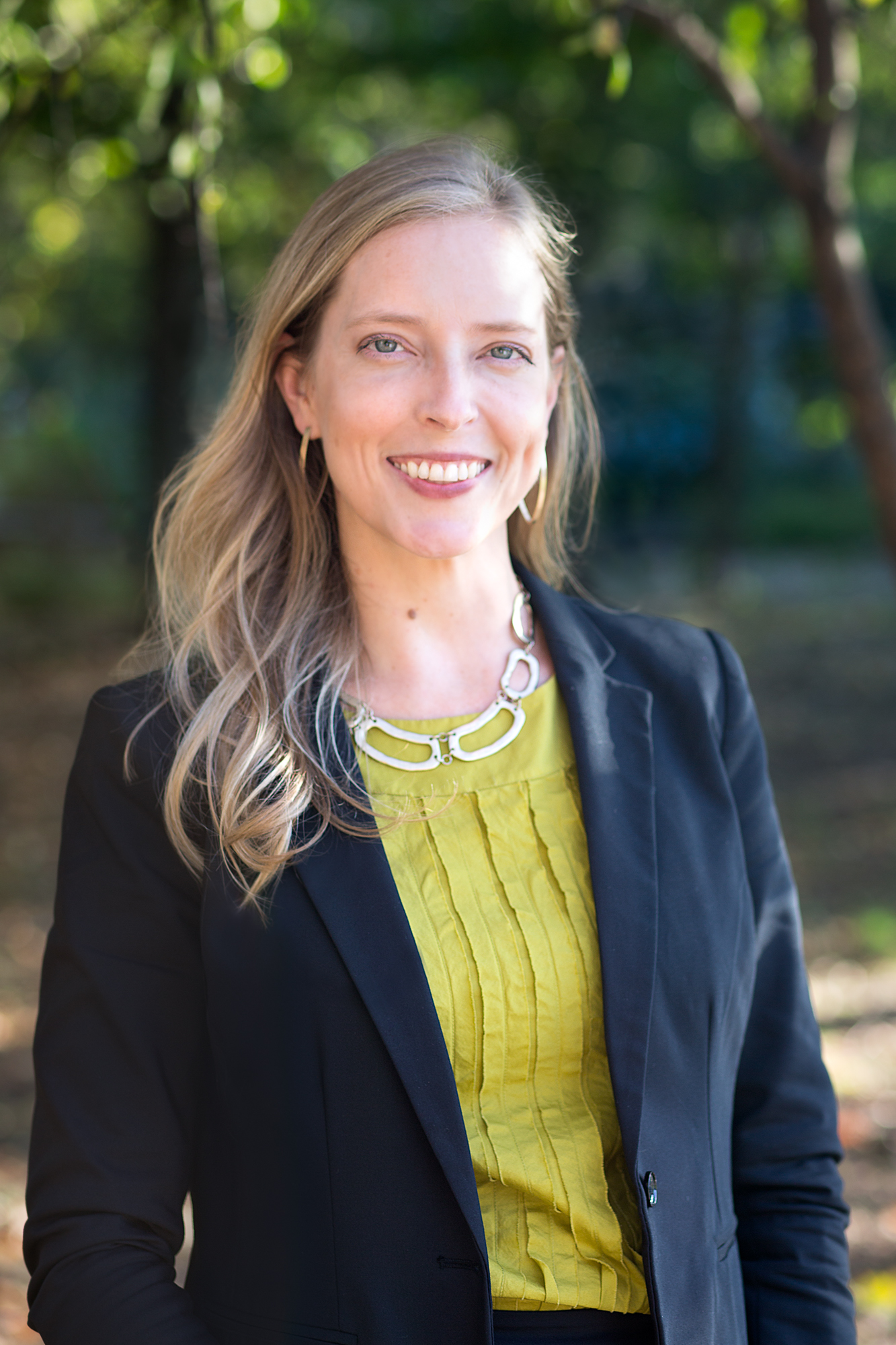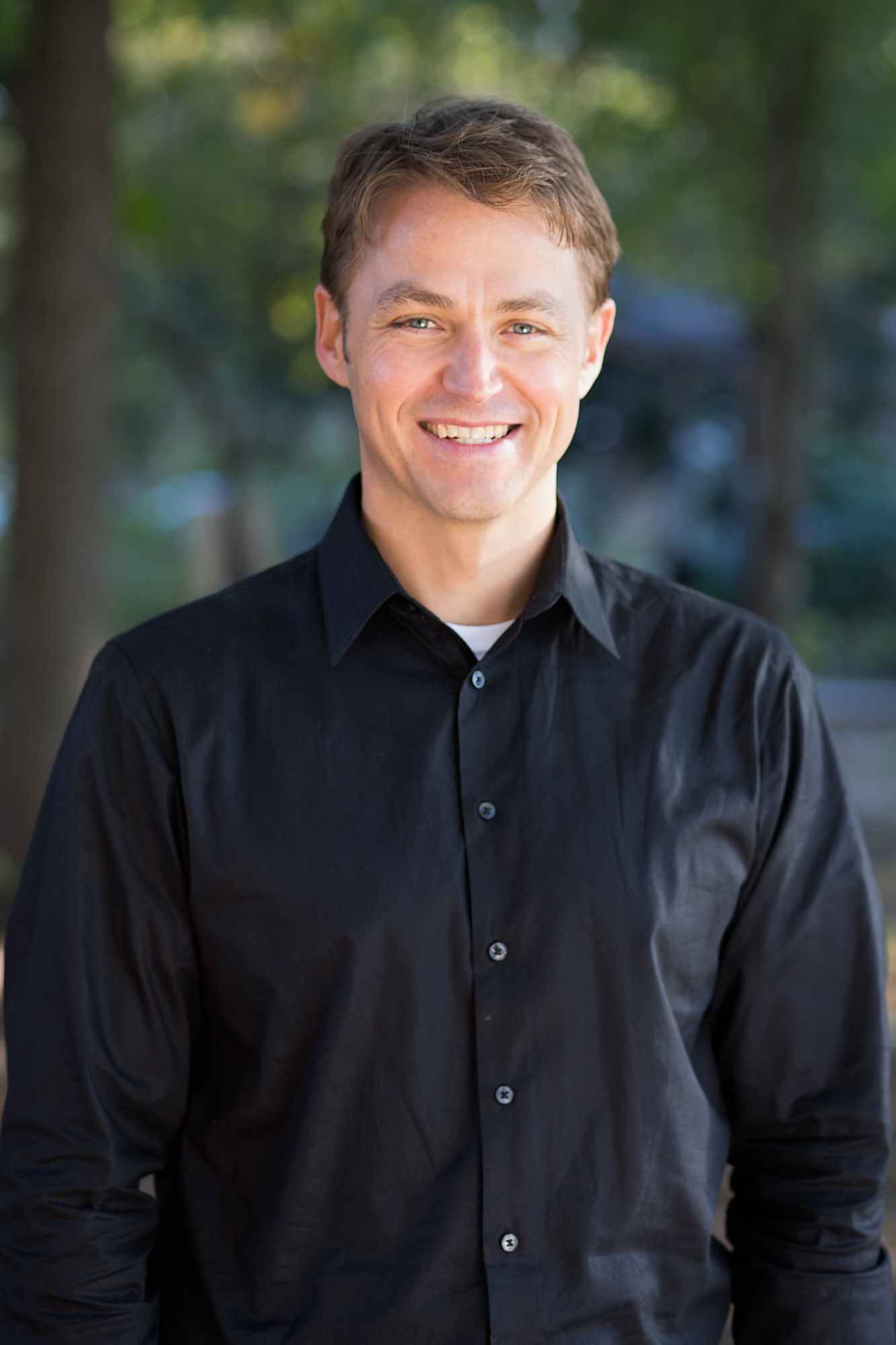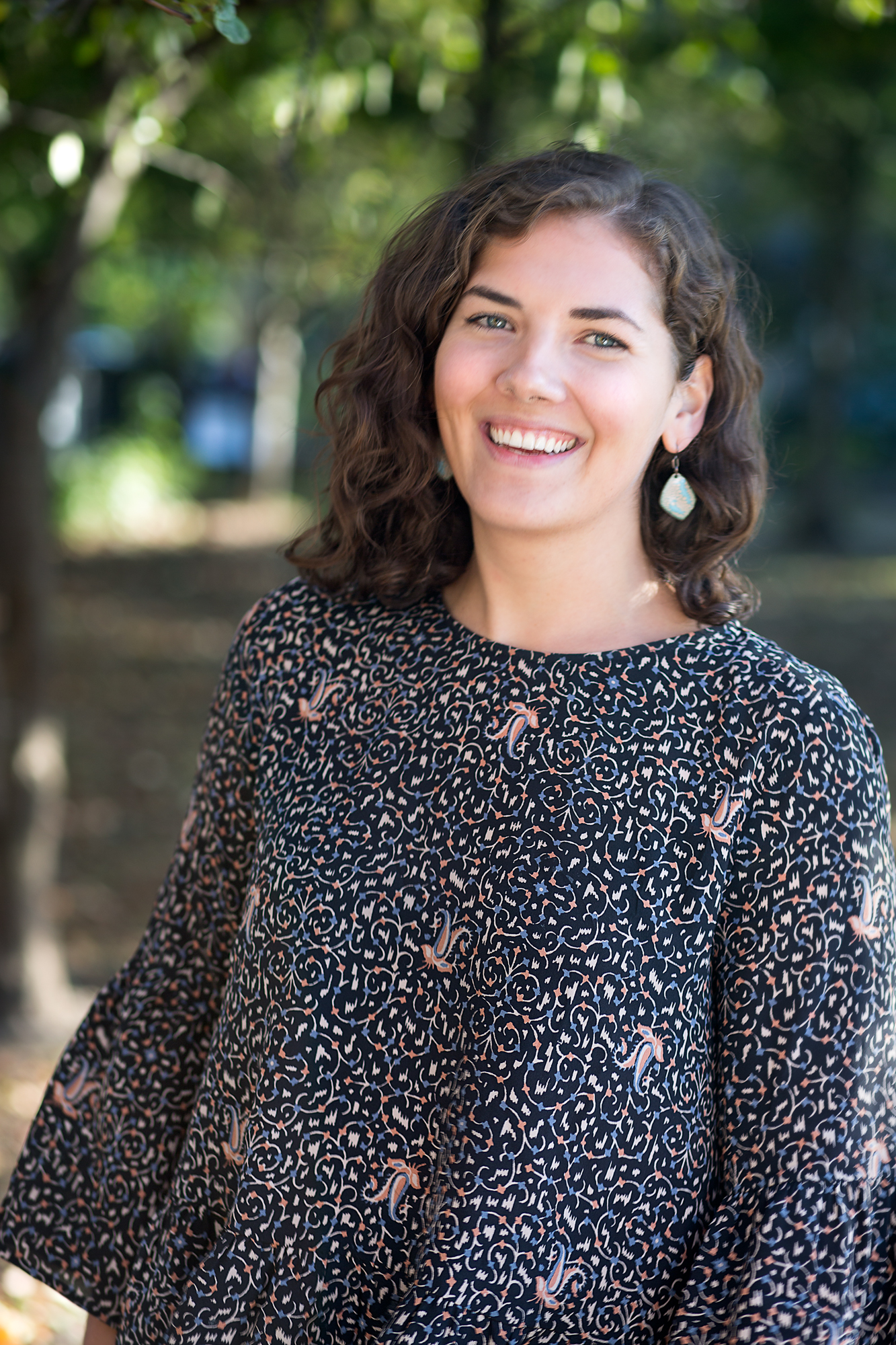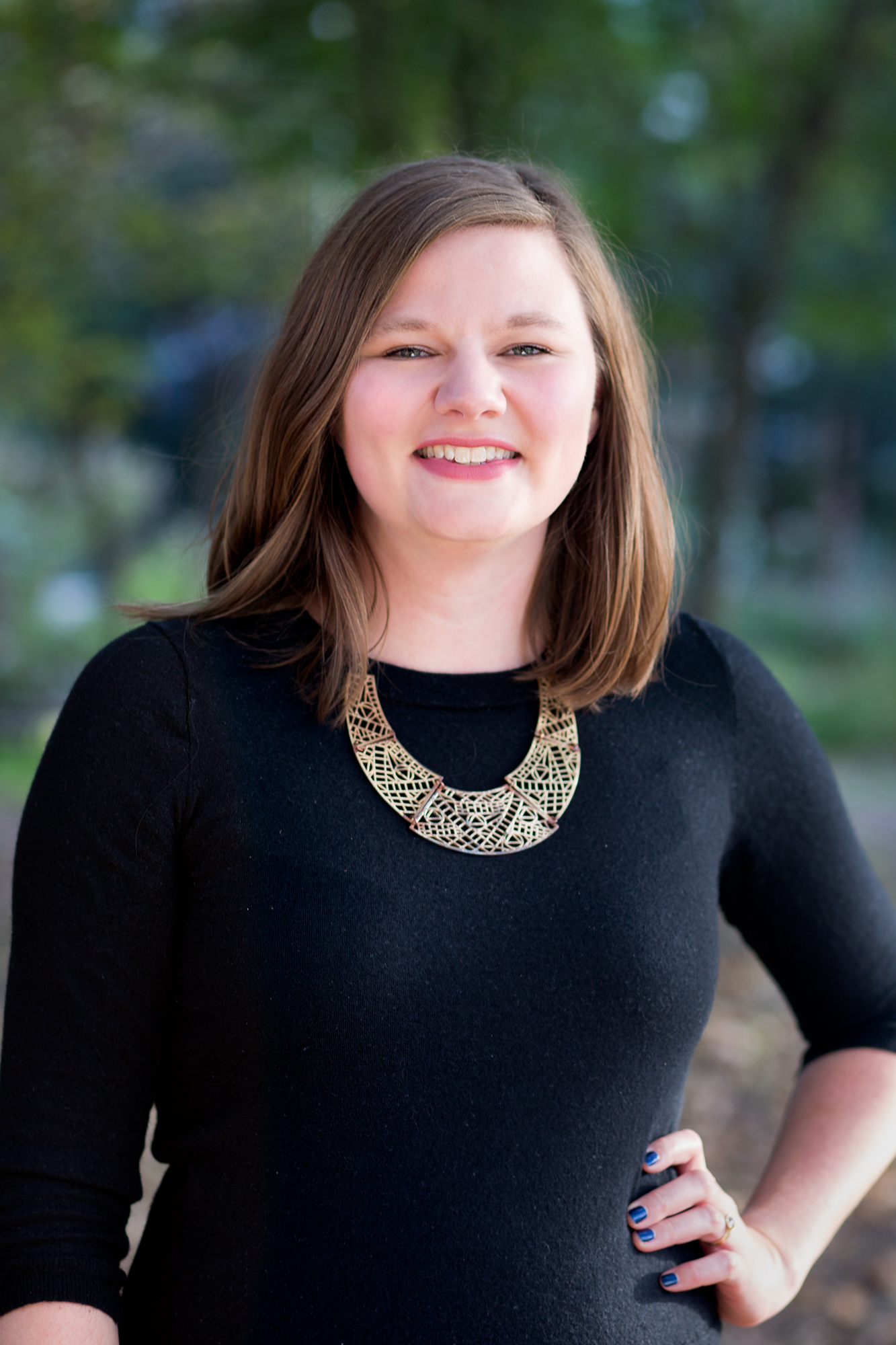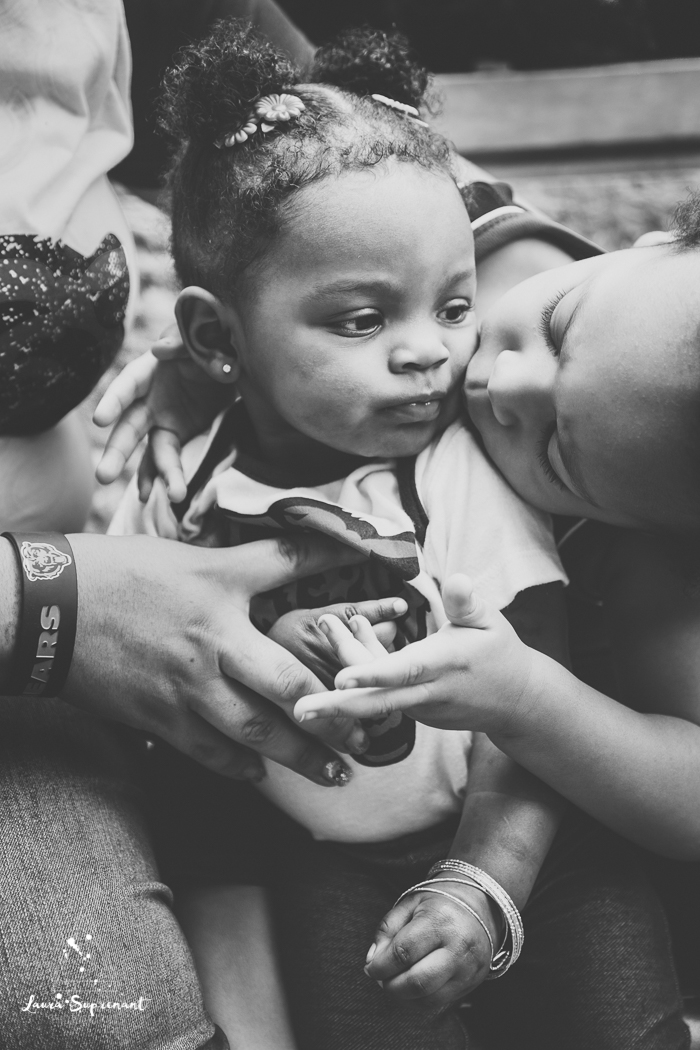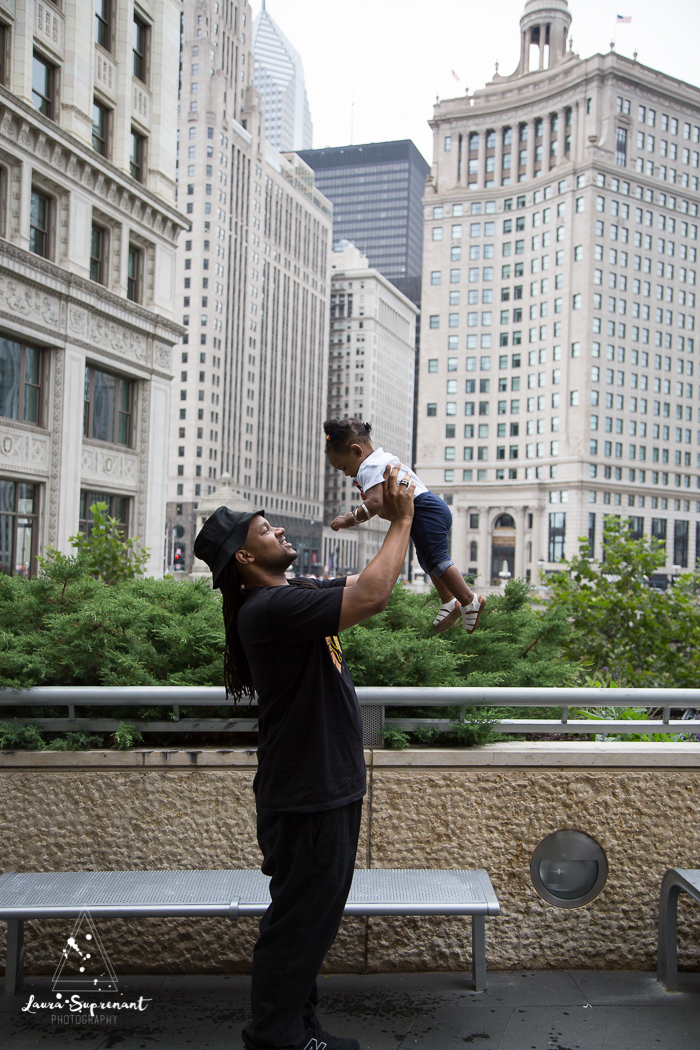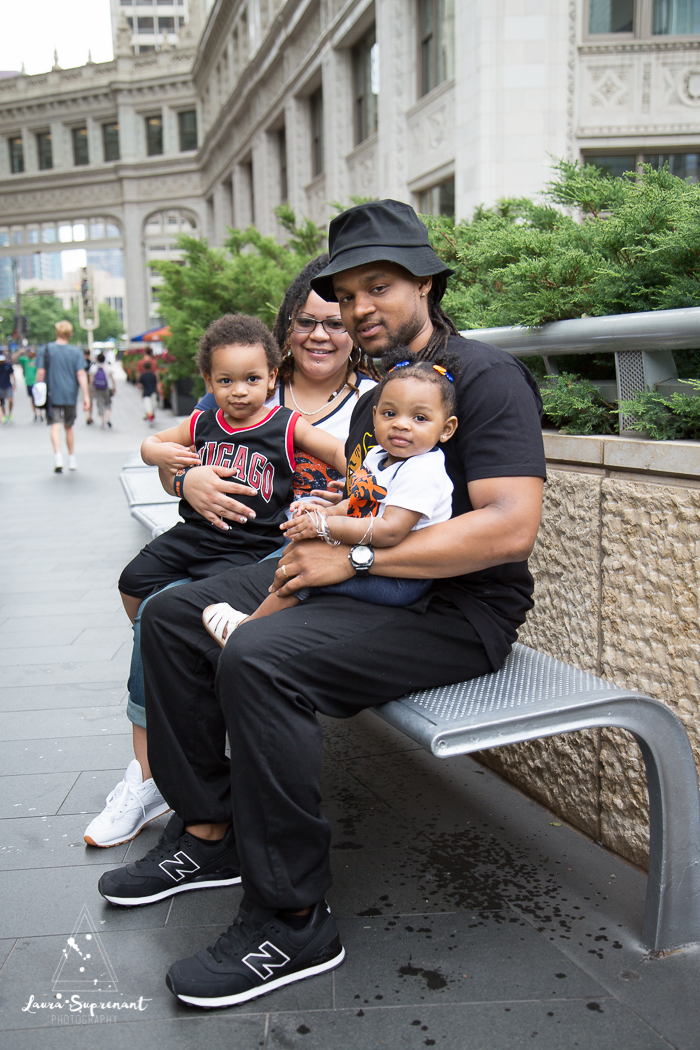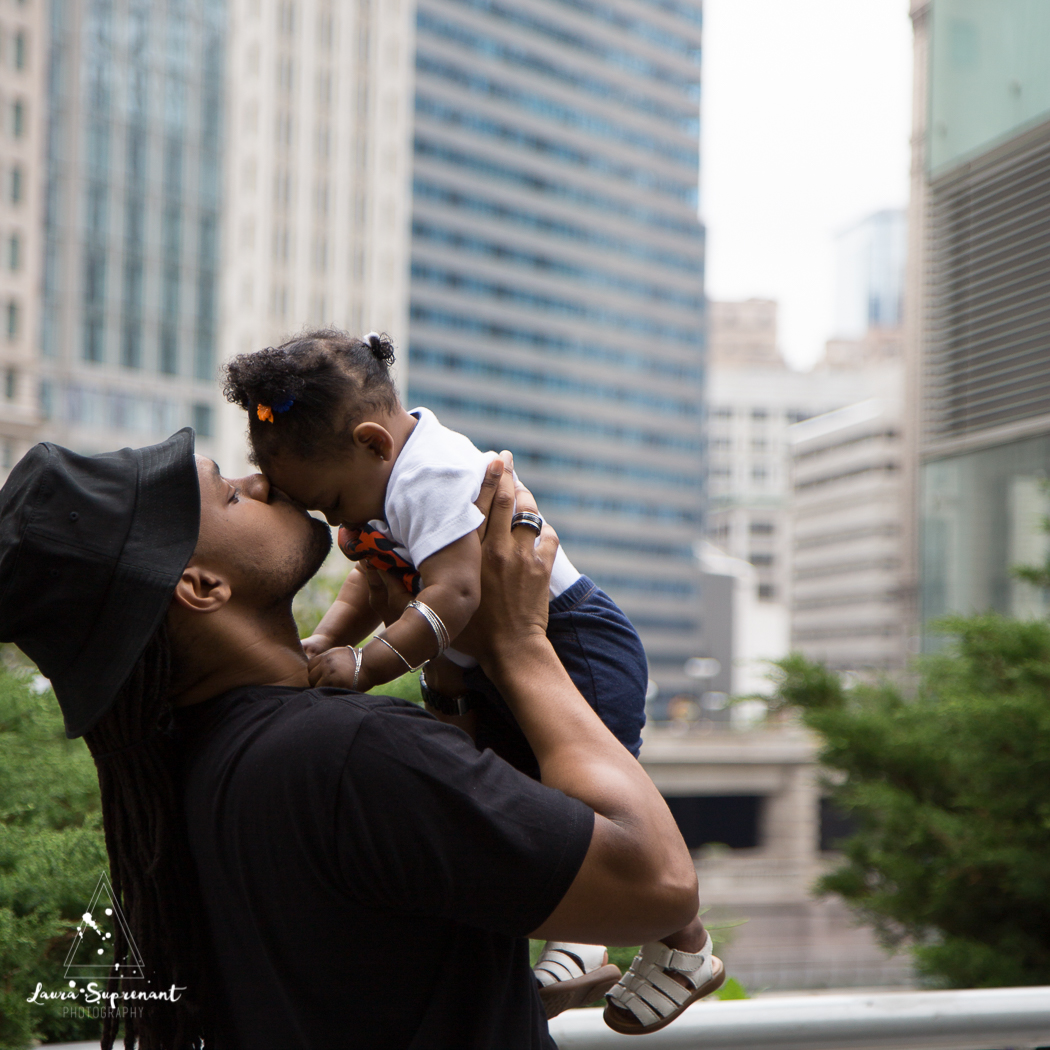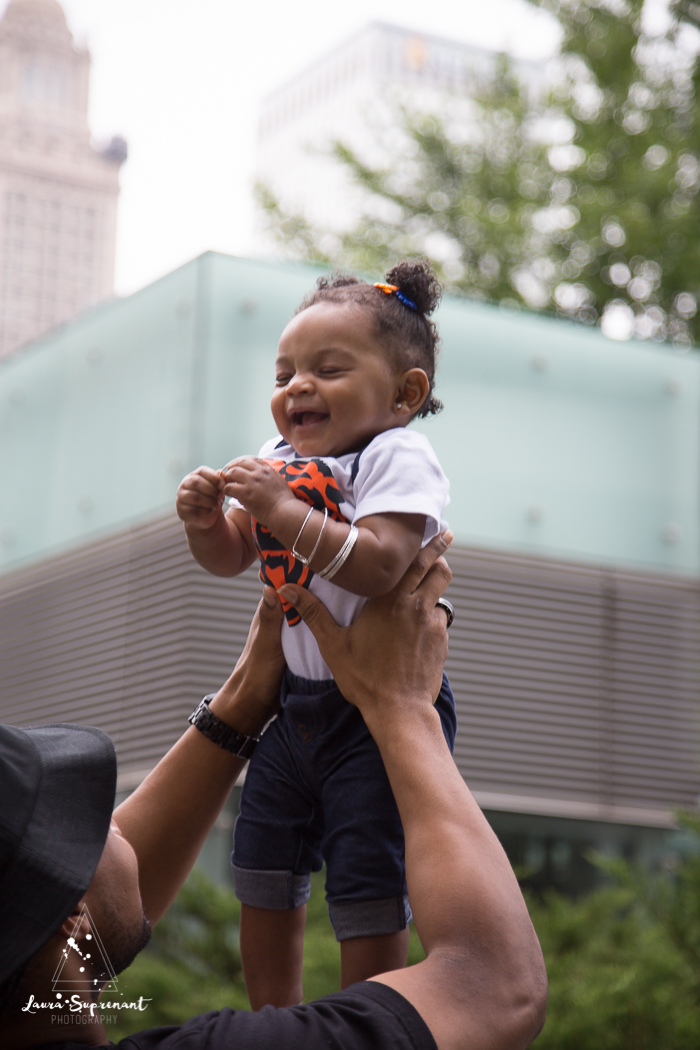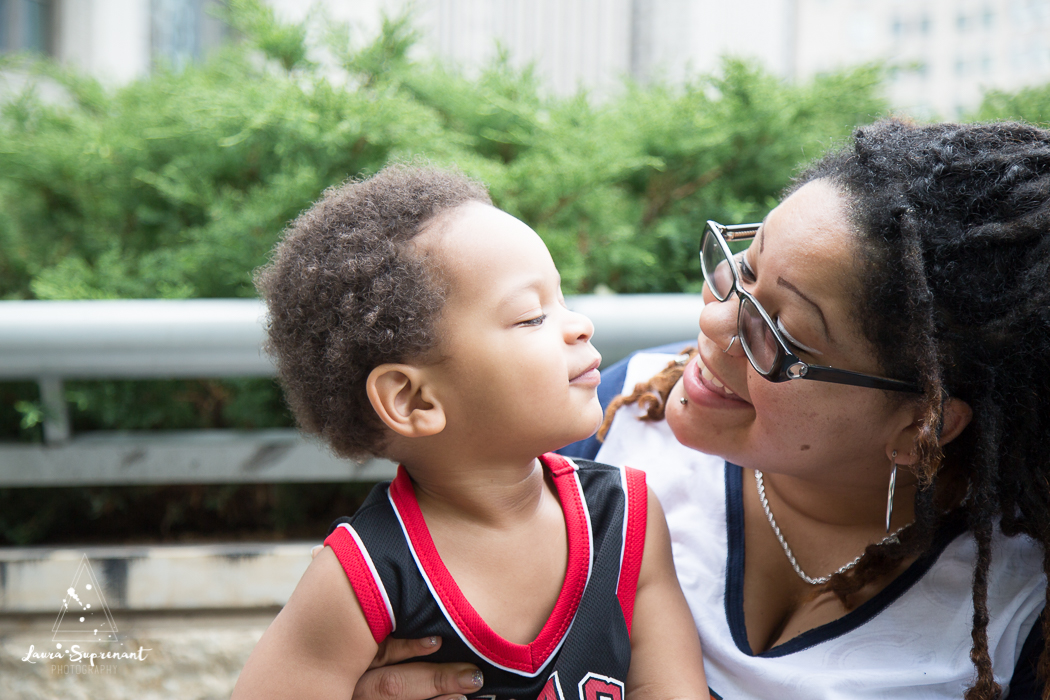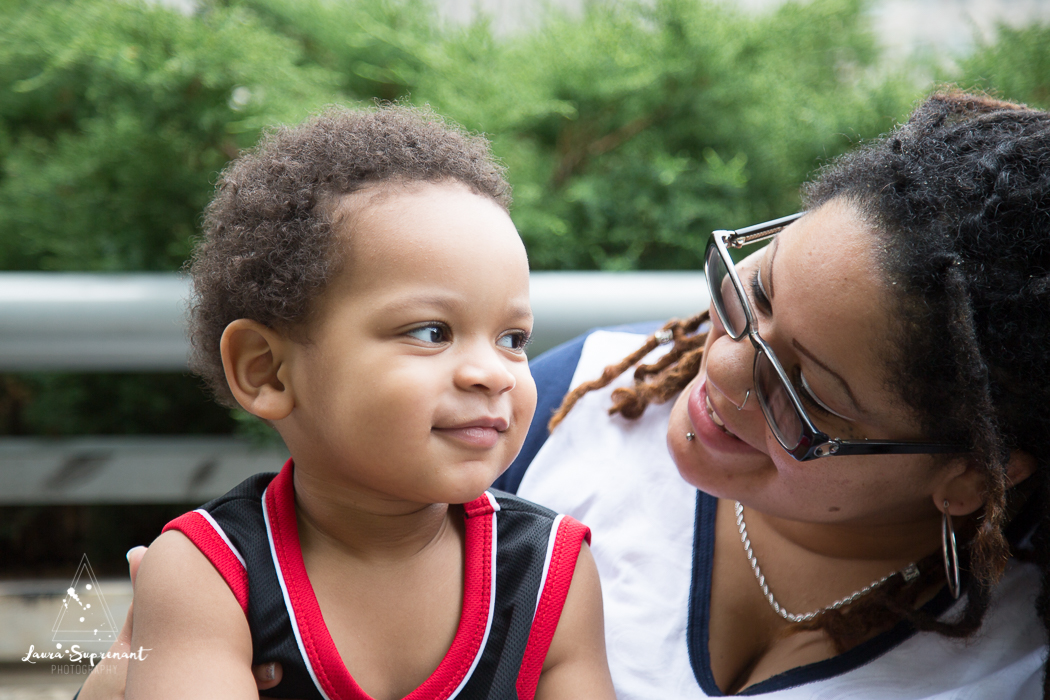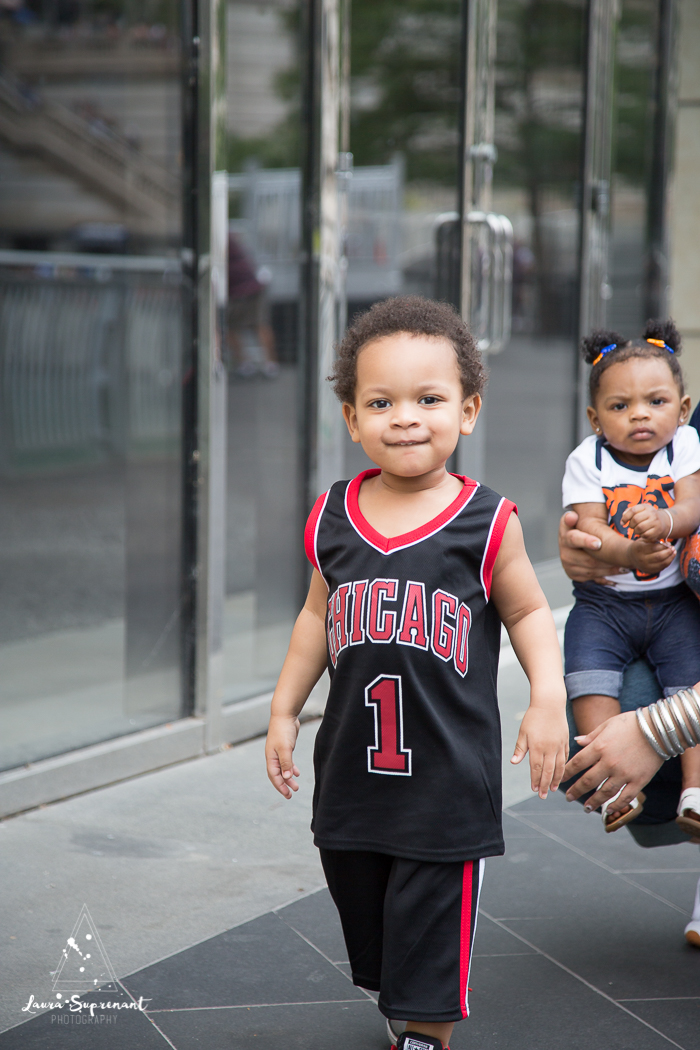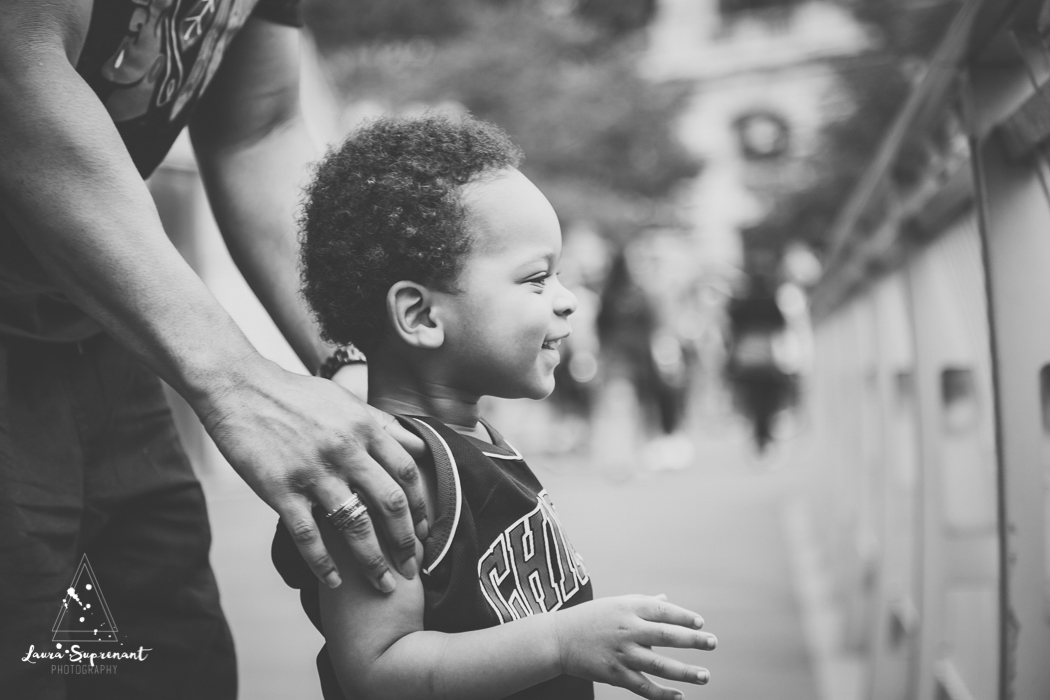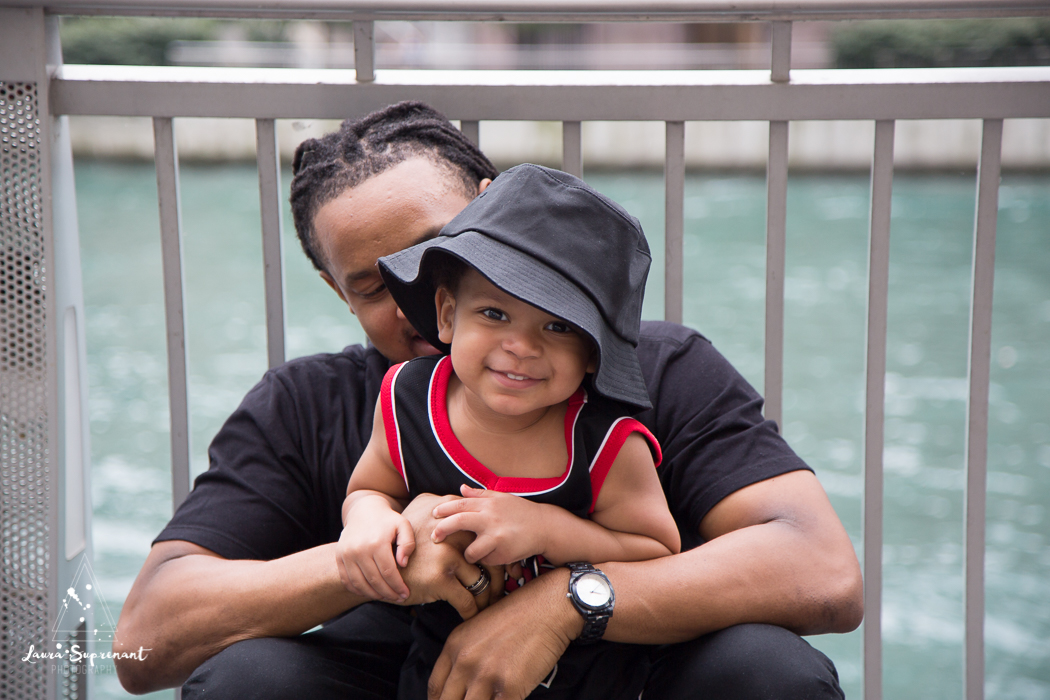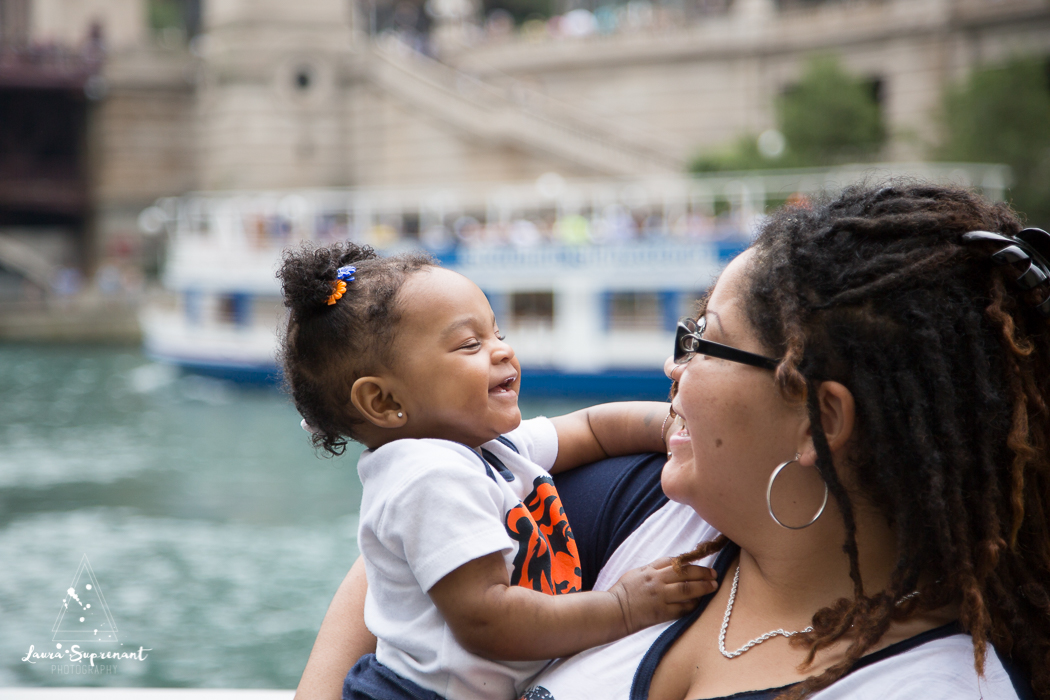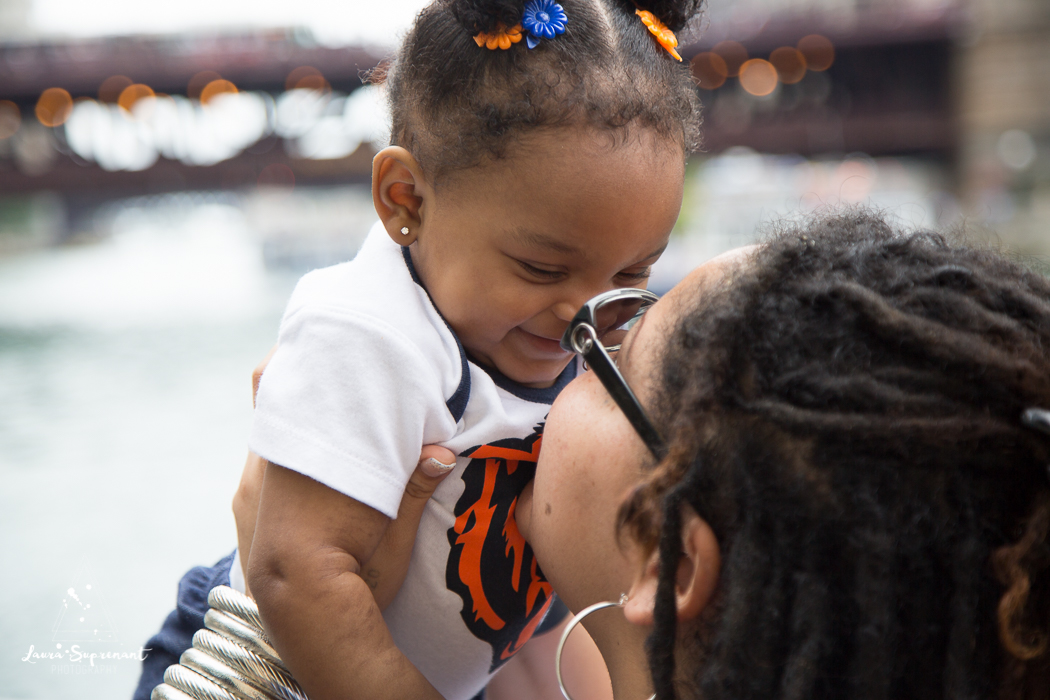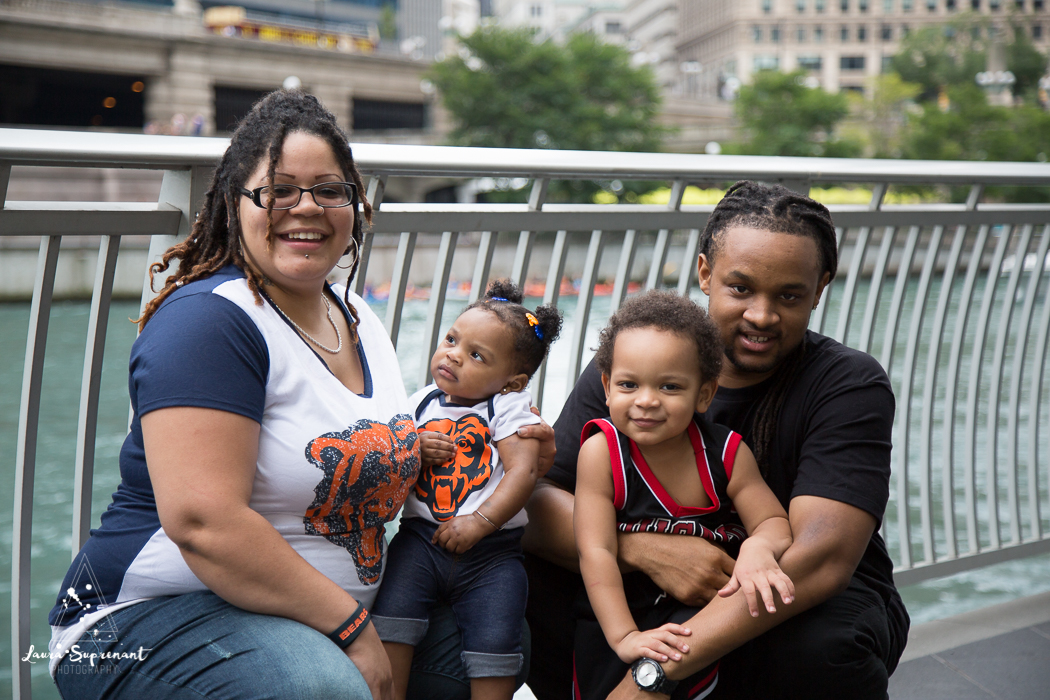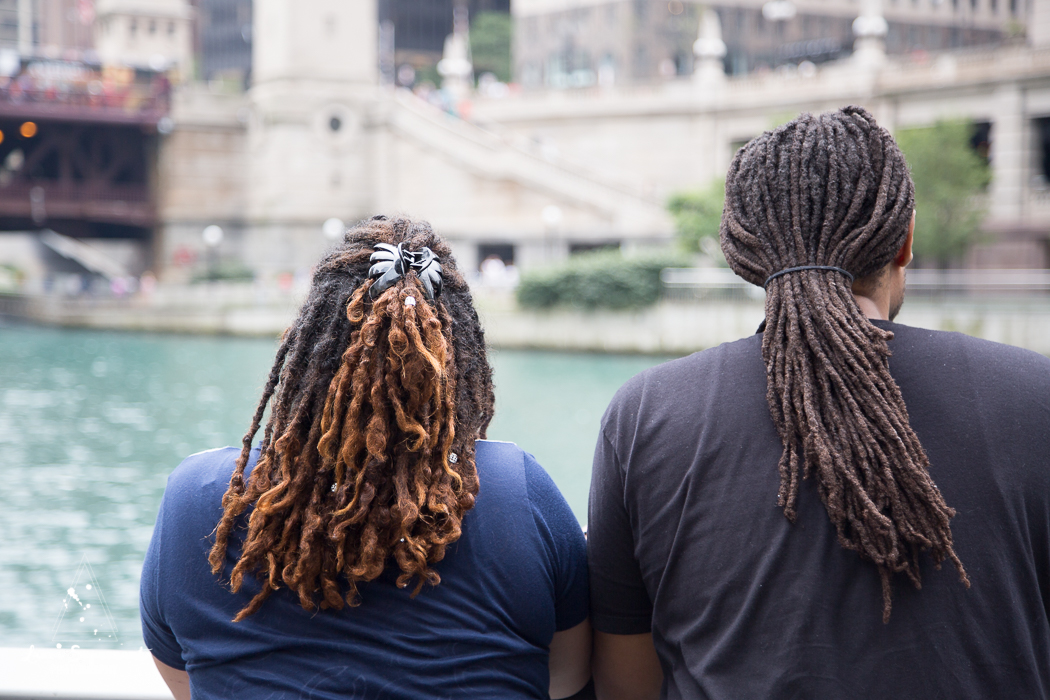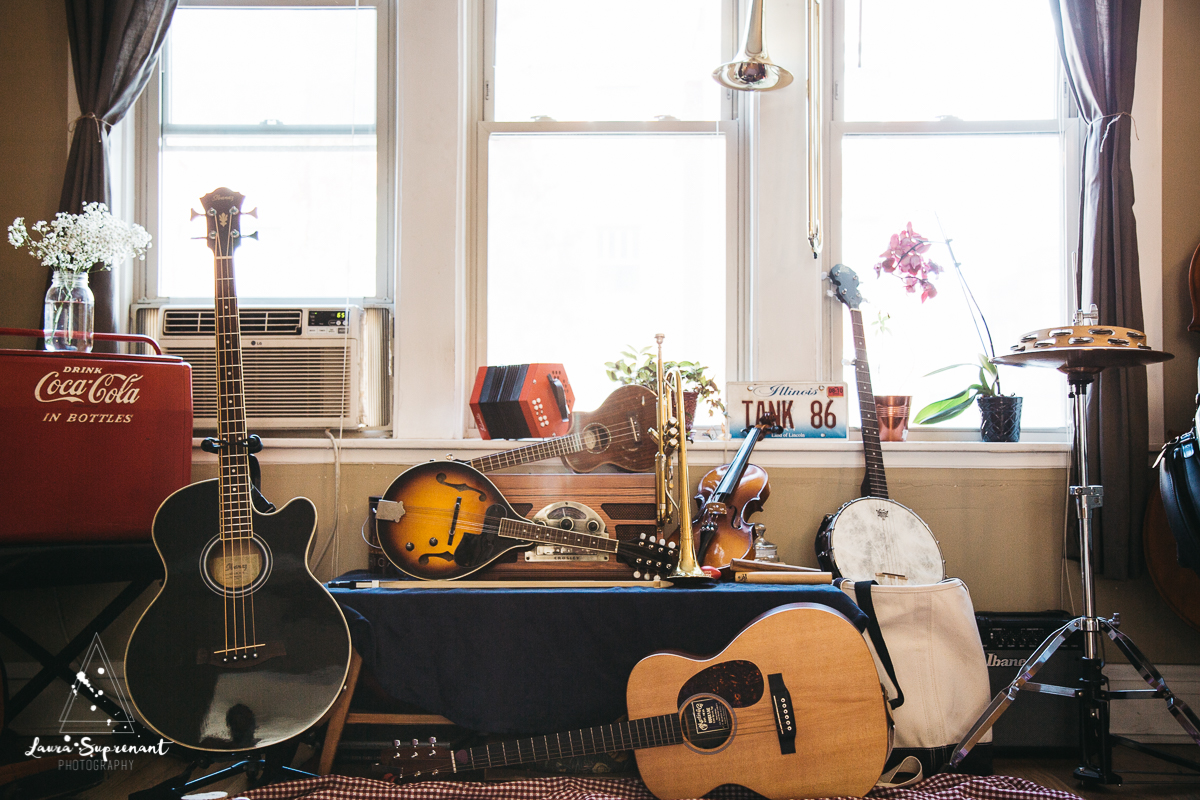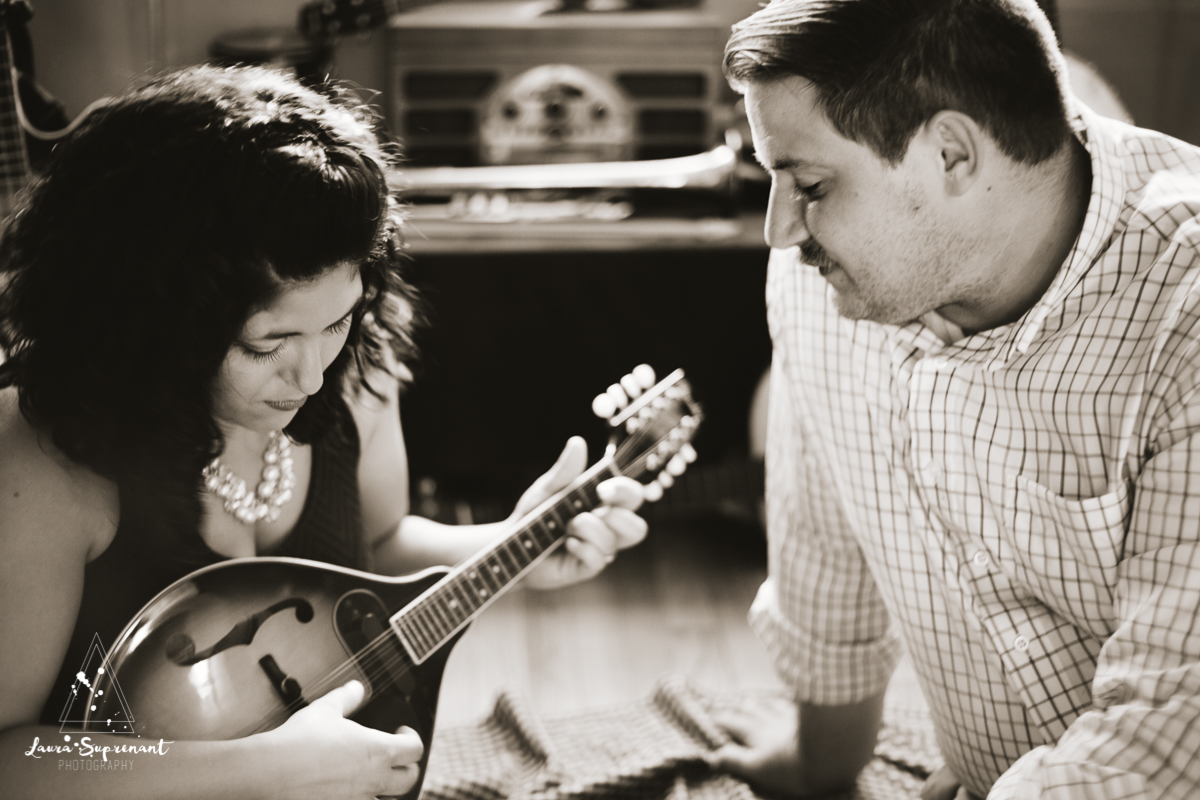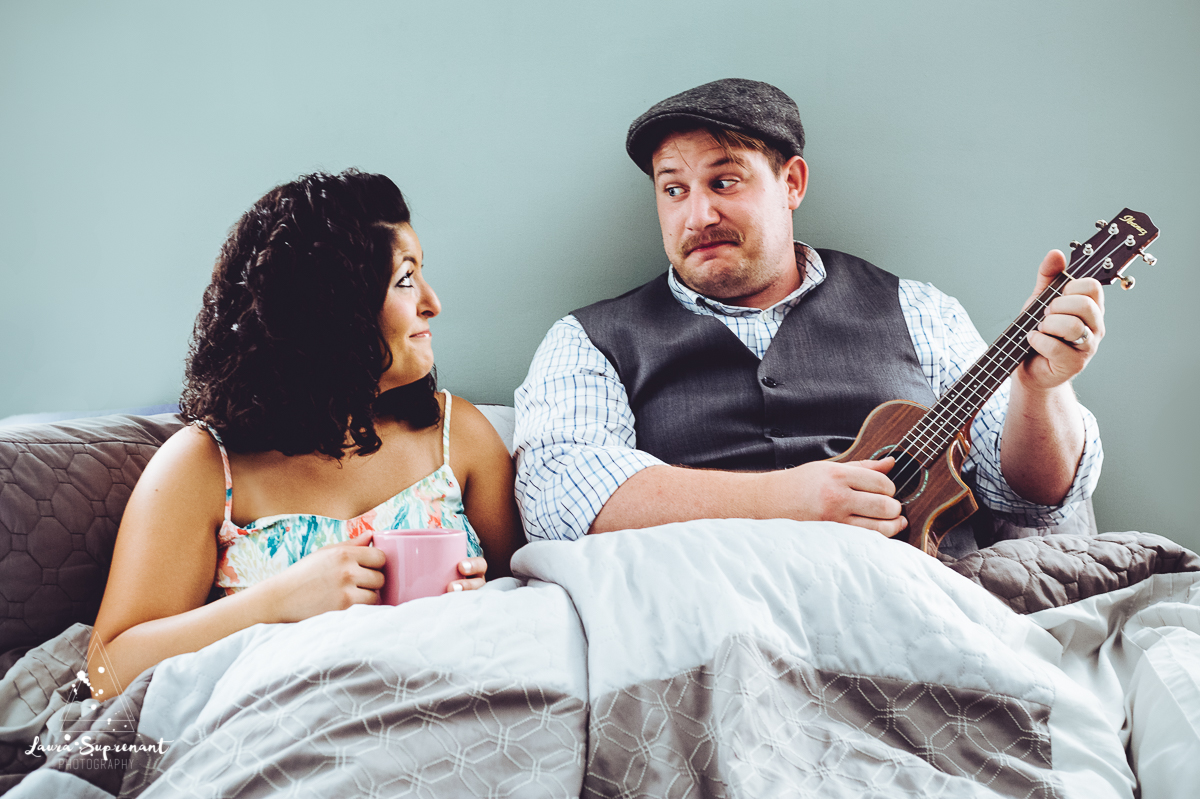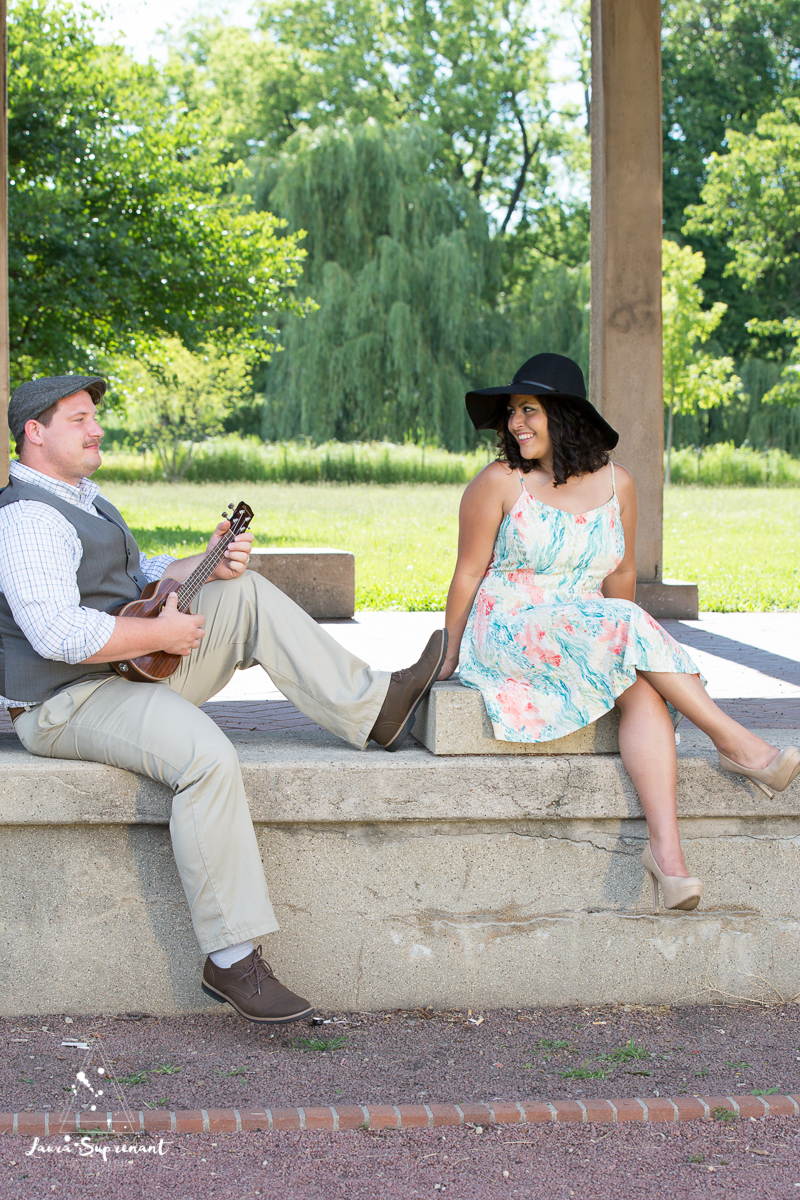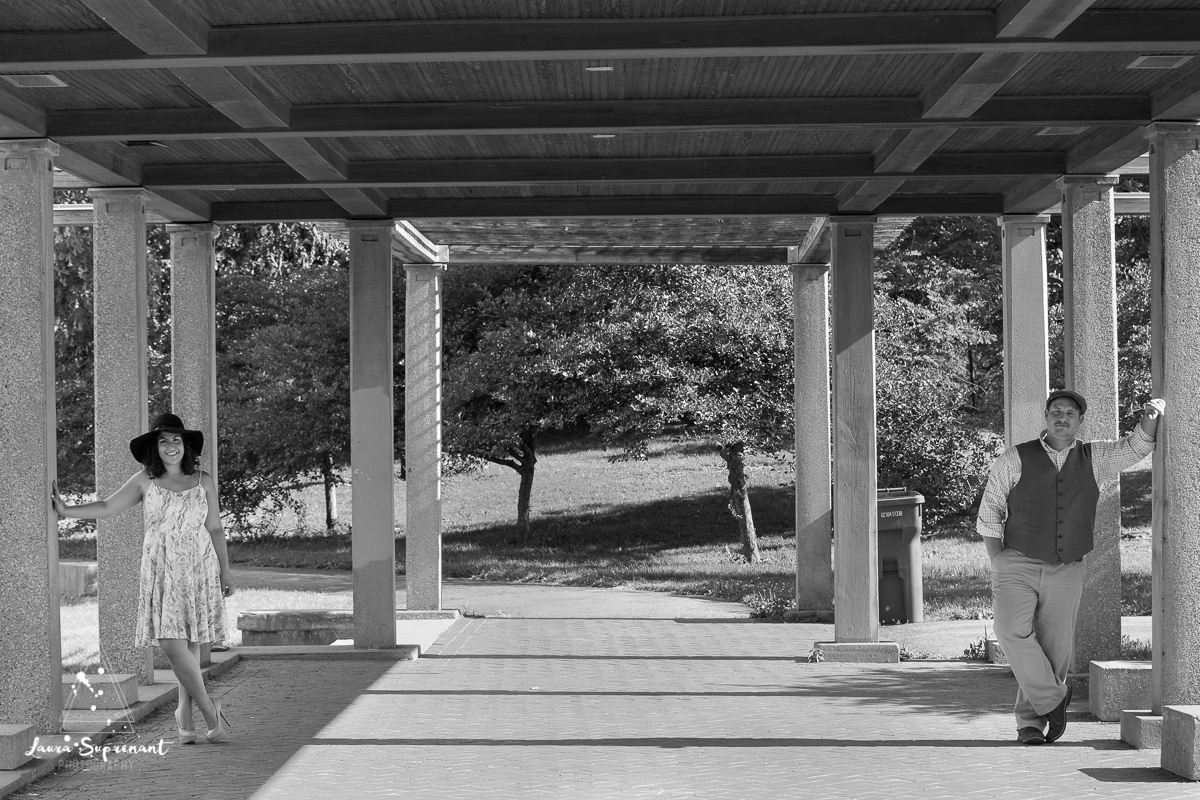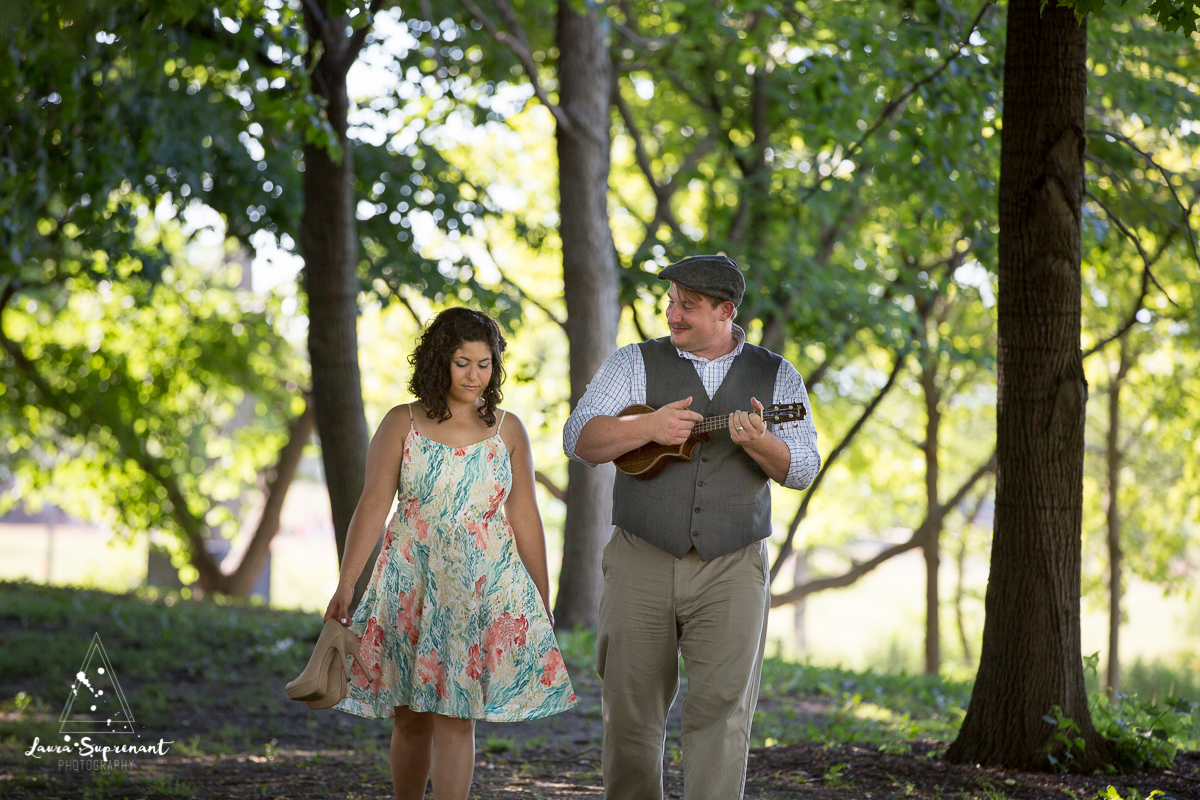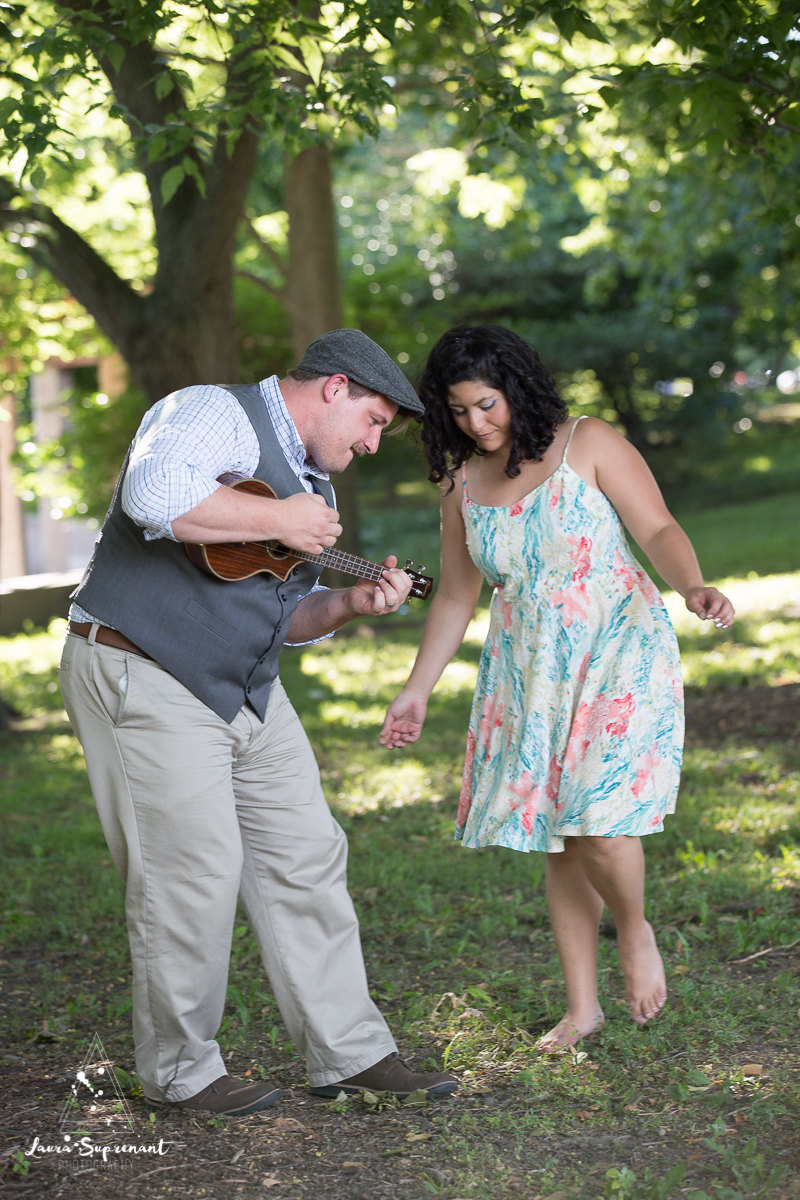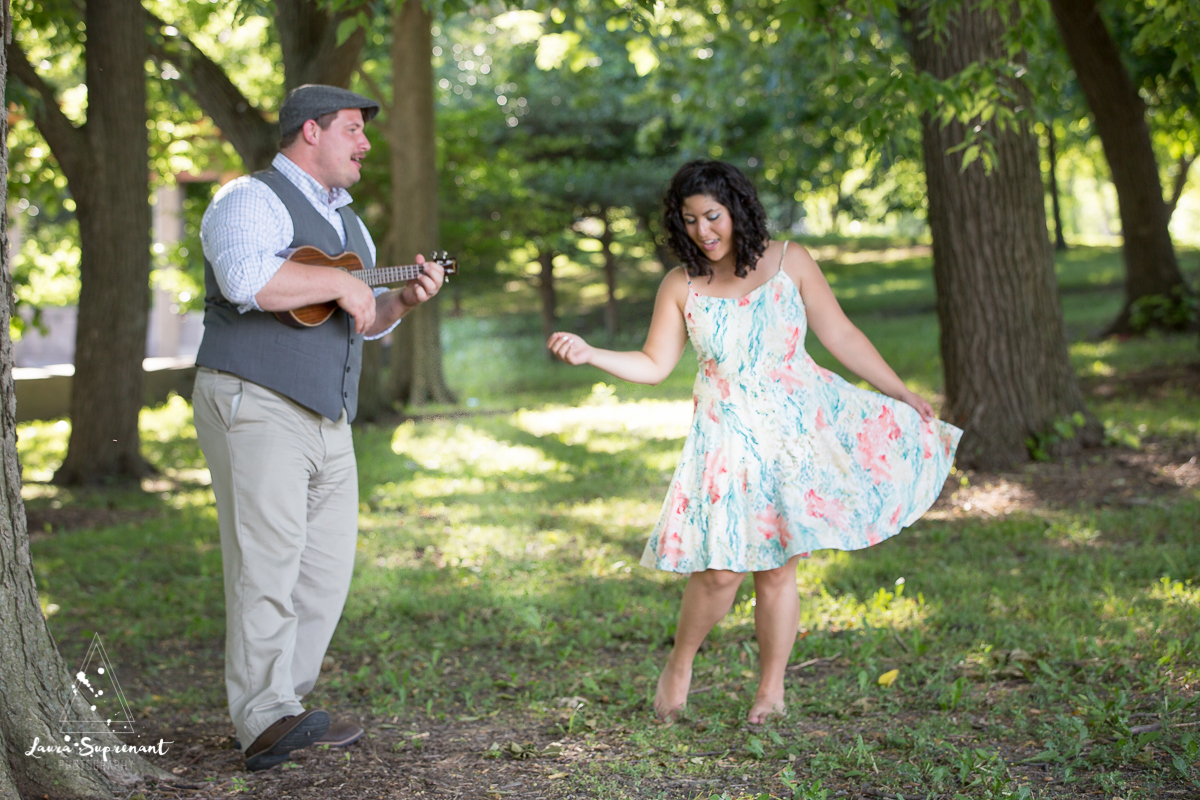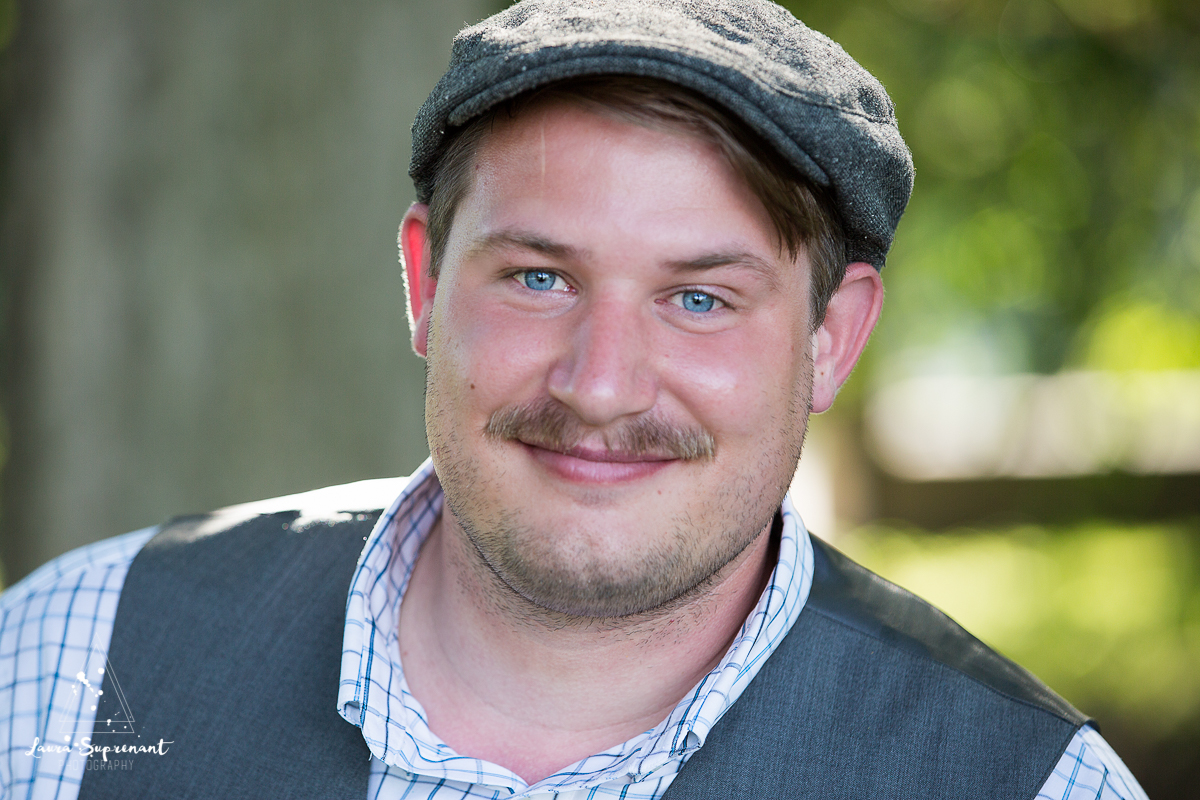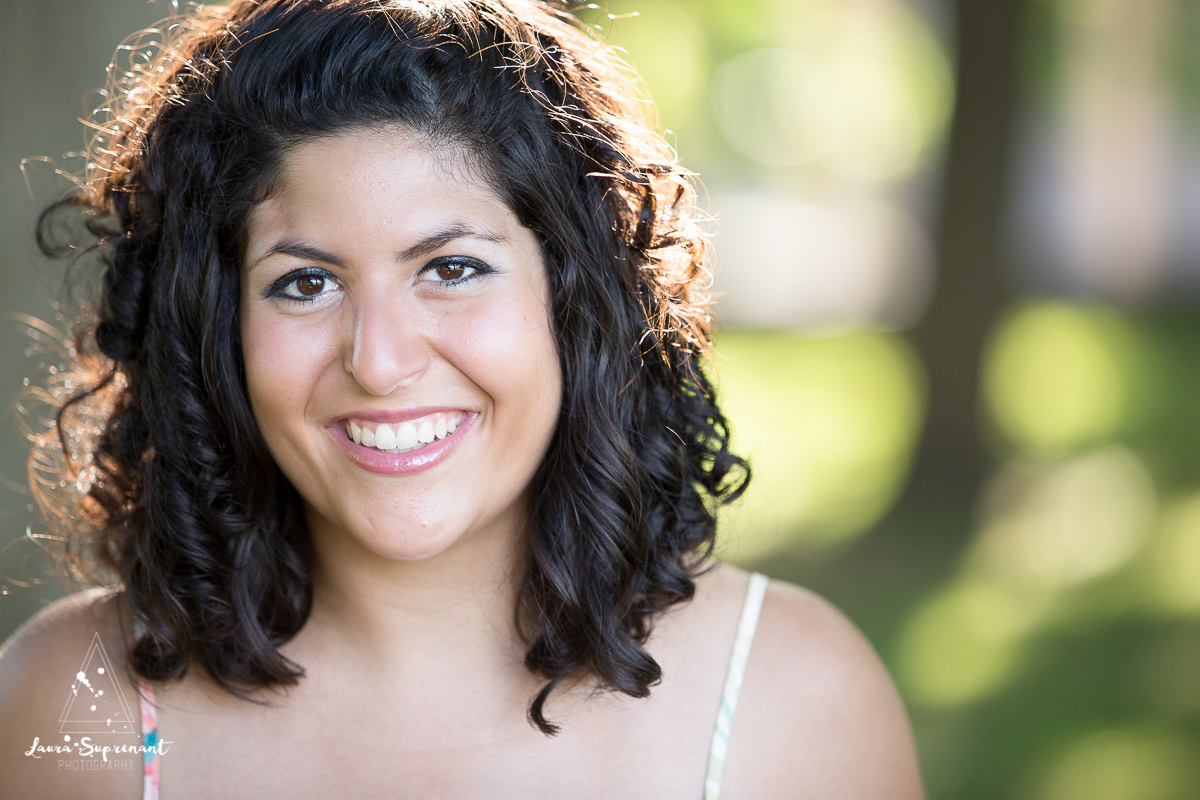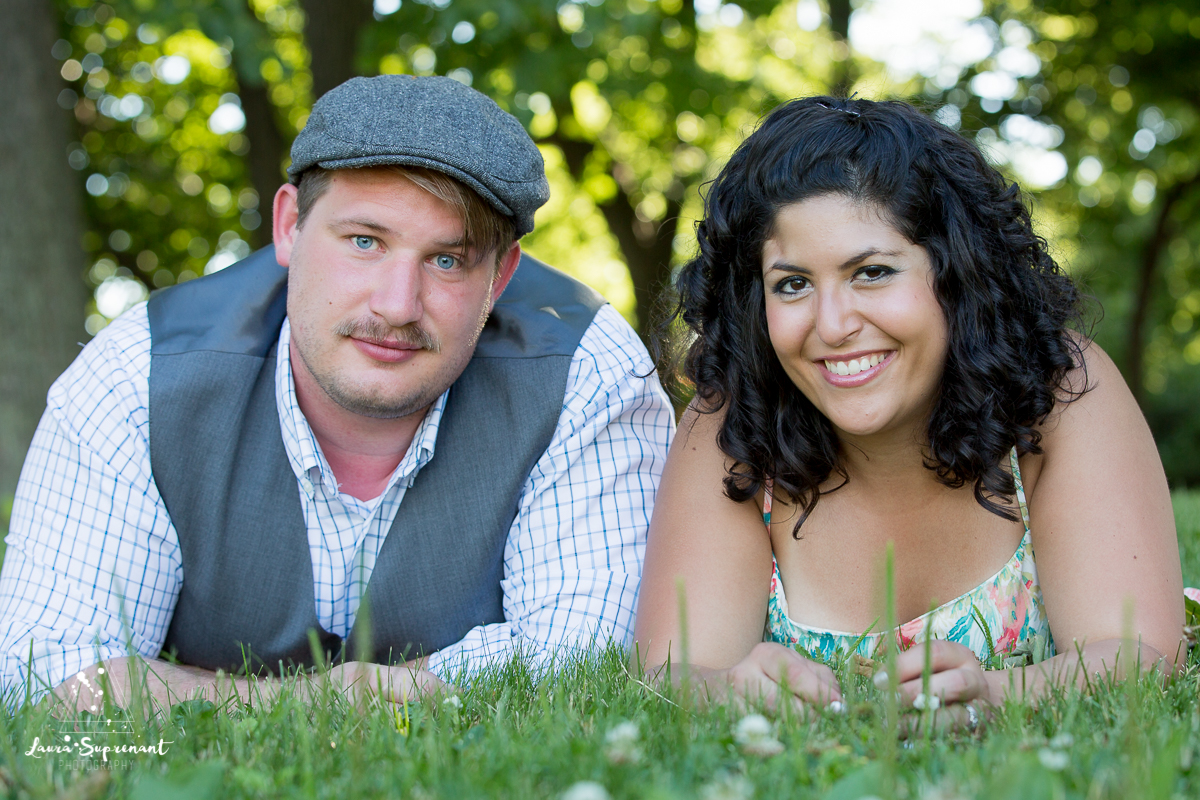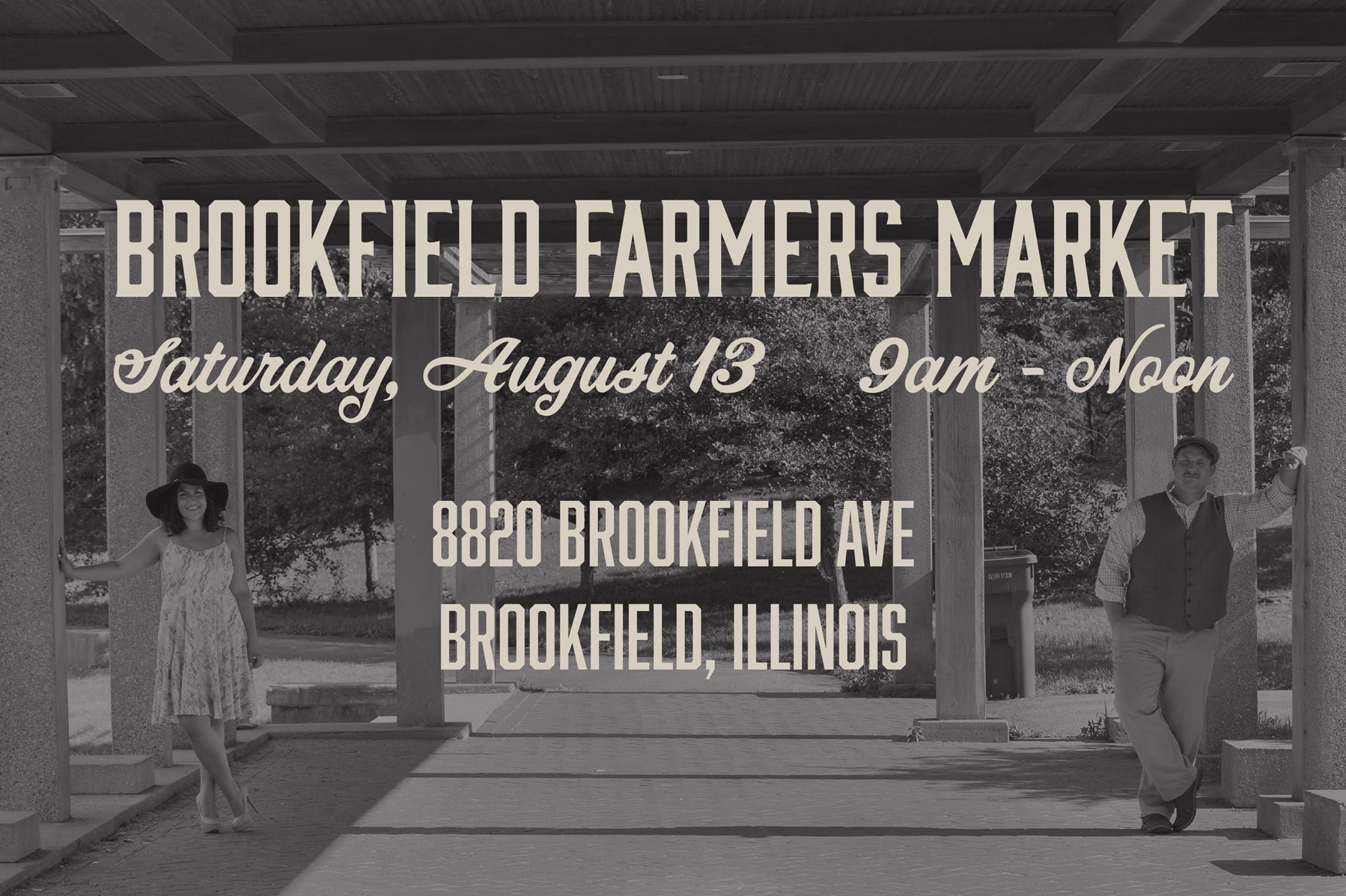In this interview, Kaje (they/ them/ itz/ xyr/ faer/ we/ monkey) speaks openly about living with polyfragmented DID and autism. They reflect on parenting, polyamory, and the daily work of building trust within themselves and with others.
This is a story about complexity, care, and the need for more accessible futures.
Portraits of Persons with Disabilities: Natzke Family
Monica and her husband, Chris, are raising their children to embrace agency over their disabilities and take an active role in their communities. Have a look at these portraits and heartfelt quotes from an incredible family.
Read MorePortraits of Persons with Disabilities: Katie Curnow
“How do we get people to see, to see disability in themselves, that shame and stigma, and like to be eased of that? That takes society to change, so like the chicken or the egg? Do we help people disabilities you know, embracing and taking pride in themselves and their lived experience, is it getting society to change the way they think about it? So we're not born with these ideas of ourselves?”
Read MoreTarah Holloman, Flint, Michigan
Portraits of Persons with Disabilities: Tarah Holloman
Tarah Holloman (she/her, they/them) shares her journey of self-discovery, from navigating life with ADHD, anxiety, depression, and hypermobility, to embracing her identity as a Black woman and disability advocate. Tarah reflects on the challenges of societal "norms," the importance of self-acceptance, and the power of finding community in shared experiences. Through her work as a Certified Therapeutic Recreation Specialist, writer, and artist, Tarah helps others embrace their unique "weirdness" and thrive in their individuality. Her story is a celebration of resilience, advocacy, and the beauty of being unapologetically yourself.
For more Portraits of Persons with Disabilities interviews, click here.
Discussing Disability
Laura:
Would you mind sharing about your disability?
Tarah:
Not at all. I have a very weird journey with my disability. I have ADHD, Generalized Anxiety Disorder, Depression, and recently found out I have an autoimmune disease. I also have a hypermobility disorder, and all of my diagnosis are due to the hypermobility disorder.
Laura:
Wow, that’s a lot to navigate.
Tarah:
Yeah, and for so long, I didn’t even realize how everything was connected.
Laura:
So did you just find out that you're hypermobile? How did that come to light?
Tarah:
Honestly, it was Katie. [Katie is the Advocacy Director at the Disability Network in Flint, MI where she and Tarah work. You can read her interview for the Portraits of Persons with Disabilities project here].
Laura:
Oh, I was going to ask!
Tarah:
Seriously, if it wasn’t for her, I don’t think I’d have figured it out. I was just talking to her about my body, my pain, and my experiences. At some point, it clicked, and she was like, “I think you’re hypermobile.”
I’ve danced my whole life, but because I was heavy as a kid, nobody cared. People just thought, “Oh, you’re a fat girl who’s flexible.” Then I lost all the weight, but the flexibility stayed—and so did the pain. I was always in pain, but everyone dismissed it. They said, “It’s your weight. You’re obese. Lose the weight, and the pain will go away.” Well, at 22, I was diagnosed with osteoarthritis. The doctor told me, “You have arthritis like a 75-year-old woman,” and I was like, “Excuse me? I’m 22.”
But then, at 28, I blew my knee out and completely tore my meniscus. When I went in for the MRI, the doctor looked at the scan and said, “What have you been doing your whole life?” I told him, “I’ve just been living… I danced.” That’s when he said, “You have a completely severed ACL. It’s been that way for years—there’s old blood attached to it.”
Laura:
Oh my god, and you were walking around like that?
Tarah:
Right? The doctor couldn’t believe it either. He said, “I don’t know how you’re walking like this.” And I just told him, “Well, I’m always in pain. I don’t know—I’m just used to it.” You know? It’s hard to explain.
Apparently, I severed my ACL when I was 14. I know exactly when it happened. I was in dance class, and we were learning doubles for the first time. I nailed a pirouette, but then my knee went one way, and I went the other. I landed on the floor, embarrassed and in so much pain.
I got up, went to the bathroom, splashed water on my face, and looked in the mirror. I told myself, “Suck it up. Do it again.” So I went back to class, finished the day, and went home. I refused to let my mom take me to the doctor. Then, about two years later, I got in a car accident and messed up the other side.
Laura:
And that was your good side?
Tarah:
Yeah, it was. So I just figured, “I have messed up joints, and that’s normal.” I’m a dancer—I fall a lot. I didn’t realize that none of those things were actually normal.
Katie really helped me make sense of it all. She kind of wrapped it up in a bow for me, and after that, I started talking to my doctors about it.
Laura:
Do you think you might have Ehlers-Danlos Syndrome (EDS)? I know hypermobility is a spectrum—like, I don’t have EDS, but I’m hypermobile.
Tarah:
I haven’t been officially diagnosed, but if there are 10 symptoms of EDS, I have about 9 ½ of them. Katie even said, “You have all the signs.” So, yeah, I really do think I have it—I just don’t have the official diagnosis. I have all the symptoms, though.
Laura:
Yeah, honestly, just saying you have it makes sense. I mean, the diagnosis would be good for you personally, but that can take forever.
Tarah:
Exactly. At this point, I just say, “Yeah, I have EDS.”
Laura:
So the word “hypermobility”, how old were you when you started using it?
Tarah:
Everyone called it double jointed. So like, they just were like, “Oh, that's weird, you’re double jointed.” I was like, “Is that a cool thing”?
I didn’t mind being weird, though. I love being weird. I figured, “I don’t want to be like you; I want to be like me.”
Doctors always called it “weird” and then moved on. No one ever addressed it. Even my physical therapists and occupational therapists would say, “It’s weird that your body does that—it’s not normal.”
Like, my SI joint [the joint at the back of the pelvis] doesn’t stay in place. When I was dancing, I would literally pop it out of its socket, and I couldn’t figure out why I suddenly couldn’t walk. They’d put it back, but the moment I stood up, it would pop out again.
Laura:
I get that. I didn't know until a few years ago that what I was feeling in my joints was something dislocating, I never had that language before. It's so crazy how you can live not knowing.
Tarah:
And you don't know if other people have this experience or if it's not normal.
Laura:
Exactly.
Tarah:
I hate the word normal, but you know what I mean.
Laura:
Wow, well, I’m so happy to have you in the hypermobile family. We bend all over.
Tarah:
That's my favorite thing to say. I'm just super bendy.
Laura:
Is anyone else in your family hypermobile?
Tarah:
Funny you ask. A couple of months ago, I was sitting with my stepsisters and our sister, and we were talking about my younger brother, Trey. They said, “We’re really worried about him—we think he has hypermobility issues.” I was like, “Shut up!”
Trey’s been having serious knee issues, and his physical therapist is still trying to figure it out. That’s when I realized this is genetic. My dad has terrible joints. My grandpa had long, skinny fingers like mine—they’re overly flexible—but he also had severe arthritis. By the time he was older, his joints froze completely. And I’m sitting there thinking, “Nobody’s going to check this out? This runs in the family!”
Plus the neurodivergent side of it. My brother has autism and we're about 99% sure my dad does too. So I'm like, “I have ADD/ADHD like a mofo, like come on now.”
Laura:
Isn’t it wild how neurodivergence and hypermobility are connected? I think I read that 30% of people with ADHD or similar conditions also have connective tissue issues.
Tarah:
It makes so much sense. When you think about it, if everything in your brain is moving so fast, maybe it’s because everything—literally everything—is just too smooth.
Tarah and Katie at the Disability Network in Flint, MI
What do you do for fun?
Laura:
What do you like to do for fun?
Tarah:
I kindof like to do everything.
Laura:
Another ADD thing…
Tarah:
Yeah, for sure! But obviously, dance is my big thing. I love creative arts—dance, music, going to Broadway shows. I also love karaoke, being silly, being weird and laughing a lot. But, I also love to be in nature. I like to read, journal, and write. I’m definitely both sides of the spectrum—super creative and super introspective.
Laura:
Yeah, you’re someone who loves living but also values solitude.
Tarah:
Exactly. There’s no in-between.
Laura:
What do you like to write?
Tarah:
I like to write poetry. I also write nonfiction—mainly self-help and empowerment pieces. I’m kind of a therapist already, so my writing reflects that. I’m working toward becoming an LPC.
Laura:
Did someone tell me you run some kind of art program here?
Tarah:
Yes! I run TD & Connect, which is our free recreation and health program. Through that, I also lead an art class at the Flint Institute of Arts. We’re working on expanding to other organizations, like starting adaptive dance classes.
Right now, I’m also a Chair One fitness instructor—I teach chair fitness here. I do a lot of creative and mental health work. For example, I teach coping skills, goal planning, budgeting, and independent living skills. But I also focus on helping people get “unstuck.”
We all get stuck sometimes, and usually, we’re our own biggest obstacles. I try to help people embrace their quirks—like, “Let’s figure out what makes you weird so you can feel at home in it. Then, once you’re okay with it, you can advocate for yourself and others.” It’s all about owning who you are.
Laura:
That’s really cool. You do so much!
Tarah:
It works for me—and for my ADHD!
Laura:
Yeah, it definitely sounds like it does. So are you working on getting licensed for therapy or social work?
Tarah:
Yeah, right now I’m a CTRS, which stands for Certified Therapeutic Recreation Specialist. My next step is getting my master’s degree, so I can move into therapy.
Inspiration & Motivation
Laura:
Cool, what a fun way to interact with people.
What motivates or inspires you?
Tarah:
People. I have this deep compassion for others—I just love people. I believe we’re all here together, so let’s figure it out. We’re meant to have a human experience, and we should nurture that, both for ourselves and for each other.
I feel like right now, in our culture, in this world, it's very negative, and it's very externally focused. No one is paying attention to the self. No one is nurturing the self, which means you're not nurturing anyone outside of yourself either. Everything's deteriorating and dying and sad and tragic and I want to help us come back to life.
Change for the Future
Laura:
So eloquently said. So what change would you like to see for disabled people in the future?
Tarah:
That… is a deep question. I know we have the ADA, which was such a pivotal step forward, but I wish we had that same energy going forward—an energy where the whole world just acknowledges, “Yeah, we’re all people, with different abilities.” I wish people would truly see that.
Instead, we’ve created this whole “colorblind culture.” I was raised in it—my parents used to say, “Everybody’s the same. You’re the same. It doesn’t matter that you’re brown and she’s white.” And sure, that’s a beautiful idea to an extent, but it’s also hurtful.
Even now, at almost 40, I’m just learning how to be proud of being a Black woman. You know what I mean? I spent so much time trying to fit in with everyone else that it was hard to step into myself. And so, I want people with disabilities to know it’s okay to be different, to not fit into what everyone else thinks is “normal.” And I want other people to realize they likely have a disability too—and just fucking own it. That’s how I feel. Look in the mirror, accept who you are, so you can accept the people around you. Chances are, you have something. Got pain in your elbow? That’s a disability, honey. I’ve got arthritis. You wear glasses? That’s a disability. Have a little third nipple nobody knows about? Like, come on now, everybody’s weird.
Laura:
Stop trying to act so “normal" all the time.
Tarah:
I want for the new norm to be seeing someone with an assistive device or a visible disability and people respect them—not make their disability the first thing they notice or the thing that defines them.
Laura:
I get that. As a disabled person, I just want to be Laura. Just let me be Laura.
Tarah:
Right? Cause that's all you are.
Laura:
And all that other stuff is just a part of me.
Tarah:
It's just a little piece of who you are. I do feel like now that I've learned that I have hypermobility or EDS, I have to own that. It makes me make more sense to myself. But it doesn’t change who I am or how I move in the world. So why should it change how others see me?
Laura:
Exactly. You are who you are.
Tarah:
Some people can't talk, some people can't hear, some people can’t see–and that's okay. We’re all here to support each other, right?
Laura:
Right. If we all just accepted our own weirdness, God, life would be so much easier.
Tarah:
Exactly! Let’s all just look in the mirror and say, “I love you.” Love yourself. Cry it out, because yeah, it’s uncomfortable at first. But once you accept yourself, everything gets lighter.
Laura:
I love your message—it really does start with you. Accept yourself, love yourself, and then you can love other people.
Tarah:
Thank you. It's my mantra.
Laura:
It's a good one. You're an excellent therapist. Anything else you want to say or add?
Tarah:
I am very excited for your project.
Laura:
Oh, thank you!
Portraits of Persons with Disabilities: Gina DeShong
“I hope I die warmed by the life that I tried to live.”
Gina DeShong, Flint, Michigan 2023
This interview was held at The Disability Network in Flint, Michigan where Gina, 59 (she/her), is the Program Director. She is a stroke survivor, avid reader and hometown girl.
For more Portraits of Persons with Disabilities interviews, click here.
Laura: Would you mind sharing a bit about your disability?
Gina: Not at all. A little over a year ago, I had a stroke. So now, I sometimes use a cane, but I’m getting better. I also have high blood pressure, diabetes, and asthma, which can be pretty debilitating at times.
Laura: Have you had asthma your whole life?
Gina: No, I developed it in my 20s from smoke inhalation.
Laura: Was it from being around smokers, or was there something else?
Gina: I was working in a restaurant, and the kitchen ventilation broke. We didn’t realize it right away, and I just started making a weird noise. I didn’t know why until my mom said, "I think you’re having an asthma attack." So we went to the hospital, and sure enough. It’s been years now, and I manage it pretty well. But I cannot be around smoke or even popcorn—popcorn is my biggest trigger. If I go to the movies, my friends have to check the air quality first.
Laura: Wow, that sounds so frustrating. When you do have an asthma attack, do you need to go to the hospital, or do you manage it at home?
Gina: I have a nebulizer and rescue inhalers. These days, I rarely need medical help because I know how to handle it.
Laura: That’s good. So, what do you like to do for fun?
Gina: My favorite things are reading and traveling. Most of my siblings live in Columbus, Ohio, so I love visiting and spending time with them.
Laura: Has using a cane affected your ability to travel?
Gina: Not really. In fact, I think people are kinder when they see the cane. I get a lot of "Do you want to sit here?" and "Are you okay?" I’m very independent, but I do think people are more considerate.
Laura: I’ve noticed that when I use a mobility aid, too. People suddenly see you more.
Gina: Exactly. They want to help, they want to make sure you’re okay.
Laura: Do you have a favorite travel destination?
Gina: Jamaica. I’d love to go back.
Laura: I hear it’s beautiful.
Gina: It is. The people, the island—it was all just wonderful.
Laura: How long were you there?
Gina: A week.
Laura: What motivates or inspires you?
Gina: I think it comes from the way I was raised. My parents and grandparents always said, "Just keep trying, keep pushing. Whatever you do, do it with excellence." And being a Black woman, plus always being a big girl, my mom used to say, "You have to do better because people will judge you differently." That stuck with me. I also wake up every day and pray, "Let me be a blessing to someone today." That’s what keeps me going—knowing that people depend on me. I have the biggest team here, and I can’t fall apart because they need me.
Laura: You have quite the leadership role here. It sounds like your upbringing prepared you for it. Are you from Michigan originally?
Gina: Yep, born and raised. I live in the house I grew up in, just outside of Flint in Mount Morris. But I’m from Flint, went to Beecher High School. Have you heard of it?
Laura: I’m from Chicago, so I know Beecher, Illinois, but not Beecher High.
Gina: It’s a close-knit community. I was at a meeting this week, and when someone heard I was from Beecher, she said, "Bucks for life!" That’s what we always say.
Laura: That’s awesome. I really liked the people I grew up with, but everyone went their separate ways after high school. Do a lot of the people you grew up with still live in the area?
Gina: Yeah, a lot of us came back.
Laura: That says a lot about the place. How did you end up working at the Disability Network?
Gina: I used to work at Michigan Rehabilitation Services as a job developer, teaching job skills classes. Luke, my boss now, used to come to meetings there. One day, he sat in on one of my classes, and afterward, he came up to me and said, "I need you to come work for me." And that’s how I got here.
Laura: Do you miss teaching classes?
Gina: No.
Laura: Haha, fair. Do you feel like leadership is where you thrive?
Gina: Yeah. I’m a take-charge kind of person. I don’t know if that’s good or bad, but it’s who I am.
Laura: I think people need that. So, you mentioned you love reading. What do you like to read?
Gina: Urban fantasy is my favorite genre. I also love mysteries.
Laura: Me too—I love a good page-turner.
Gina: And I love book series. I like getting to know the characters and staying involved in their world.
Laura: Any recommendations?
Gina: The October Daye series by Seanan McGuire. It’s urban fantasy and one of my favorites.
Laura: I’ll have to check it out. I’m in a book club, and we’re always looking for new reads. Do you take turns picking books in yours?
Gina: Yeah. There are about 10 of us.
Laura: Mine is four people, and usually only two of us have read the book. It’s more of a social thing for some.
Gina: We do ours on Zoom most of the time since some members live in Detroit and out of state. But I love when we meet at the library.
Laura: Have you ever organized your books by color?
Gina: No, but I love how that looks. I don’t like giving books away! My uncle always says, "Why don’t you stack them up and put a mattress on top?"
Laura: Haha, they’re treasures!
Gina: Exactly. I used to manage a bookstore, and it was the best job.
Laura: Would you ever go back to that?
Gina: If it paid enough, yeah. But, you know, retail. I worked in women’s fashion for over 20 years too. I just stopped four years ago. I always had two jobs.
Laura: Wow. So, you like to stay busy?
Gina: Yeah. I’m single, no kids, so work gives me focus. But I am a dog mom.
Laura: What kind of dog?
Gina: A dachshund-shih tzu mix. My other dachshund passed away about a month and a half ago—she was 15. I have a picture of her in my office.
Laura: I’m sorry.
Gina: She was beautiful and so sweet. Her name was TeeTee. My new dog, Rocky, is the opposite—he barks all the time.
Laura: Final question—what change would you like to see for disabled people in the future?
Gina: I want people to see our abilities, not just our disabilities. Don’t see my cane—see me.
Laura: Seeing the whole person.
Gina: Exactly. And I want disabled people to see themselves that way too.
Laura: That’s a powerful message.
Gina: Nikki Giovanni said, "I hope that when I die, I am warmed by the life I tried to live." That’s my favorite quote.
Laura: That’s beautiful.
Portraits of Persons with Disabilities: Mia Diaz Garcia Wells
An interview with Mia Diaz Garcia Wells. They share their story about living with Generalized Anxiety Disorder, Social Anxiety and Major Depressive Disorder. Mia shares their experiences with identity and self-expression, and desires more intersectional inclusivity in disability movements. They talk about coming out as disabled and LGBTQIA.
Read MorePortraits of Persons with Disabilities: Jessica Mae Dixon
“When you have a visible disability, your disability introduces you before you ever get to introduce yourself. And that’s a shame, because I’m so much more than that.”
Jessica Mae Dixon, Flint, MI
Would you mind sharing about your disability?
Jessica: I always say I double, triple dip in the disability pool. I was born with cerebral palsy, and I also identify with a mood disorder. I have depression, anxiety, asthma, and high blood pressure, which I manage with medication. I think that’s it—not that I’m trying to acquire more! But I always remind people: at some point in your life, you’ll be part of the disability community, whether temporarily or permanently. Aging, in itself, is a disability.
Laura: Cerebral palsy (CP)— that’s something you’re born with?
Jessica: Yeah, it’s considered a developmental disability. It affects my motor skills and balance, specifically on my right side, both upper and lower extremities. Some people with CP have cognitive impairments, while others never walk or talk. Then there are cases where you’d barely notice it.
I met someone once who told me she had CP, and I thought, bullshit. It took me a while to notice, but it was there—very subtle. That’s what I love about disability. It’s such a broad spectrum. And I have to remind people, just because I have CP doesn’t mean I know everyone with CP.
Laura: And you don’t represent everyone with CP either.
Jessica: Exactly. I even went on a date with a guy who had CP once—it was horrible. He wasn’t comfortable with his disability, and then he fell during our date and got so mad. I get it—I get frustrated too—but I was like, Dude, you’re with me.
Using mobility aids
Jessica: I’ve always used assistive devices. These are Sheila [gestures to crutches]—Outdoor Sheila has an ice pick, and Indoor Sheila is for home. At home, I just use one because I think I’m a badass. It’s a small space, and everything is where I like it.
I’ve only used them for six years, and I hated them at first. Some days, I still do. But I have so much more energy when I use them. If I want to go to the park after work, I actually can. They prevent falls, but I’ve still fallen with them—they’re not a guarantee. I call them my accessories. I’m basically an action figure that comes with extras.
Laura: I love that! I found the hashtag Babes with Mobility Aids, and it made me so happy.
Jessica: Yes! I’ve used that tag before. But honestly, I don’t have many pictures of my whole body with my mobility aids. It’s not that I don’t like looking at myself, but I don’t see myself that way. Does that make sense?
Laura: It does. I have an altered gait and have used mobility aids, too. You see everyone else moving and assume you move like them.
Jessica: Exactly! I remember once, I caught my reflection in sliding doors and freaked out. I thought, No wonder people stare at me!
And then people assume I’m in pain all the time. Sure, gaining weight or injuries can cause pain, but people think I’m suffering. No, dude—I’m just trying to get where I’m going, pay my bills, and grab a cheeseburger.
Laura: Have you always used mobility aids?
Jessica: Not always. I had a walker and a wheelchair when I was little, but by second grade, I was golden. I grew up on a farm, did everything my siblings did. Then, as I gained weight and got older, mobility got harder.
If you’d asked me three years ago, I would’ve said, I’m working on getting rid of them. Now, I think, If I don’t need them one day, great. If I do, oh well.
Growing up & aging with a disability
Jessica: It’s funny because I’m a licensed counselor. I work mostly with people who acquire disabilities. When they’re struggling with how their body has changed, I have way more grace now. I know what it’s like to have your disability evolve over time.
Laura: I was born with my disability too—Larsen’s Syndrome, a connective tissue disorder. I get what you mean. You grow up fine, but then as you age, things start to change, and suddenly it’s affecting you in a different way.
Jessica: It starts to create more barriers. And it might not even be like big barriers to people who don't know what it is to live inside your body, but to us, it's another obstacle.
It was definitely a rough road growing up and not having people similar to me, that looked like me, or thought like I did. I mean, I had a few friends in school, but they had significant disabilities, blindness, wheelchair user. And at that time, because I didn't use a lot of devices, I'm like, well, I don't really fit in that group either.
Laura: Do you know a lot of people with Cerebral Palsy (CP) now?
Jessica: I do, but here’s the thing: all the funding and research is for kids with CP. No one talks about aging with it. I just finished physical therapy for incontinence, and I learned so much. It’s not just my CP—it’s a combination of aging, being a woman, and CP. But no one talks about this stuff. Adults with disabilities kind of get lost in the fold.
Laura: Yeah, when you’re a kid, there’s a whole plan for you. Then you turn 18, and it’s like, Alright, good luck!
Jessica: Right? And they lie to you. College will be paid for, you’ll get all these resources! Nope. But that’s okay—I don’t want handouts. I want a hand up.
I remember when I was 10, I got an award from the town that I lived in for like, something I didn't even do. Just like existing. And at that time, I was so excited. I got ice cream, my picture taken with the mayor and like, it was so cool. And that was so fucking ableist. I did nothing. It's because I had a disability that people were like, let's give this little girl something.
Laura: And then as an adult, you realize—no one cares.
Jessica: And I don’t want them to. When someone at the grocery store tells me, "You’re doing such a great job," I just want to say, "Lady, move. I’m just here for tacos."
Laura: [Laughing] Constantly inspiring people, despite your best efforts.
Jessica: Someone told me yesterday, “You look like you're suffering.” And I was like, “You know what I'm suffering from? Inflation. [laughter] I could really use a raise.”
Outsider perceptions
Laura: Do you feel like more people tell you you're an inspiration now that you're using mobility aids?
Jessica: Honestly, I get more pity now than I did before. Before, I was just walking around like, I don't have time for this—I’m doing my thing. But now, with the mobility aids and just the way my body moves over time, I take a little longer. And people feel the need to step in, like, Let me help you. But I tell them, If I need help, I’ll ask.
There was someone at work who came up to me and said, “I’m just really worried for you.” I told them, “That’s a you thing. That’s not my problem.”
Because here’s the thing—when you have a visible disability, your disability introduces you before you ever get to introduce yourself. And that’s a shame, because I’m so much more than that. But I also recognize that people aren’t necessarily uncomfortable with disability itself—they’re uncomfortable with vulnerability. And I am literally walking around as the embodiment of vulnerability, which I think freaks them out.
Laura: Yeah, it’s like you’re out on display in a way.
Jessica: Exactly. But to me, I’m just living my life. I pay my bills. I do the things I enjoy. I wouldn’t know any different.
People sometimes ask, “If there were a pill to ‘fix’ it, would you take it?” When I was 15, I probably would’ve said yes. Now? Pass it to the next person.
Laura: I hear you. I’ve had those conversations too, and I’m like, “No, I’m good. I don’t need to change anything.”
Jessica: It’s not that we’re fine—I mean, everyone’s kind of losing their shit. Some people are just better at hiding it than others.
Laura: That’s so true. And I feel like disability gives you a little more... I don’t know, stamina? Or at least a darker sense of humor?
Jessica: Oh, for sure. You have to, or society will eat you alive.
Laura: Otherwise you’d just cry every day.
Jessica: Which—I do that too. [laughs]
What do you do for fun?
Jessica: I spend a lot of time with my dog—he’s a pug. I like to read. And honestly? I just like spending time with people. I like eating. If someone asked me, What do you do for fun? my first answer would probably be, I eat. [Laughs]
But really, I love meeting people, connecting with them, and understanding them. I don’t even have to know them that well. I just enjoy watching how people navigate life.
But yeah, I don’t do anything too wild.I do some crafts here and there. I write poetry, but I don’t share it with anyone—it’s just something private that I do.
I love foreign films. And I love thrifting. COVID gave me a really bad thrifting habit. But I try to play by the rules—if I bring something in, I have to take something out. I can’t just keep collecting. Except when it comes to books. I have about 200 books in my apartment, and books don’t have a rule.
What motivates or inspires you?
Jessica: My curiosity.
Laura: Oh, that’s a good one. That probably explains why you love being around people, too.
Jessica: Yep. My thirst for knowledge and my curiosity—those are what drive me.
Laura: That’s such a gift to be born with.
Jessica: And I’m a Gemini, so it’s all wrapped up in there. [Laughs]
What change would you like to see for disabled people in the future?
Jessica: That’s a really good question. I think I’d like people to recognize that we all have something. That there’s no real divide between "us" and "them."
People act like disability is this separate thing—like, Oh, you’re part of that community now. But why can’t we just recognize disability as part of the human condition? That’s what I’d like to see. More people realizing that the distance between me and them is way shorter than they think.
Laura: Yeah. Disability is a construct—that’s really all it is.
Jessica: Exactly. And it comes in many flavors. I’m just a really spicy flavor. [Laughs] And then you’ve got people who are just plain vanilla.
But seriously, people have this idea that disability has to be seen, or that it has to be tragic. Or that it has to be this big charity-driven thing. But in reality? Disability is the human experience.
Laura: So well said. Drop the mic right there. Because it is the human experience.
Father Time, Retinitis Pigmentosa, 2023
Portraits of Persons with Disabilities: Father Time
Laura: First question; what is your name?
Father: Father Time.
Laura: Father Time. And what is your birth name?
Father: Napier.
Laura: How would you like to be known?
Father: Father Time.
Laura: Cool. Good to know. Um and what is your age? You can always say timeless if you want.
Father: Timeless.
Laura: Alright, so tell me, I'm sorry your, your diagnosis one more time.
Father: Retinitis pigmentosa. RP.
Laura: Does that mean then you're legally blind?
Father: Yeah, I am. I think I'm gonna be legally blind now. Yeah I have uh this side is like, um, it's, it's, why everything is whitey now. This side, I can see bright light if I kind of get the pigments right. So this was just like, I'm still here, okay?
Laura: Gotcha.
Father: Retinitis pigmentosa is a degenerating eye disease that destroys the cones, the cones and rods, and you start losing peripheral vision. So everything, so everything starts to narrow down because of the pigment that grows on the back of the eye and around the optic nerve. It also causes the optic nerve damage cause the pressure on the eye. There are some genetic treatments, but stem cells, but it depends on, which uh, which one that you have. I've got the one they’re saying ‘ii’.
Laura: Yeah the stem cells aren't going to work for it.
Father: Yeah. So, they do a genetic background. So some of them they did there are some treatments. There's been a couple of doctors down in Florida was one that treated a couple of people for RP and they wound up going blind. But he was he was more of a; ‘I'll give her a shot. I think I got my degree from Kellogg’s’.
Laura: Did you used to see more when you started wrestling?
Father: Yeah. I saw a little bit more. I was, you know, at least in a in a dark room. I could see you, but now it's like, make some noise or either hope you're sweating.
Laura: So were you born, like able to fully see?
Father: Okay. This is uh listen, I call it a generational disease but it skips generations.
Laura: Oh really?
Father: I look back and there was only one, one person that I knew that was blind. It was one of my aunties, and she was like, oh God, 90 some odd years old. So I don't know whether because of being so old or because of retinitis. I went back as far as I could and the only ever person, and it was me. And it went to my daughter normally…
Laura: Oh wow.
Father: Retinitis pigment before there was a lot of research, normally, retinitis pigmentosa go from the mother to the son. This went from the dad to the daughter. So, I think our names in the medical journal, possibly.
Laura: Probably.
Father: So I remember the first time I was diagnosed. I was probably in first grade. And uh my grandparents, he worked construction. So I was able to go to a pretty decent ophthalmologist. And uh the first time they looked at it, you know, he said; ‘Your grandson is going to go blind’. And I heard my grandmother screaming and yelling at him. She didn’t take it too well. And because of the rarity of the disease, they thought it was just in the in the Caucasians.
Laura: Oh really?
Father: But my dad is isn’t Caucasian; don’t say he is.
Laura: My lips are sealed.
Father: So anyway, so it's been a degenerating disease. It’s been gradual. And something really interesting about it; uh I was I used to, I used to think I was big and clumsy. Because sometimes I would trip over things, you know? I didn't know that uh there's lack of peripheral vision.
Laura: Oh wow.
Father: And then kind of dim light. It was hard to see. So when I turned 18 and 19, I went to a eye doctor, and he said; ‘You got retinitis pigmentosa’. And it came back, that name did. And he started explaining to me my vision. And I got happy. Because I realized; ‘Hey, I'm not big and dumb and clumsy’. And he was like; ‘Are you okay?’ I said; ‘Yeah, I’m fine’.
Laura: Yeah. Isn't that amazing? It's funny how having a diagnosis can actually be really liberating for some people, having a name to what you've been experiencing.
Father: Yeah, cause you know, that's when you know, everybody else is going, where you going the opposite direction.
Laura: Yeah.
Father: You think you know. What, why? You know, am I the only one? And suddenly you find out the reason for it, then it's more acceptable. You say; ‘Ah, I’ve got retinitis pigmentosa’. That's why I can’t see.
Laura: Yeah. Sorry guys, it's my RP.
Father: It was a good pick up line too, you know?
Laura: Really?
Father: Why are you standing in the dark? I can't see well. Why? I’ve got retinitis pigmentosa. Oh, really? Let me help you. Let me let me stop.
Laura: Yeah. Let's hold hands. All right. So, I see you've really made this work for you in your life.
Father: Yeah. You know, a lot of it is because of my humor. But I tell you it has not it truly has not been easy. It really hasn't. I worked for General Motors. There were certain jobs that I could do and could not do because of my vision. Because I was so active, they thought I was just a screw off. And it caused me a lot of problems in the shop. They thought I kept telling one foreman. I said; ‘I cannot do this job because I can't see to do the job’.
He's on me, on me, on me. And, you know, finally he, he actually said; ‘You know, I tell my children what to do, and they listen, but when I tell you, you won't’. Are you calling me a child?
Laura: Yeah.
Father: And you know, it did, it caused a lot of problems. Matter of fact, uh I got a direct at the shop. I told him, I said; ‘I cannot drive. I can drive, but I said it’s too congested for me to drive. And 2100 was the final assembly. And I was sitting there, he said; ‘I'm giving you a direct order’. And I said; ‘Y'all’, it was a general foreman. I said; ‘Y'all heard me tell him why I could not drive’.
They shook their head and said yes. He said; ‘When you get a direct order, you gotta go’. So, within about 20 minutes this guy he was drinking. He hit me head on.
Laura: Were you okay?
Father: I was okay; I got 30 days off with pay.
Laura: Oh, well that's good. At least you got pay.
Father: 30 days off with pay, because they didn't want to have to fire him. And it came off my record in 30 days.
Laura: What year was that?
Father: That’s probably back in the 80s.
Laura: Okay.
Father: And I mean, it's, it's like, when I was young, I walked off a bridge.
Laura: Oh my God. How terrifying.
Father: [Chuckling] It sure was. Especially when I hit the ground.
Laura: How far down did you go?
Father: 15 feet.
Laura: It's amazing that you’re still walking.
Father: Yeah. It was, I don't know. I'm a true believer of God, and I know He had his hands on me. I guess I was close to the water. I landed on the bank. It was a lot of moss and stuff there.
Laura: Were you by yourself?
Father: No. There was a Boy Scout Jamboree, with my brother. And we walkin and we're gonna have those bridges, with the little railroad ties on either side. So, I couldn't see it. So I just kind of went that way, instead of that way, and right off I went.
Laura: That's so terrifying.
Father: Yeah. And um I was okay. I have a, it's, you know, like I said because of my sense of humor… Going blind and being born blind is, is different, because until someone says you're blind, you don't know. But when you are going blind, you’re dealing with a lot of other problems. It’s a lot of, a lot of, you know, just the mental part of it. Not being able to do something that you were doing before, you learn you have to do it, how to do it now. So I was like, you know, just putting something together. I've been always good with my hands. I had to put something together in 10 minutes, now it takes me 30. You know?
Laura: Yeah. And then having to tell other people that like, things have changed for you and just having to advocate for yourself as you get older.
Father: Yeah. And that's another thing, if you're in a wheelchair, if your arm is missing, people accept you more, because they can see it. Like a person is blind and they're moving and a lot of people does not realize what a white cane means.
Laura: Yeah, you have invisible disabilities.
Father: Yeah. Consumers was hiring people with disabilities. And I said; ‘I got a disability’. She said; ‘No, we want somebody in a wheelchair’.
Laura: Ugh, like, I'm not disabled enough for you, great.
Father: They wanted, they wanted people to see it immediately.
Laura: Yeah. It was more the optics. Wait, who is Consumers?
Father: Gas electrics.
Laura: Okay. The woman I interviewed before you, she used to work for them.
Father: Yeah. We all did.
So I mean, it's, it’s been even, you know, just even growing up. You know, I played football in school, and because the lack of peripheral vision, I would always have to look down the line in order to see and sometimes I would, I would jump the gun. So I got penalized a few times. I started to know what, how to deal with it, you know? Uh grocery shopping, cooking, you know, any normal things. You know I had, I had to quit driving about 10 years ago.
Laura: You drove for a long time, though.
Father: Yeah, but I had all kinds of mirrors in the car. And, I never made left turns. Because of the disease. And I will make a right turn, go to the light or an intersection, and, and come back.
Laura: Man, and then you think too about how much time that just adds into your day or you just like going to the grocery store, it'll take someone else 10 minutes, it will take you like 15 or 20.
Father: Yeah, just to find a can of peas.
Laura: Yeah, and then finding the can of peas once you're in there is probably difficult too.
Father: Yeah. That’s uh, it is, it’s, it’s different. Especially now that my vision has deteriorated to where it's at now. I usually have to have somebody go shopping with me. In order to find specific items, you know? So I've got dairy arranged in Walmart stores and so on, so I memorize.
Laura:When did you start wrestling?
Father: 10 years ago. This is the 11th year. And uh, they found out that I was the oldest, oldest starting professional wrestler in the world.
Laura: Cool!
Father: So WWE, I’m in those books. I met Chris Jericho, and a lot of the other guys over there. It's really, really neat. I've been able to you know, because of what growing up was really rough for me. I grew up with a lot of abuse, a lot of drinking and drugs and stuff. I've lost uncles and aunties to drugs and jumping out windows and stuff because of the drugs. And as I got older, I was seemed like, I was always the cause of the blindness too; the cause a lot of problem. I always felt like I was a kid that, you know, if it said ‘boneless chicken’, I always got the bone.
Laura: Because they thought you wouldn't notice?
Father: No, I mean, it was just the way life was. You know?
Laura: I gotcha.
Father: You're going through stuff as a kid, and you know the family life is not well, you know, you take a lot of things negatively. So uh and because of the drinking that was around me. Even at a young age, I purposed in my mind and heart that I was not going to be this way. You know, statistics say I should be an alcoholic, with drug tendencies and beating my wife.
And so, so when I got 18, 19, no, it's 20 something; about 20 then, and uh I used to really think God hated me. Because I read in Leviticus he learned well, he said that; ‘He accepts anything except for something that’s crippled, blind, spotted’.
Laura: Does it say that in the Bible?
Father: Yeah. Because with sacrifices, it has to be a perfect sacrifice. So anything that was, you know, crippled, you know, it's like the animal will be sacrificed. Because you supposed to give your best.
And then at the part where he says he loves who he loves, hate who he hate…But anyway, when I read that, I said; ‘He hates me’.
Laura: How could you not internalize that?
Father: Yeah, you know. So I was pouting one day, I had accepted him as my Savior, and I got quiet. And he said, I heard him say; ‘If these things had not happened to you, you wouldn't be able to do what you're doing or what you're about ready to do’. And that took the burden off of me.
Laura: Yeah.
Father: I didn't like it. But from that point on, the things that I had went through, I was able to speak to people. And then over the years, I started counseling people, emerging as a minister. And uh this seemed like everything that we talked about, I had been through it or had a family member or somebody that I was close to that related to these things. So when I started wrestling, pro wrestling, we started going out to schools and I became a motivational speaker. And I cannot believe how intensely the kids were listening. Especially with the bullying. I was bullied a lot coming up. It was horrible. It really was. I mean, and I described, you know, going to school Monday through Friday, you know Thursday is Friday, you know, the Freedom Day. And all of a sudden, you know, you'd be looking at the clock. Three o'clock comes, you run home. And you know, you're free from it. We talked about, you know, Saturday. I enjoy Saturday, and, you know, you plan everything to Sunday. Then at a certain time Sunday, you look at the clock and you start going down. You know, I was talking about that. And you can see the kids, you know, tearing up and stuff.
Laura: Yeah.
Father: And it was so you know, just different things like that, that I went through that I was able to talk to kids and was so crazy. I got to kind of tell them what I went through. It sounds crazy. I've had three strokes.
Laura: Oh my gosh!
Father: I’ve had two rounds of cancer. I had prostate cancer five years ago. Had surgery and everything. I've had not because of me, but I've had about four really five serious accidents. And uh just everything else, and the blindness. Matter of fact, that was, even when I went to uh start training, I had given up, because every time I would find a school something would happen. And uh I just said; ‘I quit’. So I was out at the Genesee County Fair and we were sitting there and I'm looking at the rest of the match. And I said, let me try one more time. And I asked what card, he kind of flipped to me, you know? And I got a hold of him and went up to this young guy, and he was, what was he? 30, 29/30 years old.
Laura: Okay. And when was this in your life?
Father: 10 years; 10/11 years ago. So he says, my son gets out, young guy, you know, muscled guy. And uh he says; ‘I'm here for the wrestling’. Joe says; ‘You're right’. He said; ‘Oh, no, my dad’. I’ve got the grey hair. He goes; ‘Oh God’.
Laura: He wasn't expecting that.
Father: No. So we got in. We got into the ring, and we started doing things, and I started telling him what was going on. And he kept asking me; ‘You sure your doctor says it's clear’? I said; ‘Yeah, yeah. Everything's good’. And uh I took my shirt off, and he went; ‘Oh my God, we can work with this’.
Laura: Really?
Father: Yeah.
Laura: He realized you’re ripped.
Father: I’m like; ‘I'm getting back in shape now’. I think this might be my last year.
Laura: Oh, really?
Father: I’m thinking. It might be so.
Laura: What's making you feel like you might slow down?
Father: A lot. We do a lot of traveling. And one thing that's like the one part bad part about it is if I was making $100,000, then I can afford to pay somebody to travel with me. I have to get a ride.
Laura: Yeah, being disabled is not cheap.
Father: No, it's not. So I'm thinking about as well that's one of the reasons for it. I had an opportunity to win a Ring of Honor. It was the second largest companies in the United States. I did the show for them. I was the first wrestler that ever got paid for a dark match. That means that's a match that kind of warms up for the crowd, you know? And it’s not they record it, but it's not seen on TV. So when I was a well, I was the first, first wrestler to get paid. And I thought that was so cool.
Laura: Yeah, that is cool.
Father: Stanley Truth Martini. He's the one that got me hooked up with that. He's got a school down in Detroit.
Laura: Oh, cool.
Father: You know, it’s just been a lot. I, I tried to kill myself at one time.
Laura: Oh my gosh. How long ago was that?
Father: That was some years ago. Had a lot to do with the blindness and everything else that was going on. And I don't know, I just… always give credit to God for bringing me through. There's been so many different times where in my life, I've been put in position with people to talk to them. And I was talking to a guy one day and I said; ‘Man, I get so tired of this’. I just you know, just it wears me out. And I say this all, I think about all this stuff; the accidents, the cancers, the strokes. And I said; ‘Man, this is something else’. He looked at me and said; ‘You know, if all that stuff never happened to you, you wouldn't be Father Time’.
Laura: Yeah. Really.
Father: So I just shut up. You know, it's been it's, it's been, it's been intense for me at times. Like I said, because and because of that, and my sense of humor. I find that I told one person I said, you can find life and you can find life with a cow patty. You know what that is, right?
Laura: No, I don’t.
Father: A cow patty is poop.
Laura: Okay. That's what I thought, but I wasn't 100% sure.
Father: And he said; ‘Well, why is that?’ I said; ‘The cow patty in this land now, it looks like poop. It is something worthless, alright? I said; ‘Pick it up, you know with a stick’. And I said; ‘You find life, look under’.
Laura: Yeah, it's true.
Father: So I said; ‘You can find something good in anything, but you have to look for it’. You know? Because you know it’s like with life. You know, there's so many things is going on now. You can focus on all the, all the peripherals, that you forget about what you focus on. You focus on those things that is important to you, life not that bad anymore. Because now, you set goals for yourself. And as you reach that goal, you don't stop there. You reach that other goal, you keep moving. Now, when you look back, you say; ‘I've left all these other people behind. I’m happy with my life’. And so I've tried to instill that in other people, and I try to keep it in me. And at times I do I get down. I start talking and somebody say something to me, and I go; ‘Okay’.
Laura: Yeah. Yeah, maybe things aren't that bad. But I think you highlighted something that is important, which is like a sense of purpose for people. Well, everyone, of course, needs a sense of purpose. But especially when you're disabled, it is easy to get lost in like, the pools of ‘why me’ and this is so hard, and you just don't want to do it.
Father: You know someone said; ‘You know you can sit down if you feel like it, don’t you’? I said; ‘What do you mean’? He said; ‘First of all, you know, you're blind’. I said; ‘Yeah, and?’ He said; ‘You’ve had strokes, you’ve had cancer. So you can use any one of those excuses not to do anything’. I never thought about before. He gave me ideas. So I thought about it, and I said; ‘That's an excuse’. And it was really strange. We had a show down in Holland, Michigan, and I had a panic attack.
Laura: Oh, really?
Father: Yeah. And uh just the way things were going that week, normally, I can kind of shake it off. But it kept one thing, boom, boom.
Laura: Yeah.
Father: So we get down there and they change the match. I’m like; ‘Oh God. I gotta figure this thing out’. I got in the venue, and it was darker than normal. And I said; ‘This is it. I'm gone. I can't see in the ring’. We got in the ring, and it was it was horrible. So, uh got downstairs and the guy that I supposed to be working with, he was he was just everything was everything was messed up. And I'm right on the verge. I'm like; ‘I just I don't want to do this’. It really got to me. And uh I kind of broke down.
Laura: Yeah.
Father: And he said; ‘You want to you want to’? He said; ‘What are you gonna do’? I said, ‘I'll be alright, you know, but this is hard’. He said; ‘We won’t have the match. We’ll go home’. And I went; ‘Wait a minute. No man’. I said; ‘I ain't going down like that’. You know? I said; ‘I'm not gonna go down like that’. I said; ‘we're gonna have the match’. And all everything inside of me was saying; ‘Run’.
Laura: Yeah, like; ‘Don't do it, run, or…?’
Father: Don't, just leave. It's not you know, it's not worth it. But then I thought, all the people that I have encouraged, Father Time has encouraged and I said; ‘What would that look like for me to do that’? And this friend of mine, he prayed for me. For 10, 15 minutes later, I started shaking it off. And we kicked butt that night.
Laura: That's awesome. You really rallied, it sounds like.
Father: Just goes and I think it's because of all the adversities that I went through over the years. It was like I don't know if I can I get emotional thinking about it… I had, one time I tried to kill myself. And uh it was, it was bad. It was real bad. It was at one point in my life was I'd always thought that I was the reason for things going bad. And I just it just got into me. And I had taken a lot and I’d prepared. I was at work and I’d taken a bunch of stuff. I was working as an EMT, serving medications. And I had told uh I took the last ones because I'll get a bus and if that kinda bus get to the end of the line, I'll be so far gone that they didn't wake me up.
Laura: Oh my gosh.
Father: So I said, I said; ‘Lord’, I said; ‘either somebody's going to have to stop me’. Or I'll see the day’. So the foreman is going; ‘Napier, Napier, get that next job’. I went. So I went over to the water fountain, put all the pills in my mouth…and his hand came in front of me. And I said; ‘God’? And uh he said; ‘What did you get’? A friend of mine, he's passed, he passed the first part of the year. And he said; ‘What are you doing’? He's yelling at me, right? I said; ‘What are you doing here?’ And he said; ‘I don't know. Someone told me to come over and check on you’. And I said; ‘I'm done’. He said, he opened my hand, and grabbed the pills. Next thing I know, he was taking me down, down to the hospital at the shop. And he kept talking to him. He said; ‘You better not go to sleep. Don’t you dare go to sleep’. And he uh he rode to the hospital with me. I don't remember nothing else after that. And that made us look crazy when I woke up the next day. I said; ‘God, I can’t even kill myself right’.
Laura: What's your takeaway from it?
Father: You know, once I got to thinking about a lot of stuff, and I said to me, it was like, I found out all these people that cared about me. And that was even like, when I found out about this last, had a cancer before. And you know, I'm thinking; ‘Oh man, here we go again’. I was at the doctor’s office; ‘You got prostate cancer’. I was like; ‘Geesh, I don't want to deal with this stuff. I really don't’.
Laura: Yeah. I get that.
Father: And so he told me all the stuff you got to do about the radiation and the surgeries, and they told me the worst part of it, too, you know. So I said; ‘I'm gonna ride this out. If I got a year fine, if I got you know, 10 years. I'm just, I don't care. I'm not gonna get all the treatments and stuff’. So I talked to the guy at work and got my trainer. And he, he didn't want to hear that stuff. Because he's like, my son. And he said; ‘Well, I don't want you to do that, you know. It will be tough’. And I went to the ring, and I was heavyweight champion. And I took the ring, put the belt off. And this was legit, you know?
Laura: Mhm.
Father: I set the ring down, the belt down in the middle of the ring. He asked; ‘What's going on’? I said; ‘I'm quitting tonight’. And this man, the crowd, they was like, and they started; ‘We love you’.
It’s really, you know, this, you know, the Father Time. I'm listening to them, and I'm like; ‘Wow’. You know, I couldn't believe it. And it was; ‘We don’t want you to leave’, and just so much that was going on. And all the stuff that they were saying. And I said; ‘Shoot. Imma kick butt of this thing’
Laura: Yes. Turn that around.
Father: I said; ‘Yeah’. This little girl came up to me. And this will get me so but she's, uh, she's she grabbed me, and I said; ‘Hey, what's going on’? She just looked at me. She's about five years old. She said; ‘I love you Father Time’. And I just stood there tearing up. And I was like; ‘Wow’. The judge said; ‘What do you want to do’? I said; ‘Man, I'm fighting again, you know’? And here we are again.
Laura: Yeah. So did you do the radiation?
Father: No, I was scared of that. The radiation. They said there's like a 15 year 10/15 year where 5, 5, 10 and a 15. And a lot of times, you do if you do radiation, uh you can't get surgery.
Laura: Oh, okay. I didn’t know that.
Father: Because the radiation, it kind of fuses the prostate with other stuff.
Laura: I gotcha.
Father: So, uh I chose to do the surgery. And the robotic surgery. Which is really neat, you know? They go in and do everything. So this way if at least if the, if it came back for some reason. I still have the option of the surgery.
Laura: Okay.
Father: And radiation. And a friend of mine, he took the surgery. I mean, he took the radiation and he had to go back. So I was blessed. Yeah. After the fifth, you know, this is the fifth year.
Laura: Congratulations.
Father: Thank you. So nothing's, nothing's come back. I'm, I’m healthy. I know how after the, after the physical therapy after the surgery and uh I’m getting my strength back now because I had been offered that pandemic messed me up.
Laura: Oh yeah?
Father: Uh the, the physical therapist, she put me on this leg curls leg extension machine. She had like 20 pounds on there. And she said; ‘Do 15 reps’. I said; ‘Sure’. After about the 10th one, I'm thinking; ‘Oh my God. This is crazy. I'm so weak’. So she said; ‘15 more’. And if it weren't for my male pride.
Laura: You would have given up?
Father: Yeah. But her name was Lisa; we've become really good friends. She uh she works at McLaren as a physical therapist. And what, what she did was she went way beyond… she actually came out to the gym and watch me train.
Laura: That’s awesome.
Father: You know she made, she had special exercises to do, to strengthen me in the ring.
Laura: Yeah. That's awesome. Cheers to Lisa. That's what I would want out of my physical therapist.
Father: Yeah. You know so we became really good friends. Family and stuff. So… you know, there’s so many positive things that has come out of this. A doctor; Dr. Weisner, we, you know, I got his phone number. We call, we chat.
Laura: Hey, you’re like VIP if you get a doctor's phone number.
Father: Yeah. You know, I found out something too. If I know a lot of this being blessed, because I always give honor to God because of it. Because of what I do, and I got so much information on the internet…I get treatment in hospital most people my age don't get.
Laura: That's awesome.
Father: It really is.
Laura: Yeah. That's kind of my dream is to reach a status where I get really good healthcare.
Father: That cost. I pulled up this [Father Time shows his large bicep]. I was about 18 and a half inches. So the doctor said; ‘Most people your age, we’ll just let it heal. But I'm sitting down relaxing for them to take care of it’. And normally, that wouldn't happen.
Laura: Yeah. They just let you kind of deal with it, but they want to recuperate you.
Father: Yeah. Just the treatment I get, it's just so different. They treated me as I was if I was younger, because I was so busy.
Laura: And it's kind of a good, like, it shows that if you respect you and take care of yourself, like other people will respect you.
Father: They really will… it makes a difference.
Laura: Yeah, it really does. Awesome. Well, let me ask you the next question. And it might be wrestling but what do you like to do for fun?
Father: Nothing.
Laura: None, just chill?
Father: I, I enjoy wrestling, I really do. I also like the preaching part. And the wrestling has helped me with my preaching and the preaching has helped with my wrestling. Because like being blind, you see you live in this type of area…you know? So in wrestling you're here. You know, you're just, you're larger than life. So in my preaching, I was always in this little area. But now when I preach, I'm more out, you know. I stretch out and…
Laura: Yeah.
Father: When I'm expressing certain things in a way I interact with the with the congregation I interact with the crowd, you know?
Laura: Yeah.
Father: It's just different, you know? So it has helped both of them…
Laura: Yeah, I can see that.
Father: Both of them is fun. One is more meaningful than the other. But what I found out is that when I'm speaking at wrestling, like one of the teachers came up and said; ‘Were you preaching out there’?
Laura: Yeah.
Father: So I get I get I get out. I like to be able to touch people.
Laura: Mhm.
Father: I like to be able to. If asked if you'd have been down when you came when I came in here, I’d said something that you get you laughing.
Laura: Yeah, that's…
Father: You know?
Laura: a special skill.
Father: I don't know, I just I just don't want you to bring me down.
Laura: Yeah. I hear you. You're like I'm trying to stay up, I got enough problems.
Father: Yeah, I gotta go home.
Laura: Yeah.
Father: Lemme enjoy this moment, you know?
Laura: I hear that. Well, where are you gonna be like wrestling next? What's your next?
Father: Going back down to, oh my good, Owasso.
Laura: Okay, where's that?
Father: Uh, are you talking about directions? East, going down East Corona, Corona Road, going east.
Laura: Okay, gotcha.
Father: No, West.
Laura: Mhm.
Father: Yeah. It’s West. I can't think of someone going west or going west. Shiawassee.
Laura: Okay.
Father: Around there.
Laura: I’m not familiar. I'm from Chicago and now we live in Detroit. So I don't know my Michigan…
Father: Okay.
Laura: geography.
Father: It's about 25 miles from west of Flint.
Laura: Oh okay.
Father: And from there we go to uh Waterford.
Laura: Okay.
Father: So I think Owasso is a second as Friday, and Waterford is on the third.
Laura: That's cool. I'd love to come to one of your matches sometime or see. Is it just like, will you perform and then other like wrestlers come in?
Father: Yes. You're watching WWE.
Laura: I like not many, many years.
Father: Well that’s…
Laura: [inaudible 41:05] is the last thing.
Father: Well, that's what we that's us.
Laura: That’s you? Okay.
Father: Yeah.
Laura: Gotcha.
Father: That's…
Laura: cool. Well, that would be really good. What's the name of like the organization?
Father: PPW; pure pro wrestling.
Laura: PPW. I'm gonna write that down because I want to look into that. Maybe come see it some time.
Father: Yeah. If you come, when you get there, ask for me.
Laura: Okay.
Father: And I'll come down and greet you.
Laura: I’ll do that.
Father: Or either ignore you completely.
Laura: Sorry, if you're in the zone, I’ll respect it.
Father: Just to mess with your head.
Laura: Yeah, okay.
Father: Judge say; ‘She wants to see you’.
Laura: Yeah.
Father: I say; ‘Who’? And I look at you, and I go; ‘I don’t know you’.
Laura: You'll get a follow up email from me like; ‘Hey’.
Father: I’ll turn that around. I just want to hear; ‘Yeah, you remember me’.
Laura: Yeah.
Father: Hey, come on.
Laura: Alright, good to know. Um alright, my last question is what change would you like to see for disabled people in the future?
Father: Acceptance.
Laura: Yeah.
Father: You know, disabled people can do anything anybody else does.
Laura: Mhm.
Father: The only difference is we have to be trained.
Laura: Yeah.
Father: We have to have maybe certain accommodations. If those things if they can meet those requirements, we could sit and do anything.
Laura: Yeah.
Father: You know, with, we're not going to be well, I'm not gonna say it now, but we might not be able to fly a plane. But…
Laura: Yeah.
Father: we can fly a plane.
Laura: Yeah.
Father: You know, especially with what's, what's going on now. There's some you know, there's so many. There's a lady that teaches photography, believe it or not.
Laura: Yeah.
Father: But she’s blind.
Laura: That's amazing.
Father: You know, there's, I mean, you name a job.
Laura: Yeah.
Father: And this one guy's a mechanic. He takes motor boat inches apart, the V8s.
Laura: Yeah.
Father: He take it apart, put it back together again. There’s blind carpenters.
Laura: Yeah.
Father: There's a blind uh there's a lawyer, there was a blind judge that was up here one time.
Laura: Uh huh.
Father: So being accept us, being able to have business and be able to accommodate disabled people.
Laura: Yeah.
Father: Don't look at us like there’s like there’s something wrong with us.
Laura: Yeah.
Father: You know?
Laura: Yeah. I agree.
Father: You know, so.
Laura: And I mean, I don't know, I would think too, like a blind person would probably know how to do something better than a seeing person would. Like because you go about things in a different way and you probably know. Like, the person putting the engines back together. Like they probably know that engine more intimately than some seeing person who just…
Father: Yeah…
Laura: puts it together.
Father: because he, he knows what it looks like in his mind.
Laura: Yeah.
Father: He feels it, he touches it.
Laura: Yeah.
Father: He knows how this part moves.
Laura: Yeah.
Father: You know, it's like, it's like a surgeon.
Laura: Mhm.
Father: If you look at it, look at a surgeon and he's finding trying to find a tumor or something or a gunshot…
Laura: Yeah.
Father: he's feeling with his fingers in the organ.
Laura: Yeah.
Father: Or in the intestines. When Reagan got shot, and one of the bullets was in his lungs, and they kept putting the ray x ray up…
Laura: Yeah.
Father: he could see it. But…
Laura: Yeah.
Father: he see it on an x ray…
Laura: Uh huh.
Father: but he felt with his fingers to get it.
Laura: Yeah.
Father: So even if a person is blind, once he knows the anatomy…
Laura: Yeah.
Father: it's there in his head.
Laura: Yeah.
Father: So it's like me. If you see me in a ring, my eyes are closed a lot. Because I know where the ropes are, I know where he's at.
Laura: Yeah.
Father: This time we were down in Owasso was kind of funny. Usually the guys make noise because there's so much ambient noise, you know?
Laura: Yeah.
Father: So, I did a I threw him across the ring.
Laura: Uh huh.
Father: And the referee was next to him. I saw a white as you get white stripe; white black, right?
Laura: Uh huh.
Father: And so I saw a white flash, and I went to grab. I was gonna I almost grabbed the referee.
Laura: Yeah. Because you thought he was the wrestler.
Father: Yeah. Then I heard the guy groan all of a sudden and I went to him and I snatched him up.
Laura: Yeah. But that would have been a real plot twist if the wrestler goes after the referee.
Father: We were at Genesee County Fair one time. It was they got these guys; nomads. I was in the ring and I was flipping on one of the guys. And so they came in; 2 of the guys came in and were jumping me. I was fighting them off.
Laura: Yeah.
Father: And some less some other guys came in to help me.
Laura: Uh huh.
Father: Well, somebody grabbed me from behind.
Laura: Oh.
Father: So all I did, I turned around and I got attacked from Nelson. And I grabbed him and I just and it was a security guy.
Laura: Oh.
Father: Yeah. And I let him go. He was.
Laura: Did you find out who was the security guard because he was like; ‘Whoa, whoa, whoa. I’m not a wrestler’.
Father: Yeah, yeah, yeah. And I said; ‘Man, don't ever do that again’.
Laura: Yeah.
Father: I said; ‘I didn’t know who. I thought you was another one of these nuts coming in the ring you know’?
Laura: Yeah.
Father: He said; ‘Man, I didn't know. I'm okay. I’m okay’.
Laura: Yeah.
Father: He was shaking like…
Laura: I bet.
Father: It was funny though, afterwards.
Laura: Yeah.
Father: You know not at that point in time. Because I thought he would I thought he would have a seizure, I really did. That scared me.
Laura: Yeah. That would, I love your responses though. Like you just jump into action, pick them up. That's hilarious. Alright. Well, that is the interview. Bravo. Thank you for sharing all of that.
Patricia Alexander, Bipolar, 2023
Portraits of Persons with Disabilities: Patricia Alexander
An interview with Patricia Alexander. She speaks with Laura about her journey getting treatment for bipolar disorder and a chemical imbalance.
Read MoreAmy Sundin Unger, July 2023
Portraits of Persons with Disabilities: Amy Sundin Unger
Transcript:
Laura:
What is your name?
Amy:
My name is Amy Sundin Unger.
Laura:
Beautiful. And how old are you?
Amy:
I am 36 years old.
Laura:
Woohoo, I’m 37.
And what are your preferred pronouns?
Amy:
She/ they.
Laura:
And would you mind sharing about your disability?
Amy:
Sure. So, I was diagnosed with hypermobile Ehlers Danlos Syndrome, and I also have POTS.
Laura:
I kind of suspected, well, I have a connective tissue disorder. And so I find, I don't have Ehlers Danlos, but I do a lot of research about Ehlers Danlos and I know POTS is a comorbidity of Ehlers Danlos. So based on the symptoms that you said-
Amy:
It’s so much fun!
Laura:
Haha, yeah…
Amy:
I’m like still waiting for that medication to kick in right now.
Laura:
Is there a medication for it? I didn't know that.
Amy:
Yes. Yeah, I am on, I actually saw Dr. Grubb, down in Toledo. He's one of the people who actually runs a dysautonomia clinic. So, it took me forever to figure out, oh, this is where I should go. And yeah, they actually do have some treatments that people can use, and the one that I'm on right now is Corlanor. And that medication like changed my life. My fatigue was gone in two days. Two days! I couldn’t believe it. So, I'm hoping it continues to work.
Laura:
Yeah, I’ll put the good vibes out there for you.
Amy:
Currently waiting for it to kick in a little bit more.
Laura:
Well, thanks for meeting me this early in the day.
Amy:
Totally, cool.
Laura:
Alright, so you have EDS, POTS. When were you diagnosed with Ehlers Danlos?
Amy:
So, I was a late diagnosis. Yeah, I actually only got diagnosed about two years ago. Actually, it might have been only one year. I've been like, down this road for a while. But it's incredibly hard to get diagnosed, because there are so few providers who understand it, which makes it difficult. And thankfully, I have a primary care physician who was willing to coordinate with me and really just you know, go through a couple of different specialists and then eventually Beaumont genetics. It was Beaumont adult genetics clinic, specifically. They're not the same as the geneticist. The geneticists currently in the state seem to not be seeing hEDS [hypermobile Ehlers Danlos Syndrome] people. Yes, they will only see you if they suspect that you have a more severe form, such as vascular or one of the classical ones, because there's no known genetic marker.
Laura:
Okay, for hEDS.
Amy:
Yes, yeah. So, basically when I got my connective tissue panel done, when it came back, it was just like, oh, there might be some weird things here and there, but there was no known mutation. Yeah, so until they identify those giant genetic markers-
Laura:
Yeah, you're kind of stuck. So then how did the Beaumont, how were they like yes, you do have hEDS? How did they identify it?
Amy:
So they took a lot of family history from me, because we did discover which side of my family this came from. Yeah, just through my own research and stuff and talking to family members.
Laura:
Like who's bendy? Who looks really young despite their age?
Amy:
Exactly. Yeah, so they just took a complete history and my symptomology too. I have a lot of signs of it. So, they said the indication was Ehlers Danlos.
Laura:
Was that a huge relief when you finally got a diagnosis?
Amy:
A huge, huge relief, because then I can move on to the next steps.
Laura:
Yeah, like actually treating it.
Amy:
Yes.
Laura:
How did you first identify EDS for you? How were you like, I think this might be what I have?
Amy:
I was having joint pain. Big shocker, right? So, lots of joint pain and I just kept googling things. And also, I knew I was hypermobile. It's very obvious in my body. I'm like a nine on the Beighton. So, my physical therapist even said like, you have some of the bendiest elbows I’ve ever seen. And they specialize in hypermobility, so I’m like, oh, I’m flattered.
Laura:
What physical therapist do you go to?
Amy:
There's a physical therapy place out in Sterling Heights. I believe it is called-
Laura:
Is it called Clegg and Guest?
Amy:
Yes.
Laura:
That's where I go. Do you know Melissa and Stan?
Amy:
Yeah, Melissa.
Laura:
Yeah, Melissa is awesome. She has taught me a lot about my body. I’m really happy to have her. Oh so cool!
Amy:
They were really like a big piece in me getting diagnosed as well because they were able to document things and they kind of pushed for me to go that extra step to get that diagnosis because I was like, I don't know if I'm severe or not. And then they were like, looking at me like yeah, you might wanna…
Laura:
Yeah, Melissa’s funny. She kind of just gets right to the point. She doesn't sugarcoat stuff, which I enjoy.
Amy:
It's fantastic.
Laura:
Yeah, she gets right to it. Okay, well, that's awesome. glad that you found that. Yeah, I found them because like, we're from Chicago. And we just moved here like two years ago. And so I think I Googled like, hypermobility, Detroit, and that's what came up, like her Linkedin profile.
Amy:
Yes, that's how I found her was like her LinkedIn profile. It’s such a bizarre way to get there. Yeah, that's funny.
Laura:
That SEO on LinkedIn must be really good or something.
Amy:
Yeah, she set that profile up perfectly.
Laura:
Thank you, Melissa. Maybe we'll run into each other there. I'm on a break from PT right now, but I'm sure I'll be back.
Amy:
Yeah, you always need to tune-up for something.
Laura:
Tune-up is a really good way to put it. But yes, I will need a tune-up. Okay, so the POTS, how did that come about and when did you start to suspect that you have POTS as well?
Amy:
So that one, I started to suspect it when I was like getting kind of short of breath and winded and you know, these nice little smartwatches now, give you more information. So, I was noticing like, I'd be lying down and I'd stand up and I'd get dizzy and things like that. So, mine's a little more subtle, but yeah, there are moments where my heart rate just gets going. And I've had exercise intolerance since I was a kid. I could never run a mile, like I was always very athletic, but only to a point. Yeah, so there were all these subtle signs. I have like light sensitivity, nausea, just GI issues like the whole role.
Laura:
Okay, I was gonna ask if you had the GI issues.
Amy:
The whole dysautonomia checklist, I definitely had. And then I failed my tilt-table. But not like POTS failed it, like vasovagal failed it.
Laura:
Oh, okay, so then when you vasovagal failed it, I worked in a cardiology office for a little bit of time and they did tilt tables, so tell me what does it mean when you fail it in a vasovagal way?
Amy:
So, your blood pressure just tanks and you pass out. Yes, it was kind of comical because I was the first person who passed out on these four ladies at the tilt table. I knew it was gonna happen, because my IV kind of went wrong. And I was like, oh, shit, this is gonna be it. And then, sure enough they had me standing there and I was like, this is not POTS right now, like see you on the other side and I was gone.
Laura:
Were you in a hospital?
Amy:
Yeah, it was in a hospital setting. Yeah.
Laura:
So you were like, well, someone's gonna come and get me.
Amy:
Yes, I wasn't worried about it. They had the IV with all the saline and soft and just like I came to real quick after they put me back down.
Laura:
That's interesting. I know salt and hydration is really big for POTS, right?
Amy:
Yes.
Laura:
Okay, yeah, I noticed the water bottle. (Laura gestures to Amy’s water bottle.)
Amy:
Yeah, giant water bottle. But I guess that's common for you know, you don't necessarily have to pass out from POTS, but a lot of times, I guess my understanding is it's frequently seen that like, you'll have vasovagal syncope and POTS. They don't exclude one another. Yeah,
Laura:
Gotcha. Interesting. Syncope. That's a term I remember from the cardiology office, that they used a lot.
Amy:
Yeah, so they diagnosed me through a poor man's POTS test. Where like, I got to the dysautonomia clinic and they took my seated heart rate and then I stood up and it immediately went to like 130 and they were like, yeah, you got it, congrats.
Laura:
So do you like this doctor in Toledo? He put you on this medication, so obviously…
Amy:
I see his physician's assistant, Beverly, and yes, it was a fantastic appointment. Like, yeah, everybody there has been super nice. They coordinate care out of state very frequently.
Laura:
Wow. So they know that yeah, they're rare. They are doing something rare.
Amy:
Yes, exactly. It's an underserved community. They want to make sure people can get the care that they need, even if you are out of state. So, if I need lab work, they'll just mail it to me and I can go to a hospital up here to get it done, things like that.
Laura:
So the medication that they put you on, has that been difficult to access at all?
Amy:
For me? I got lucky. It was not difficult. My insurance company, they somehow miraculously were just like, yeah, this is fine. And it's like, it's like $40, on my insurance plan, and then the company actually has like a copay card, so, it gets down to 20. A lot of patients have experienced, like their insurance company, not approving it. So it's still like under a brand name. So it can be incredibly expensive and difficult to access for some people, which is really sad. Yeah and it's an off-label use.
Laura;
Dang. So wow, then it is really surprising your insurance approved it for you.
Amy:
Yes. I was completely shocked. But yeah, they have a way where like their pharmacy at University of Toledo deals with this so often, they'll work on a prior authorization for you, and then they'll send it up to your local pharmacy.
Laura:
This clinic is awesome. What is that doctor's name? I'm gonna tell people
Amy:
It's Dr. Blair P. Grubb. And there's actually like he's done research papers on POTS like he actually is a published researcher with some other people. So yeah.
Laura:
Well, the next person I see who's got EDS and is like this POTS is killing me, I will…
Amy:
Send them there. His physician's assistant has lots of wait time. He has like a two or three year waitlist for him specifically, but his PA I got in within, I think three to four months.
Laura:
Were you able to see the PA first, before him?
Amy:
I just see her exclusively.
Laura:
Yeah, I know sometimes it's like, you got to see the doctor first, and then you can start seeing other people in the clinic.
Amy:
Yeah, in this case, she has enough licensing to where she can actually like see patients and you're still under Dr. Grubb’s care, but it's like you know, he's just looking at the file instead of seeing you.
Laura:
Yeah, he just signs off and is like yes, I agree with that. Well, I'm really happy that has worked out for you. I know it’s always a challenge.
Amy:
Yeah, it’s a nice thing not experiencing like, the fatigue and daily nausea and stuff.
Laura:
Yes, and then the fatigue too, just from having a connective tissue disorder and like being so bendy like that-
Amy:
It's tiring.
Laura:
Yeah. I can't imagine having POTS on top of that.
Amy:
I didn't realize how bad it had gotten until I took that second dose of the ivabradine, or the Corlanor and I was just like, something is vastly different in my body right now. Like, because fatigue lives in like your soul, and through like every molecule of you. Being tired just feels like it's in your eyes, it's such a different feeling. And that's gone and I just get normal-tired now. I can deal with normal tired.
Laura:
Did you just like clean your whole house after?
Amy:
I was like, I have to remember to pace myself. Yeah, I've been doing more basically. Like I can do the dishes and I can like come home from work, and I can go to the grocery store and still cook a meal and like whoa!
Laura:
Even that, I’m like…
Amy:
Yeah, like a small market.
Laura:
Yeah. Oh yeah, I’m an Aldi fan, small market.
Amy:
Yeah, I like my small grocery stores. If it would have been Meijer it would have not been dinnertime after
Laura:
I know, I can’t with Meijer, it’s just too big. Yeah, totally agree with you. All right. Well, next question is what do you like to do for fun?
Amy:
So I actually still continued to do athletics. I do archery. So, I do it seated now because it was getting to be too much on my lower extremities, like just standing in that position. So I do seated archery.
Laura:
Where do you do that?
Amy:
Rising Phoenix. They're out in Troy. So it's a lot of fun. I shoot olympic recurve style.
Laura:
Okay, what does that mean?
Amy:
I have like one of those big bows. It has all like the stuff and the equipment looks really cool. And then I also do curling at the Detroit Curling Club.
Laura:
I didn't know Detroit at a curling club. Cool. Are you able to do that seated? How does that work?
Amy:
It's funny because of the nature of EDs or at least how my body is with EDS. I can look like I'm able bodied when I'm curling. But afterwards, like I have to take extra steps. I had to wear knee braces. Yeah, you know, I have my KT Tape.
Laura:
I’m wearing both of those things right now.
Amy:
Yeah, exactly. Yeah, and then I use my cane when I'm walking around in the club, because like when I'm on the ice, my cane is literally my broom. That's my third point of contact. So, I have better balance. more stability.
Laura:
And then do you have to like, sit after ya- I mean, curling, you push it, right?
Amy:
I also like do a lot of the sweeping and stuff and yeah, it's very athletic,
Laura:
Oh, I forgot sweeping was part of it.
Amy:
Yeah, it's just because like, my joints are moving, I can change the way that I'm standing very easily, like, you know, I don't have to load my joints in a certain way every single time.
Laura:
Okay, yeah, so being able to move is helpful for you?
Amy:
I still have to pregame with Advil and stuff, and I have to really watch what I'm doing. I've had to modify a little bit of my delivery, because of my hip. That type of stuff. I know Melissa and Stan are happy that I'm active.
Laura:
And I'm sure they helped you how to like figure out how to curl and do things that are best for you.
Amy:
Yeah.
Laura:
I love them. They're like better PTS than I got in Chicago, I have to say. You would think Chicago is so big that they've got that stuff like handled but yeah, really, hypermobility was a challenge there. But yeah, happy that we both like Stan & Melissa. Alright, so you do archery, curling, anything else?
Amy:
Yes, I make quilts.
Laura:
Oh, cool! Okay, how was that with your hands and stuff? Because I know that can be harder for EDS, like, just the joints fatigue?
Amy:
And I do notice that I have to kind of vary my tasks. When I'm doing it. I have to take breaks in between things, wear my ring splints, you know, that type of stuff. So just the usual strategies and like, be aware of when somethings flaring up and like, either modify it or stop. I have like an ergonomic rotary cutter.
Laura:
Oh, I didn’t know they had those.
Amy:
Yeah, it's very nice.
Laura:
Do you have a picture of one of your quilts? I'd love to see them if you don't mind.
Amy:
I do have a few up on Instagram and stuff. Let me see if I can find some of the recent ones I did… (scrolling through photos on phone)... I have so many cat pictures. It's like an offensive amount of cat pictures. (Amy shows pictures to Laura and Brian)
Laura:
Oh wow, I love that! Awesome. Very well done.
Amy:
Thank you. That was actually like, I did it, it was like randomly generated. So, I did it where I rolled dice to determine what color I picked and everything and which orientation of the block.
Laura:
Oh, cool!
Amy:
Yeah, so that one was a lot of fun.
Laura:
Wow, well it turned out really well.
Amy:
Thank you. Have like pictures of me like, ‘how did I tape my knee that day?’
Laura:
Oh, yeah, I got those.
Amy:
Yeah, so many tape pictures.
Laura:
Melissa is really, she introduced me to KT tape and then…
Amy:
The leukotape?
Laura:
You know, I have a latex allergy, so I can't do the leukotape, unfortunately. But your skin is fine with the leukotape?
Amy:
It is not fine.
Laura:
Oh, okay.
Amy:
Not fine with any tape really, but I can wear it for limited periods of time. And then I have to take it off, otherwise, yes, I become itchy and red and angry. I can't find the other quilt I was going to show you but I guess I'll just have to send it to you.
Laura:
Yeah, please do.
Amy:
I definitely did a zebra themed quilt.
Laura:
Cool. (speaking to Brian) I don’t know if you know, but EDS, zebras that's their... I don't where does that come from? Do you know?
Amy:
Yes, so in medicine, they say, what is iit? It's like when you hear hoofbeats think horses, not zebras. So think about the more common thing it could be than the more rare thing. And yes, so in the case of EDS, and especially hEDS, we're starting to realize that it's a little more common than we thought, it's just under-diagnosed because of that kind of thinking. Yeah, that we see about us.
Laura:
Absolutely. Yeah, that kind of thinking just angers my heart. Right. So quilting, archery, curling, all very cool hobbies. What do you do for work, if you don't mind me asking?
Amy:
So I'm a producer and project manager. I work primarily in advertising and animation. And then I'm also working on a project right now where we are setting up an animation and motion design education program that we're hoping to run in different studios and provide education to people, hopefully for free, that's the idea, so that people don't have to go someplace really expensive.
Laura:
Yes, the entry point there can be challenging.
Amy:
Yes. We want to break down those barriers. Yeah, you know, especially the financial barriers so we can get more diversity into the industry.
Laura:
Yeah, something every industry is *hopefully* trying to do right now. Alright, the next question is what motivates or inspires you?
Amy:
Mmmm, that’s one of those tough ones.
Laura:
Yeah, making you dig down a little deeper, if that's okay.
Amy:
Like, I don't know I'm not I'm not one of those like, when people ask me those big grand questions, like a five year plan and stuff like that. Yeah, I roll out of bed, like I hope things are… I guess like, lately, what's been inspiring me is just like I've been engaging more in disabled communities, which is great, like talking to more people who have disabilities of varying kinds, mostly through the internet. And it's like, just having that kind of community like helps you keep going, because you're not on an island by yourself and like just having other people around you that like, get it. Like, “Sorry, I can't come out today” or whatever, because it's like “I'm exhausted”, or something like that. Like people who understand because they have flare ups too.
Laura:
It's such a relief to meet other people who know those things. Especially because, let me ask, like in your family, are you the only one with EDS or do you have the most severe like version of it? How does that shake out?
Amy:
Right, so I'm currently the only one diagnosed with it, but my mom did have a lot of the signs and symptoms, she just didn’t know. And my hypermobility is one of the most severe. I'm saying ‘one of’ because I found another person in the photo album, and there's a couple other relatives that have had these weird health issues and none of the doctors know what's going on et cetera. So I pursued it.
Laura:
Gotcha. Like, no one else in my family has Larsen's Syndrome, that's what I have, and it is, it's just challenging, like, literally no one in your life like, understands what you're going through. That's why it's so helpful to just meet other people and then you like, stop gaslighting yourself that way.
Amy:
It's funny because like, the more I talk to my mom about my symptoms, the more she's like, “oh, yeah, I've had that my whole life”, I’m like, “yeah, m-kay.”
Laura:
Yeah, “maybe you should see this doctor” or is she kind of at the point where she's like, “meh”?
Amy:
Exactly. And she's actually not in the same state. So, there is another doctor out there who does specialize in EDS, so if she wanted to, she could go and see that person, but she has some knowledgeable medical people that get it.
Laura:
That's nice.
Amy:
But it was really wild. Like doing the Beighton with her. I'm like yeah, you totally have it.
Laura:
Yeah. Do you have the stretchy skin? I don't have that.
Amy:
I’m a little bit stretchy. And then like my neck skin is a little bit stretchy.
Laura:
Yeah, I feel like I see it more in the neck.
I don't have the stretchy skin. I wish I did have all that collagen.
Amy:
I’m like the soft velvety person too.
Laura:
Nice, No free touches people.
Alright, so how did you like, in what way on the internet are you talking with other people? Is it like Reddit or Instagram or Facebook or all of them?
Amy:
Mostly Instagram. And then there is actually it's funny because there's a lingerie company that started up, Liberare, and they are doing adaptive bras. And they really focus on the disabled community. And they actually started their own sort of little social network thing on this platform that anybody can join, if you have a disability, even if it's just self identified. And it's like a neat little like, app, where you can like talk to people.
Laura:
Okay, I'm gonna have to look into that.
Amy:
Yeah, nice bras and stuff. Especially if you have trouble with shoulder mobility, they have like a front closure with magnets. It's really nice, like people with limb differences can easily use it and stuff.
Laura:
Didn't Skims try to do, I think they're trying to do adaptive clothing? Maybe, I don’t know.
Amy:
And the nice thing is they're getting input from that community that they’ve built. Like they ask people for feedback, and they actually just re-released a bra based on everybody's feedback.
Laura:
Oh, cool. Okay, so that sounds legit. If you're like creating your own community out of this, that’s pretty cool.
Amy:
Yep. They hire disabled people. They scout their models through that community. So they're getting like people with disabilities and a variety of them.
Laura:
Awesome. I’m definitely going to look at that. All right, final question. And that's another heavy hitter. What change would you like to see for disabled people in the future?
Amy:
I mean, there's just so many issues with access, like that's the biggest thing. It's like the logistics of going someplace: Is there going to be a bathroom that's available to me? Are there stairs? Is the elevator functioning? Is there a ramp to get into the building? You know, even one of the buildings I'm currently working in, we kind of joke about this because there is a accessible toilet, like bathroom, at the top of three flights of stairs. Also just like the fact that I think people don't realize how varied disability is, you know, dynamic disabilities exist. It can change from day to day. And anybody can become disabled anytime and I think we'd like to, like block that out. And it's like, no, you you can- at any time.
Laura:
Literally, you could wake up tomorrow…
Amy:
So like, you know, understanding that accessibility benefits, everybody. You know, if you live long enough, the chances are you are going to be disabled at some point.
Laura:
Yeah, you're gonna be really happy that this stuff is there for you.
Amy:
Very few able bodied 90 year olds out there.
Laura:
I can’t think of a single one. Yeah, access is huge. Yeah, absolutely. All right. Well, excellent. I think that we nailed it. Anything else you want the world to know?
Amy:
No
Laura:
Ok, well we covered a lot. Awesome. Great job. Thank you.
Picture Day with Detroit Disability Power
As a member of Detroit Disability Power, I am always looking for ways to use my photography skills to empower the disabled community. This month, we partnered to put up a community engagement event we called ‘Picture Day.‘ The goal was to engage with the Detroit community and provide people with headshots they could use for professional and networking purposes. We had a great turnout and created some beautiful portraits. Check them out below! And if you would like to get your headshot taken, contact me here.
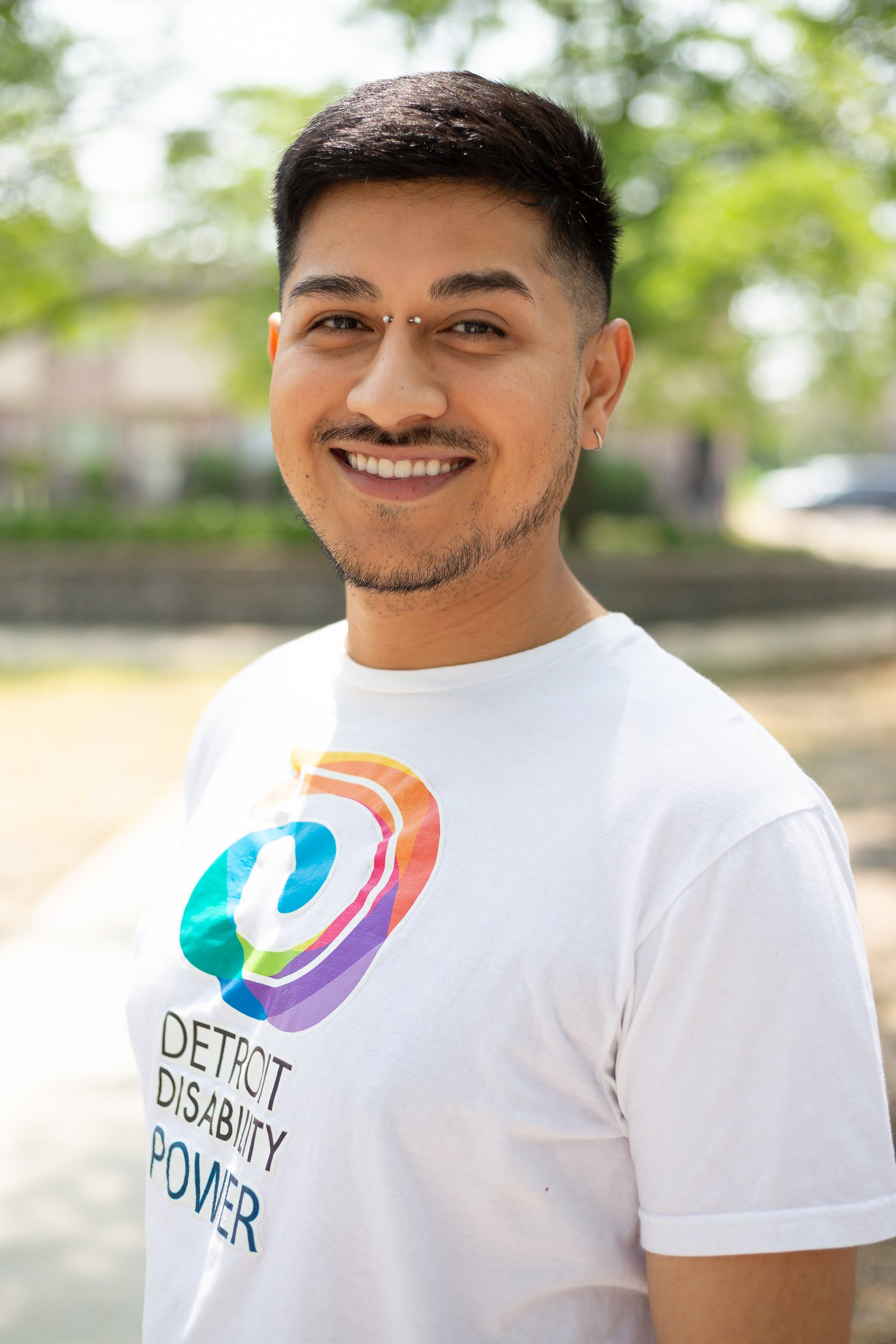
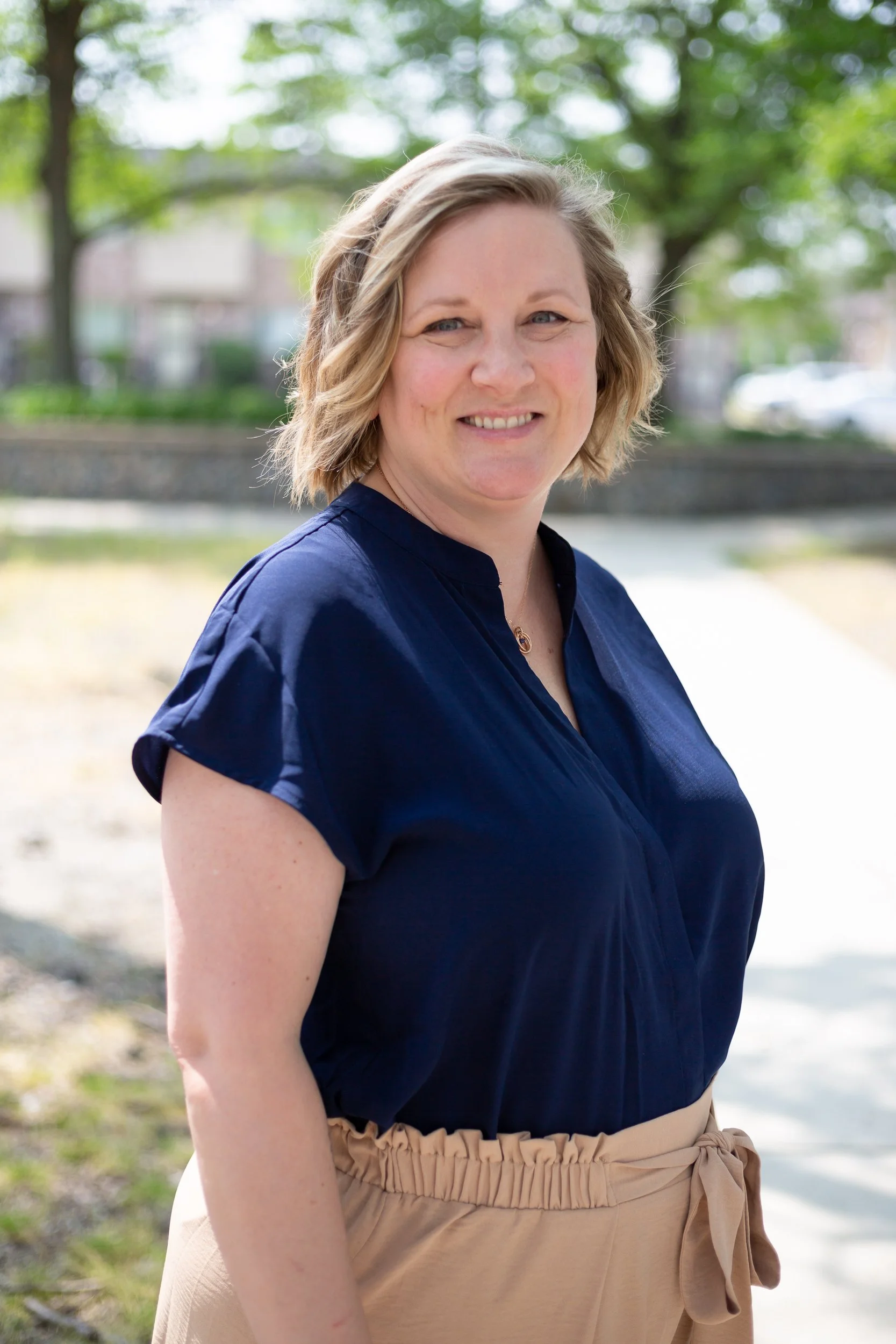
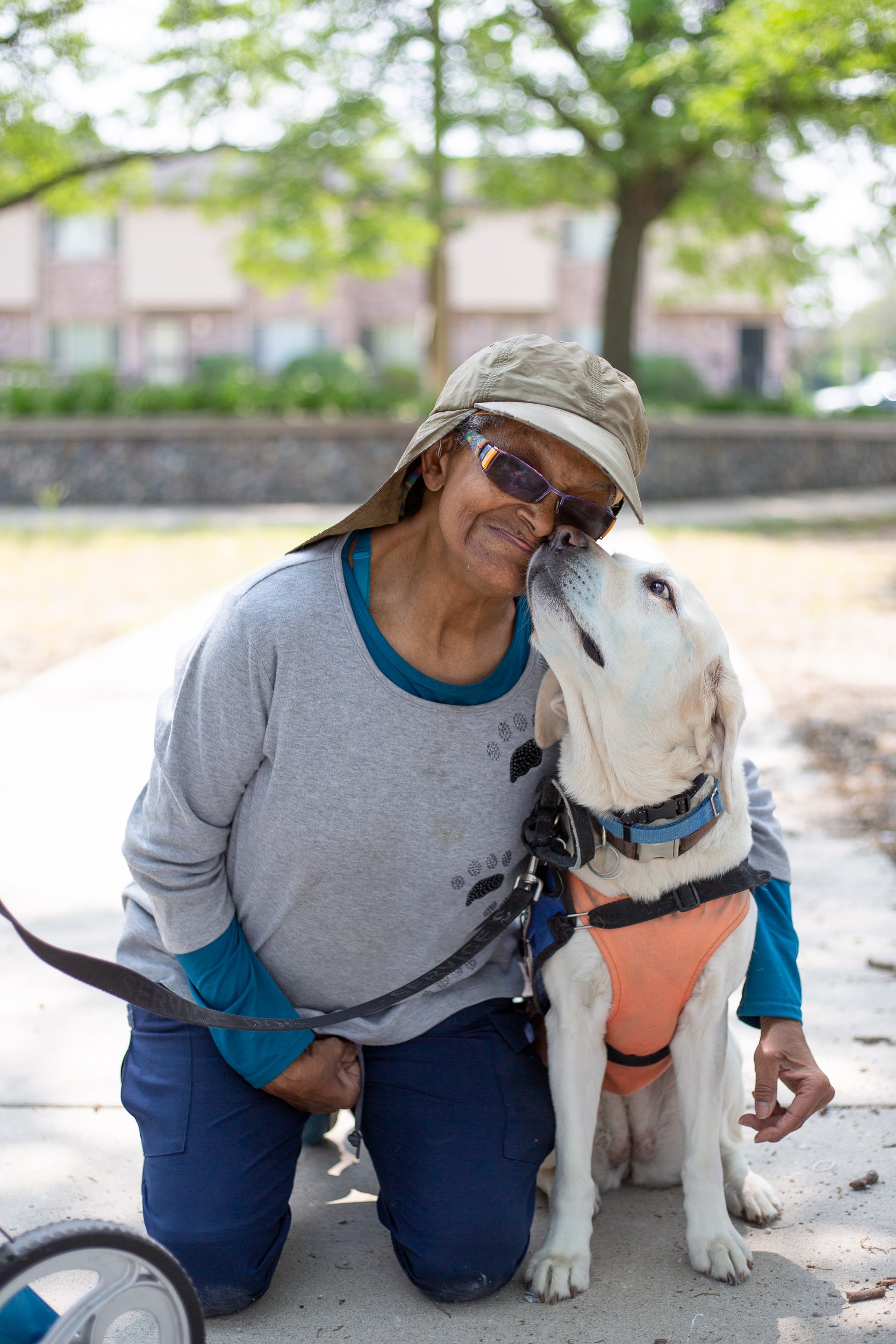
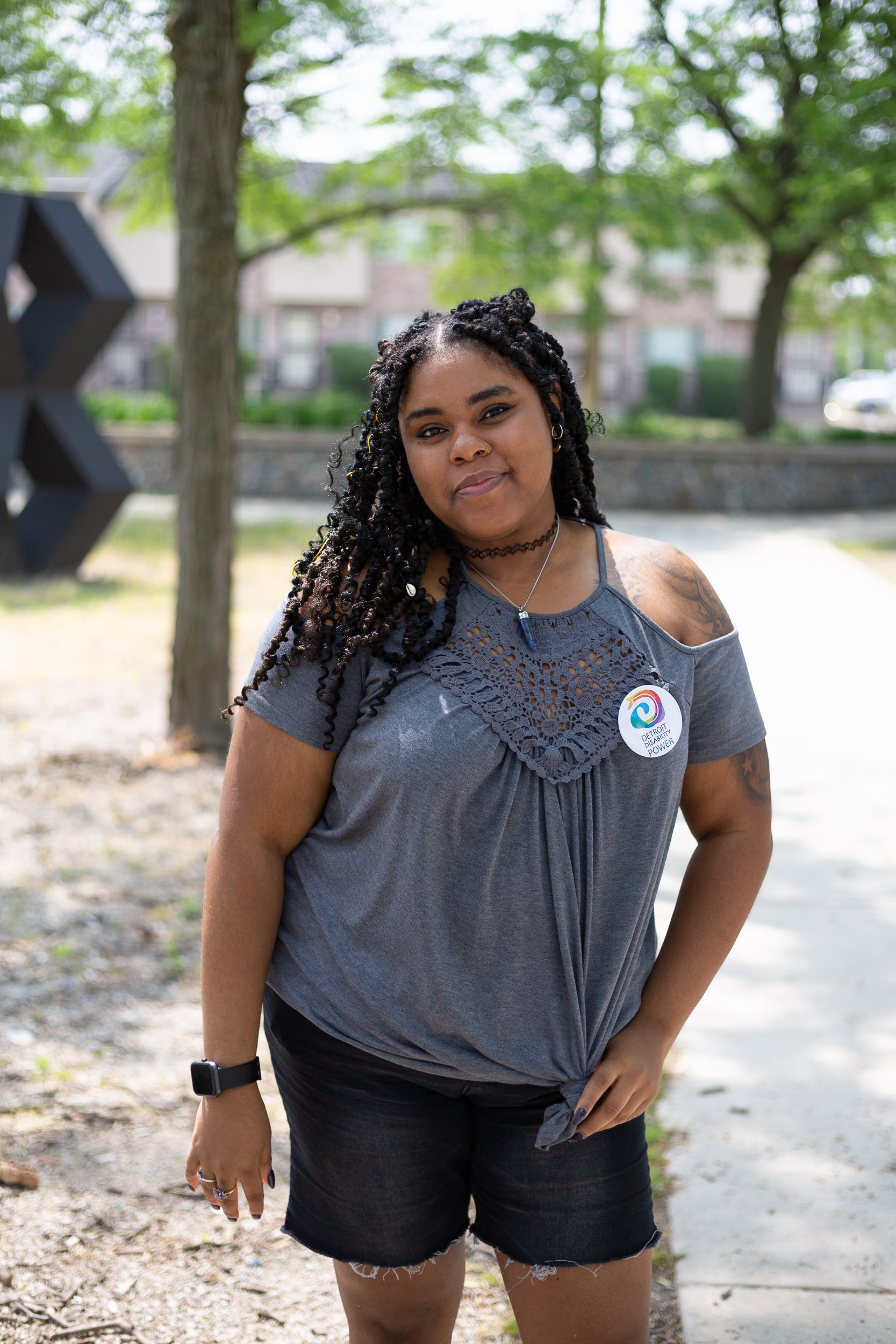
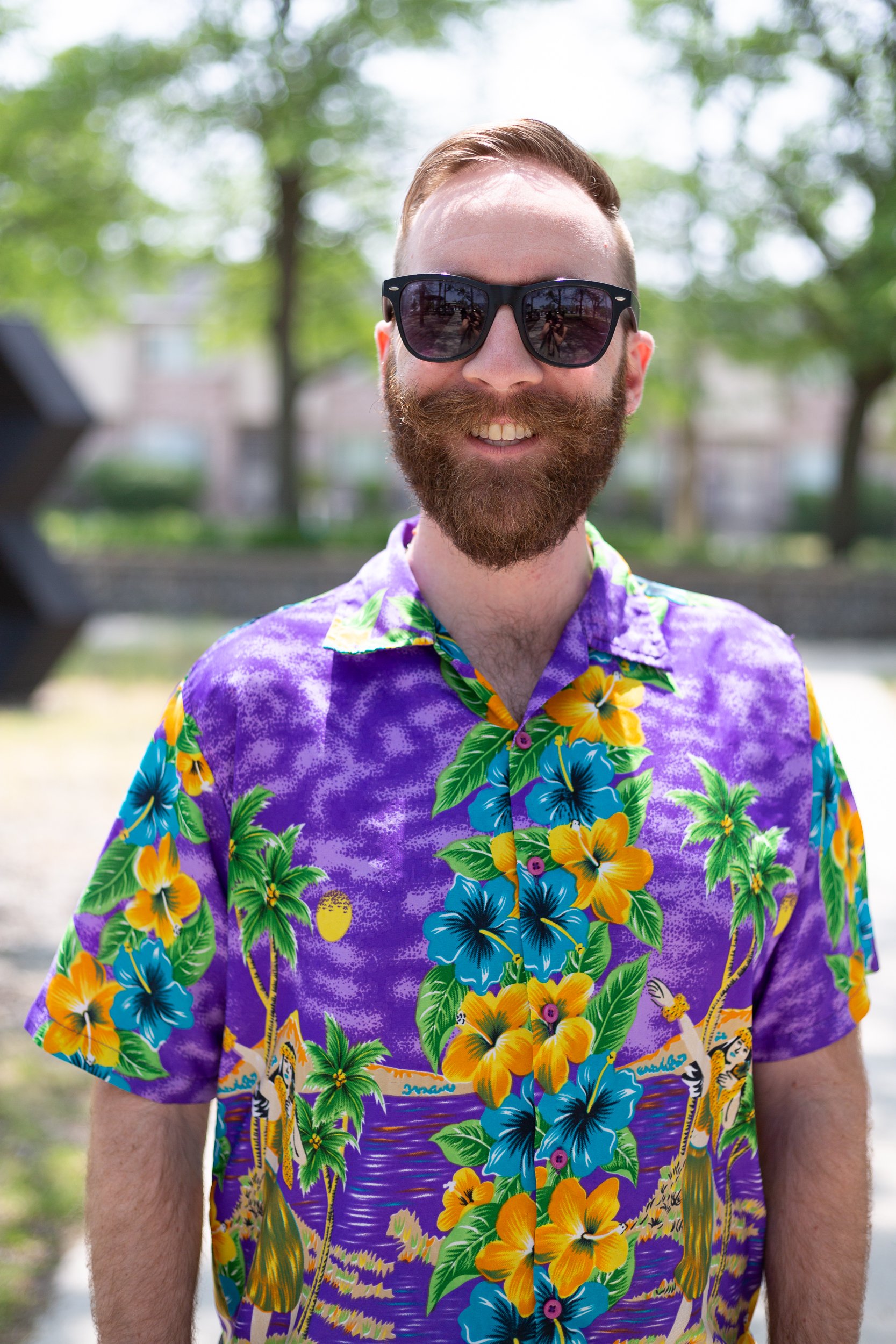
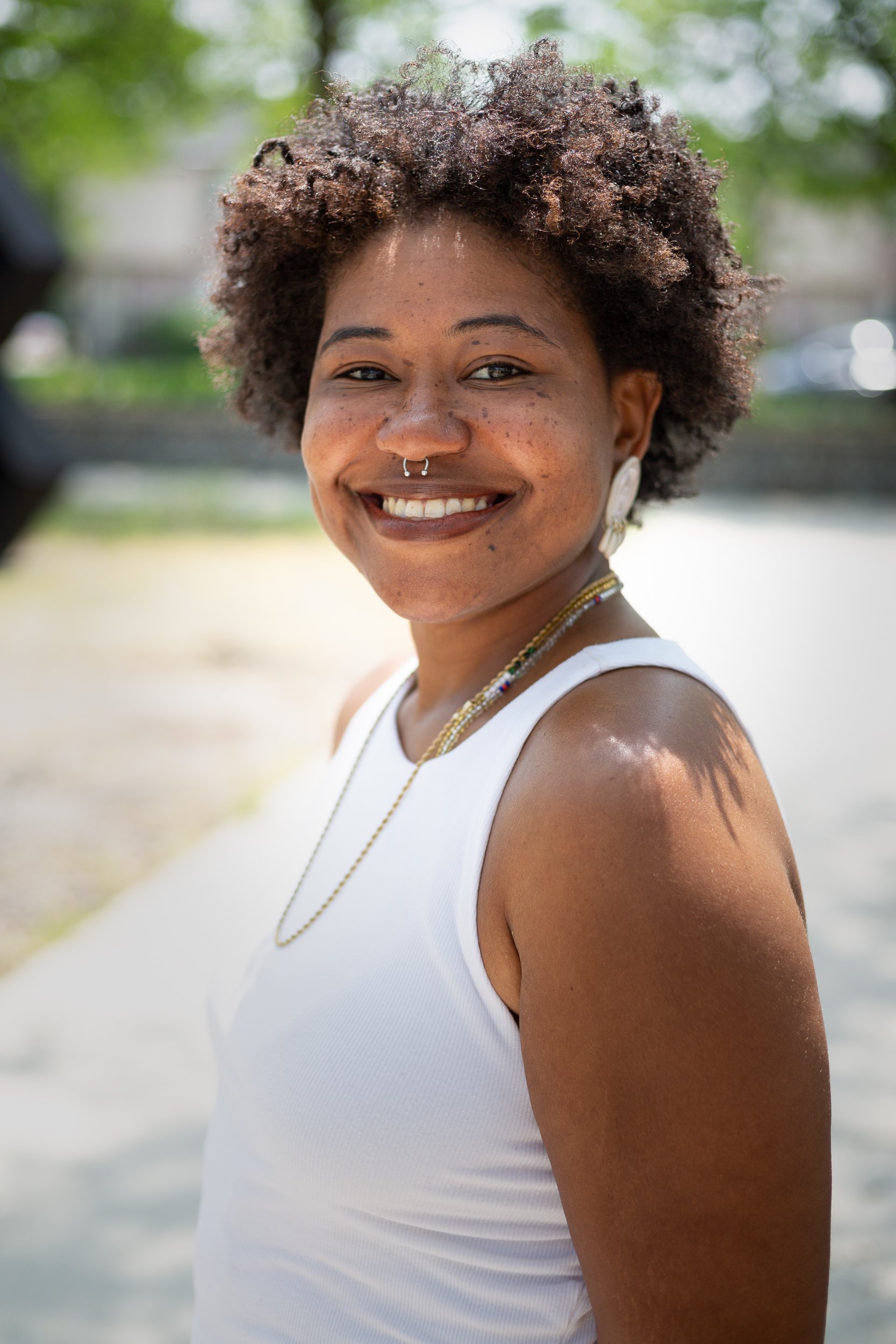
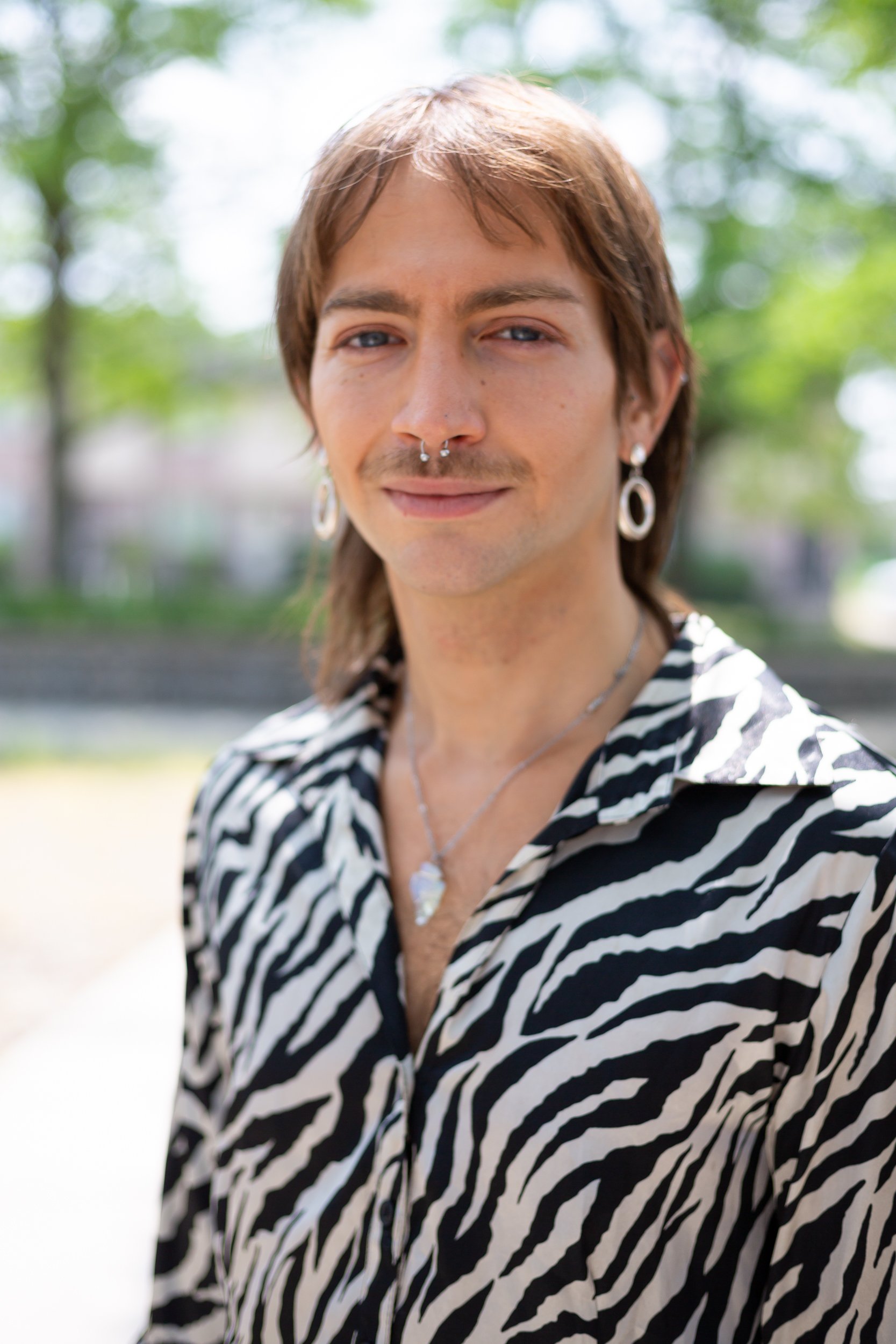
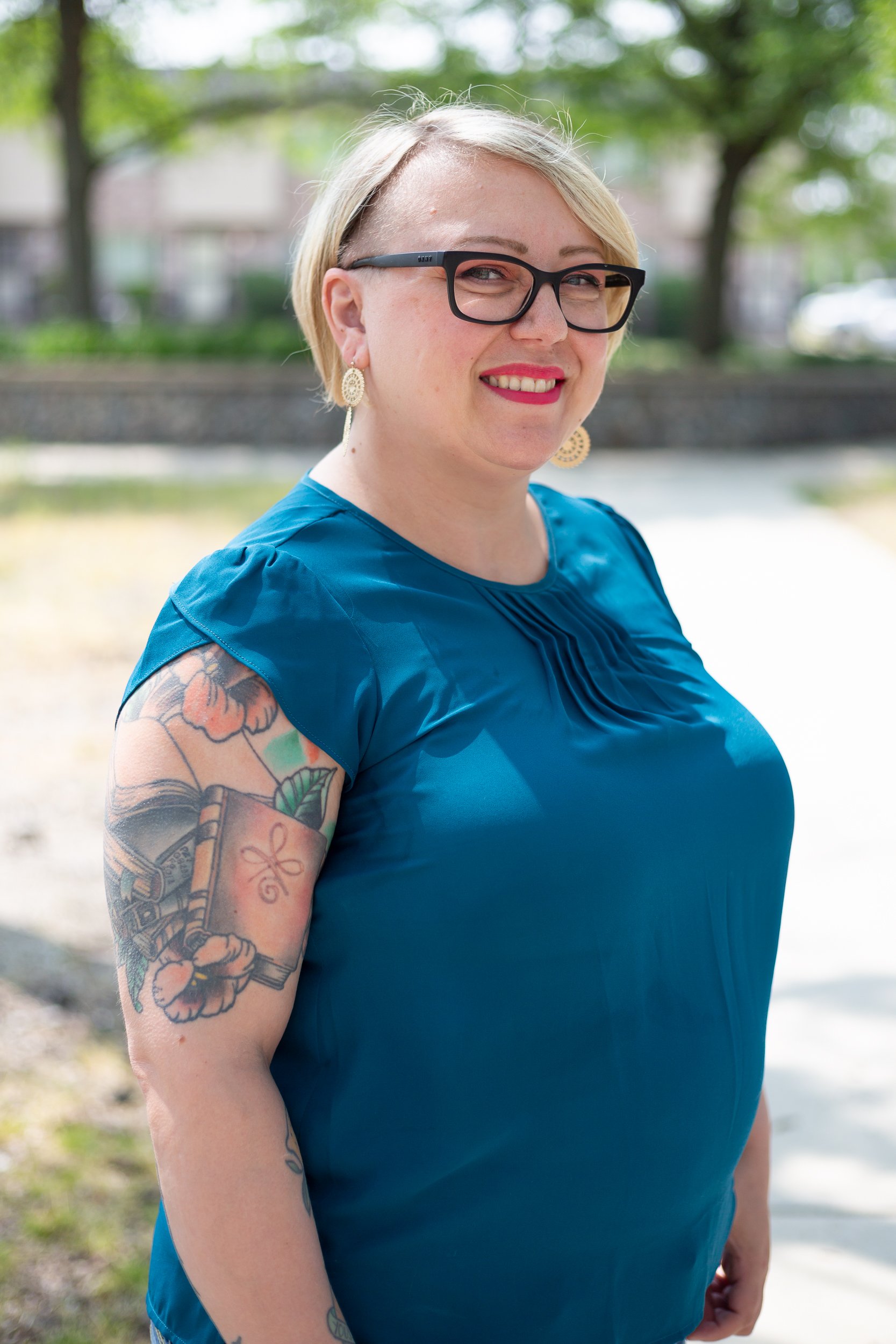
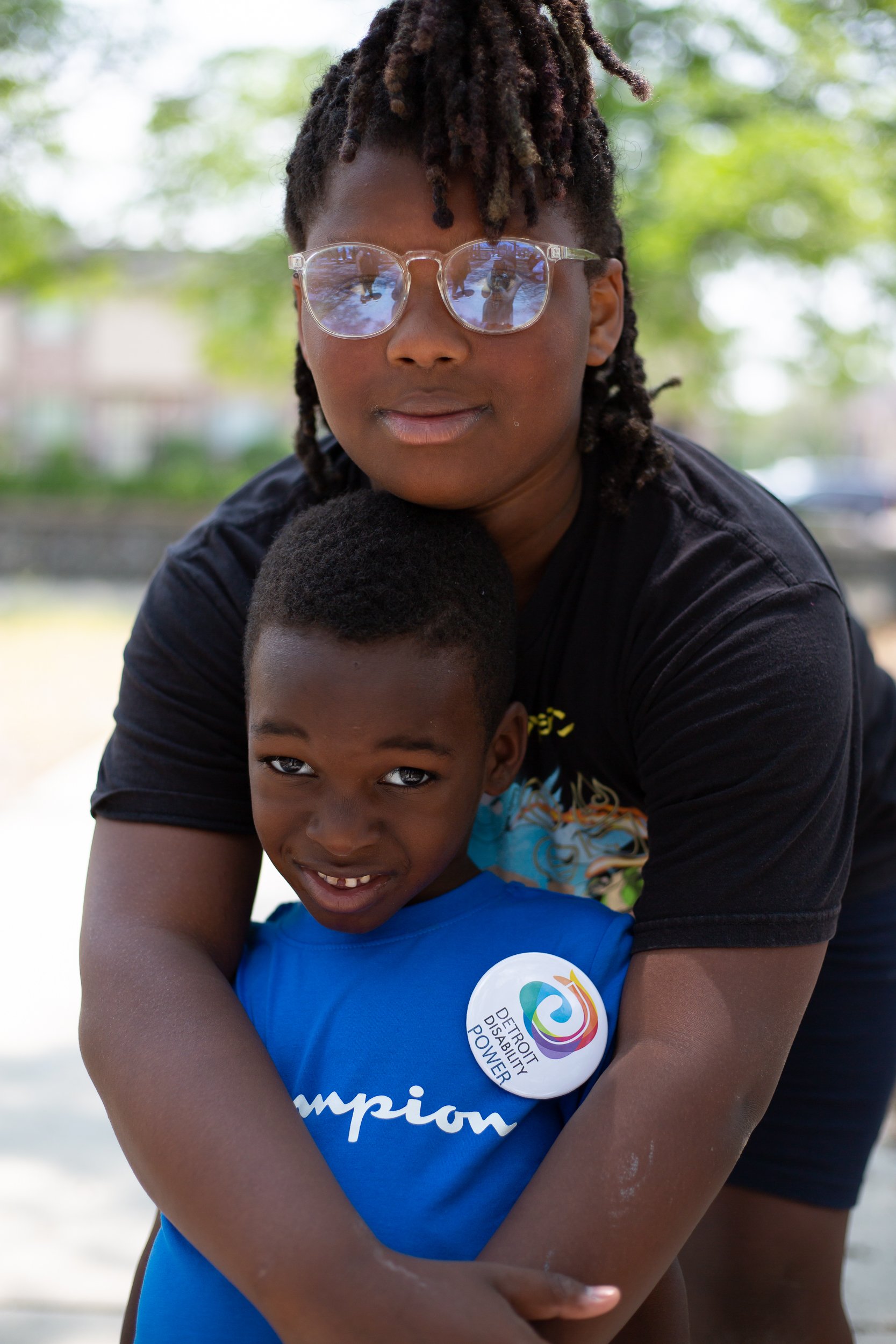
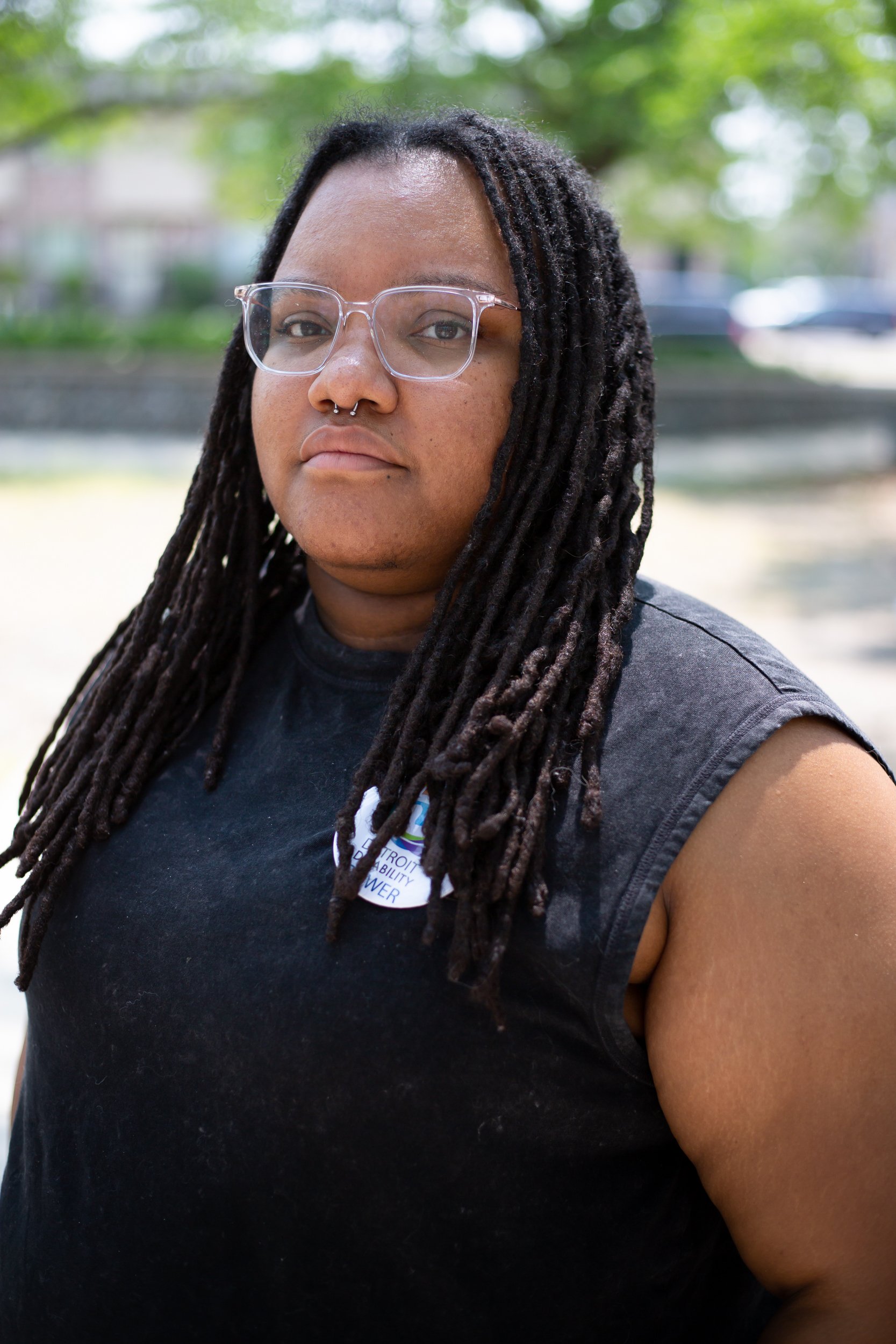
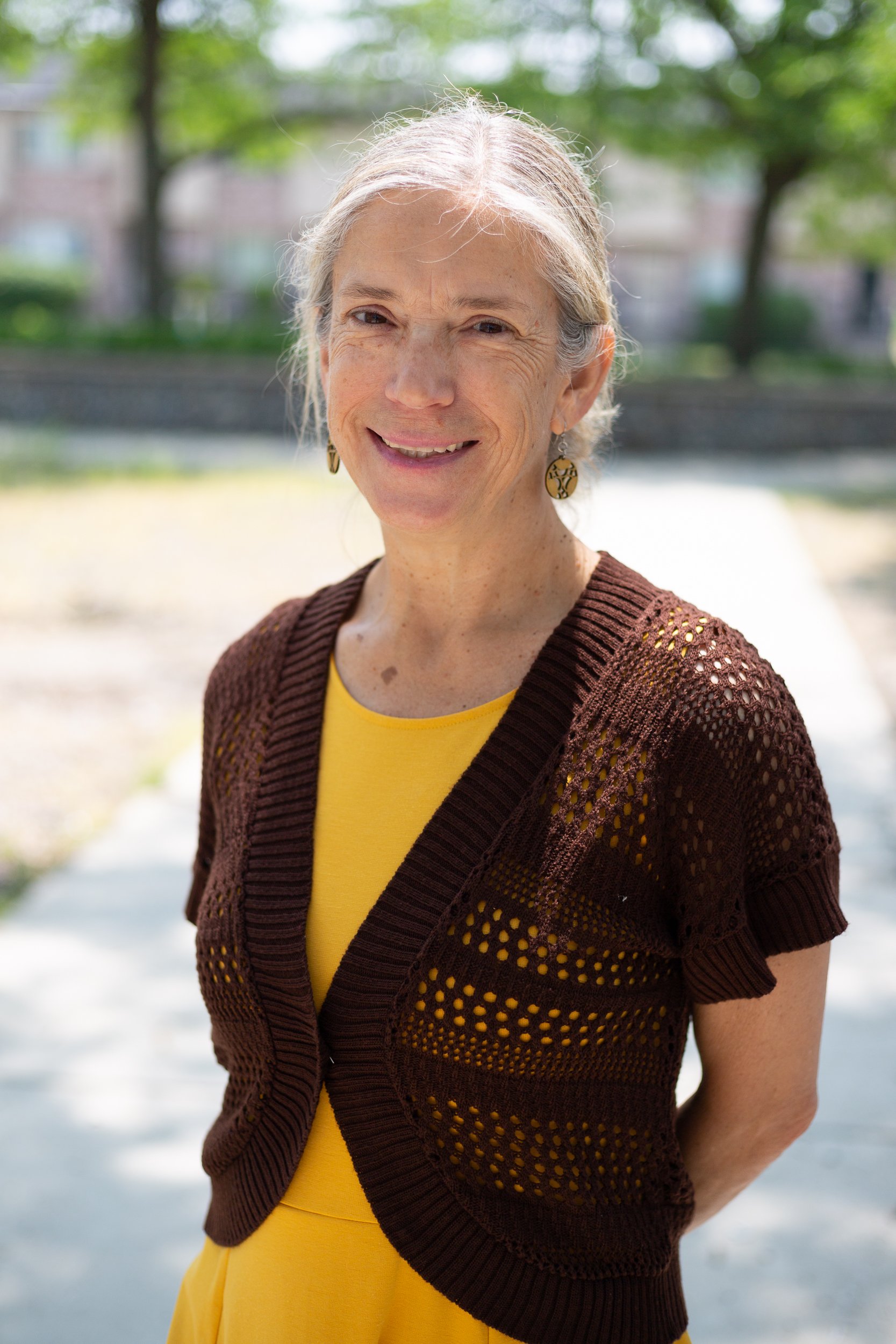
A Celebration of Portraits of Persons with Disabilities
I had a wonderful month full of photoshoots and interviews with the disabled community. The photographs created this past month aren’t ready to be released quite yet. However, I do have some photographs from the first Portraits of Persons with Disabilities session in March 2020. Take a look at these lovely portraits and check back for more updates about the project.
Portraits of Persons with Disabilities: Outtakes
Recently, I met with my new friend Chris. He volunteered to sit and be interviewed for my project Portraits of Persons with Disabilities, an ongoing series promoting disability visibility. (If you would like to volunteer, sign up here.) Here are some outtakes of his photoshoot. Chris is posing with his service dog, Winston, in Highland Park, Michigan.
Family Photography + Cake Smash: DeRoo Family
On a rainy Sunday in June, my husband and I drove to Schaumburg to do a family photoshoot with one of his oldest friends, Chris DeRoo. Brian has known Chris since they were maybe 5 years old? He's also known Chris's wife, Megan, since high school as Chris & Megan were high school sweethearts. They now have two beautiful boys and are in the process of relocating to St. Louis. Their youngest son, Henry, just turned one, so we added a cake smash to the session. Take a look!
Corporate Headshots
In today's professional world, everyone needs a head shot. Whether it be for your LinkedIn profile or company website, a professional headshot conveys a commitment to quality. It shows potential clients and employers you value your work and take it seriously. We offer corporate headshot services for individuals and teams. Portraits start at $75. Contact me today for more info.
While you're here, check out this series we did for 2 Point Perspective below!
Headshots!
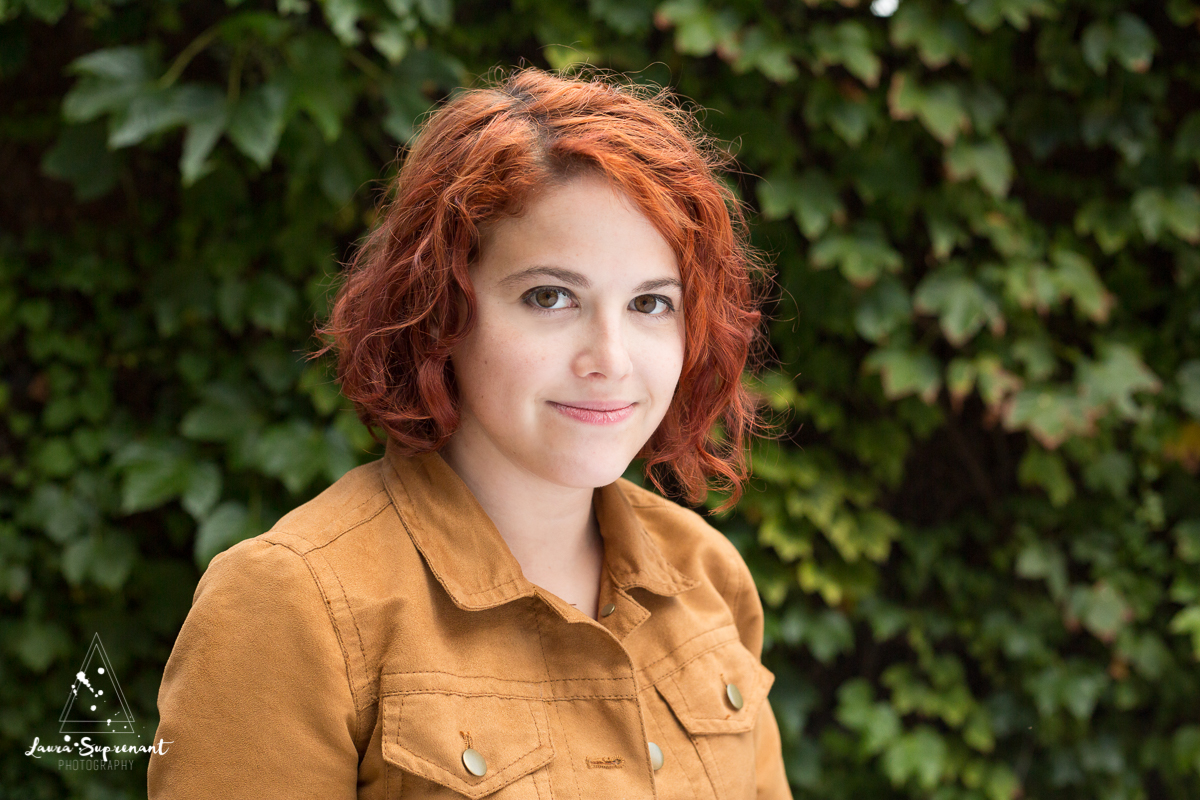
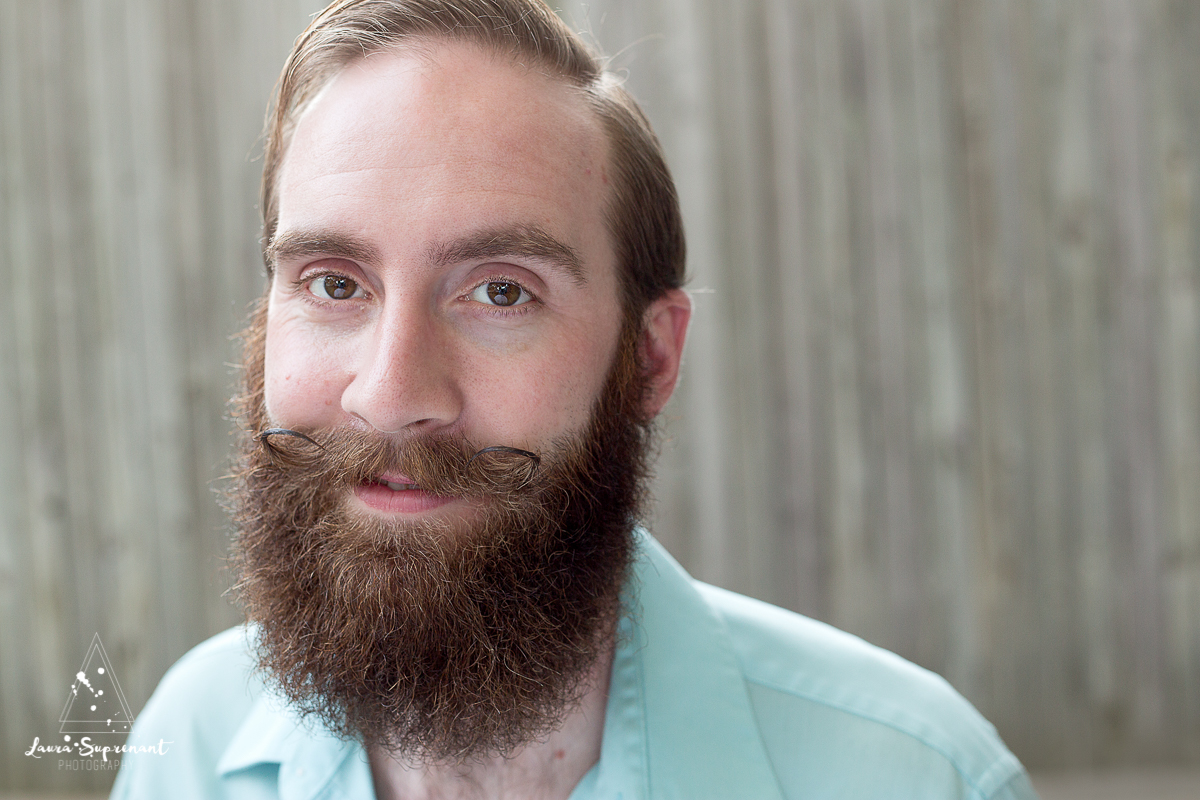
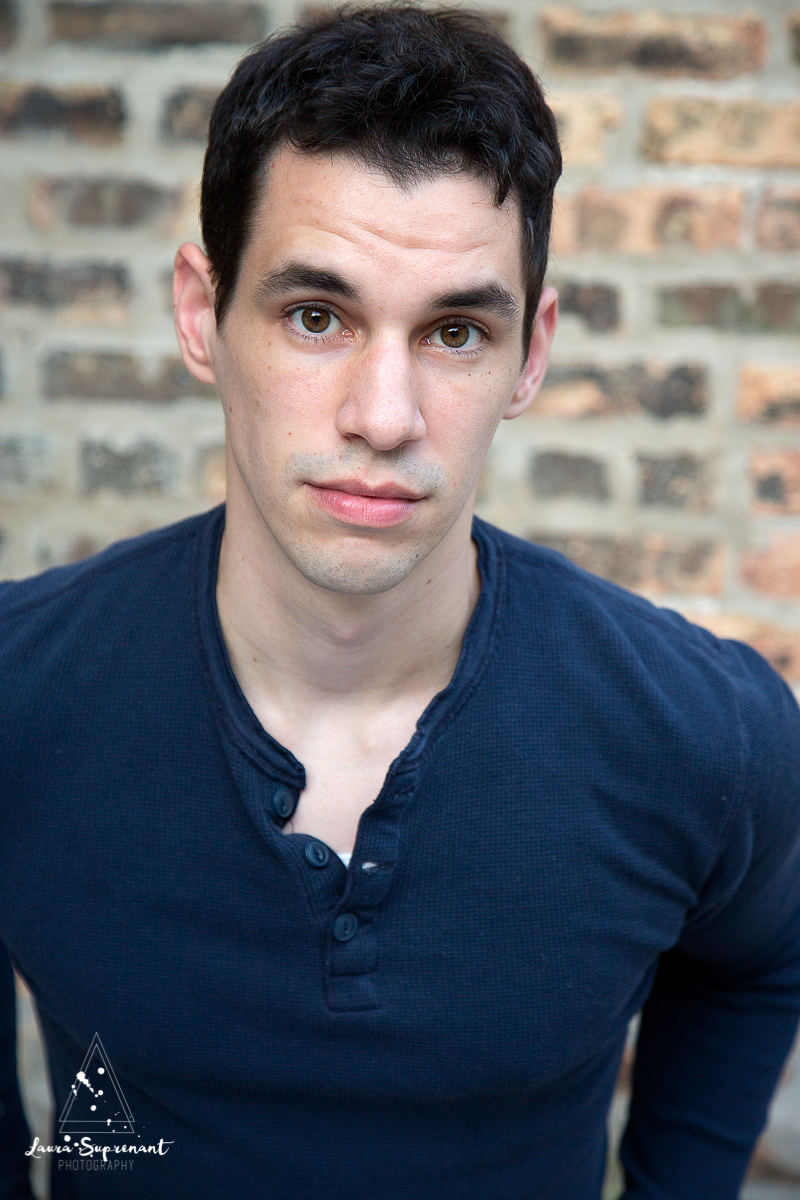
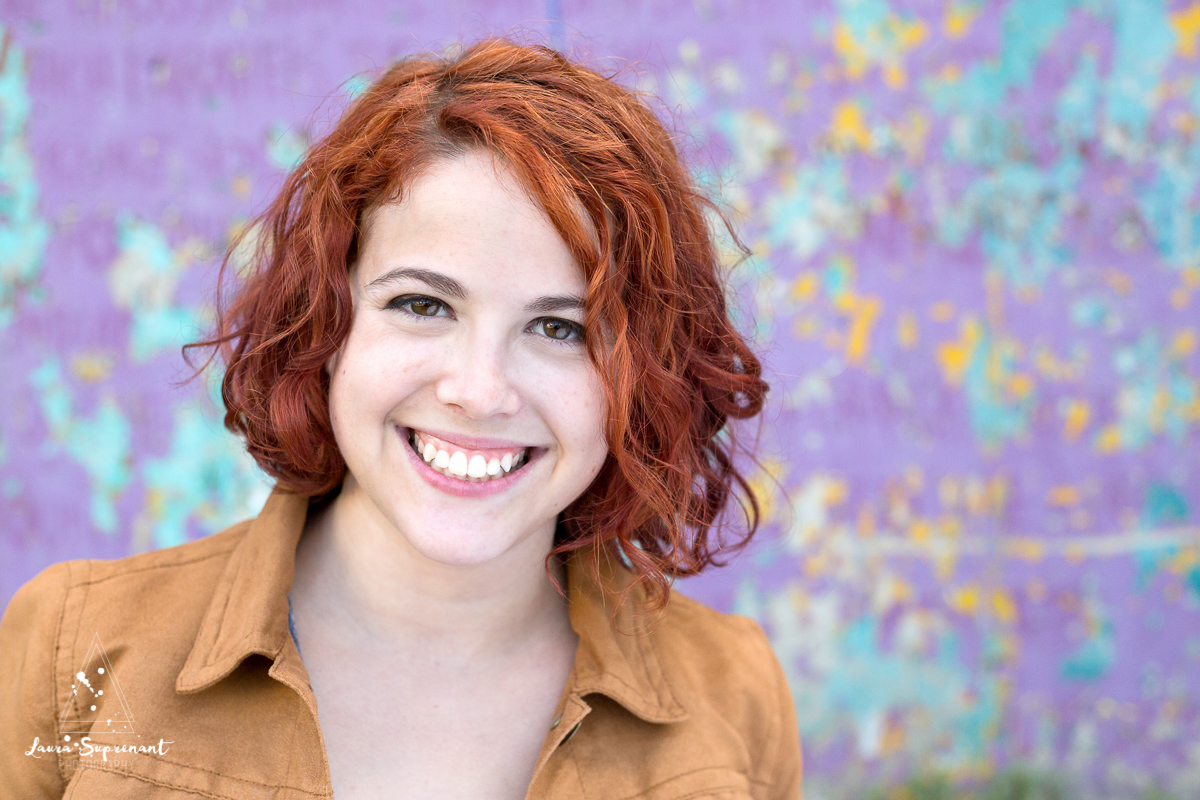
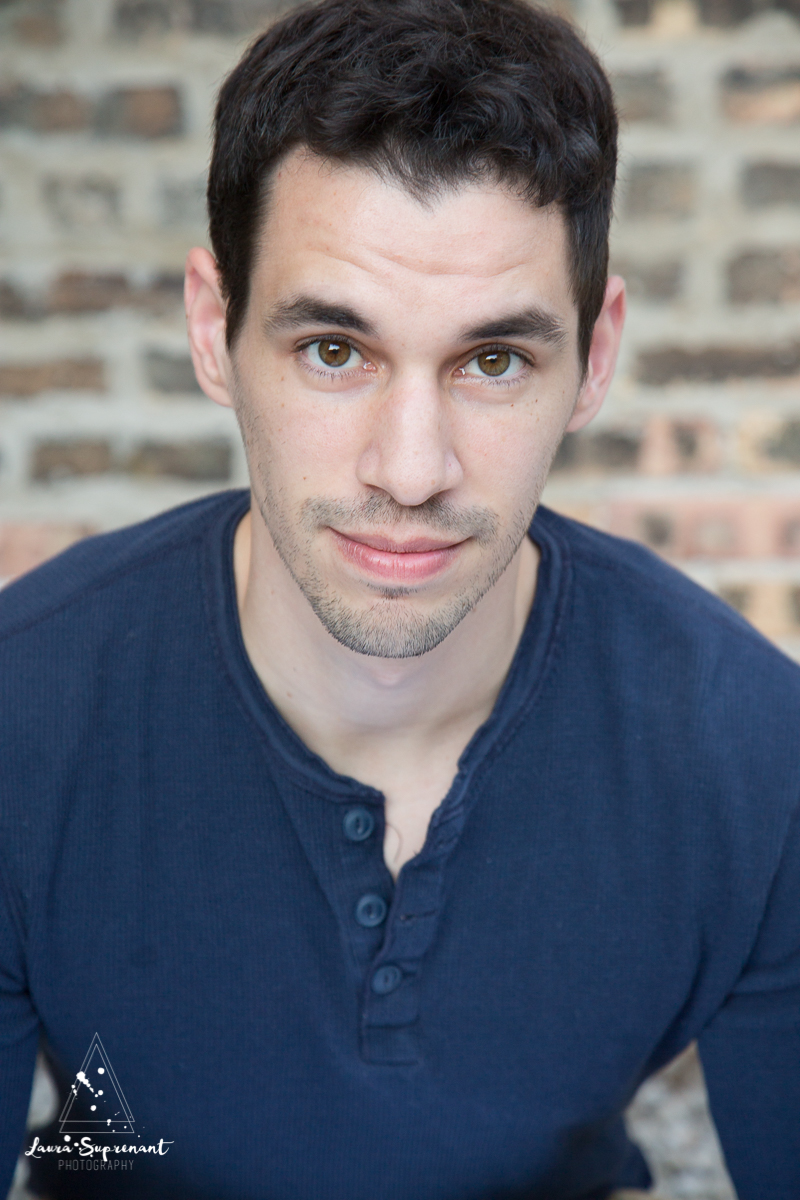
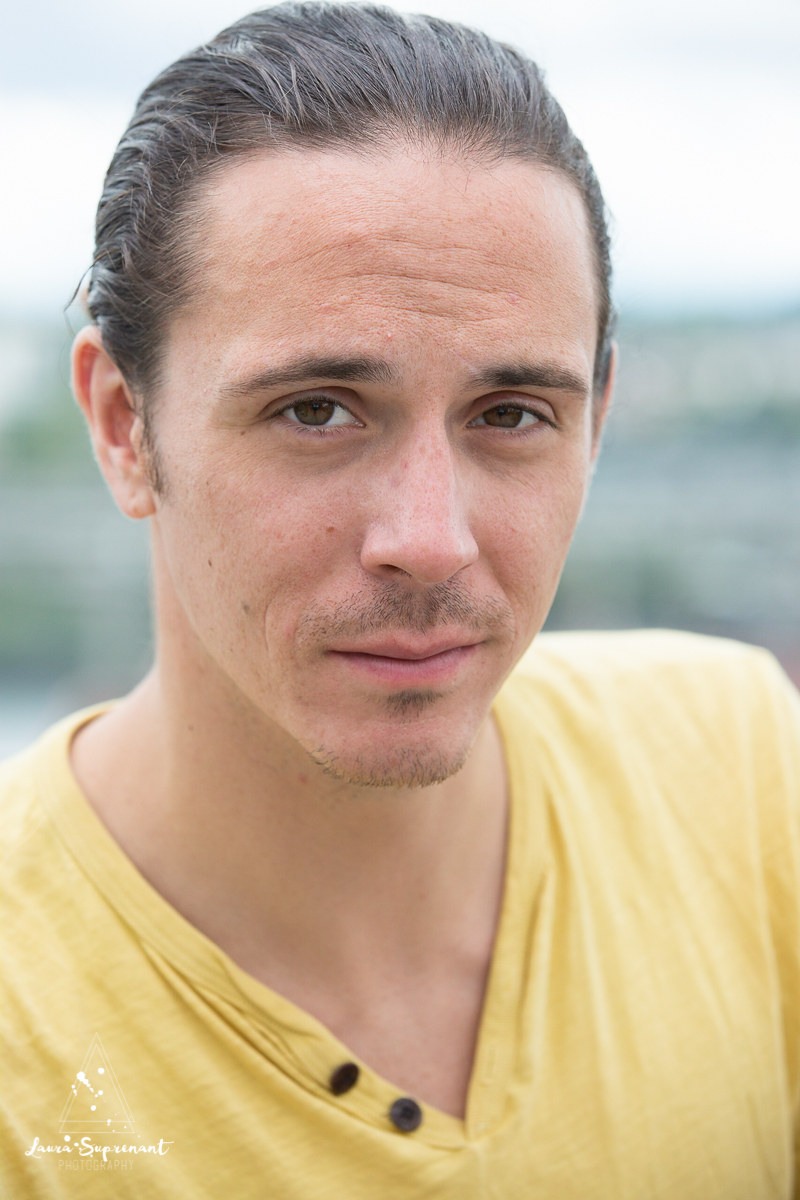
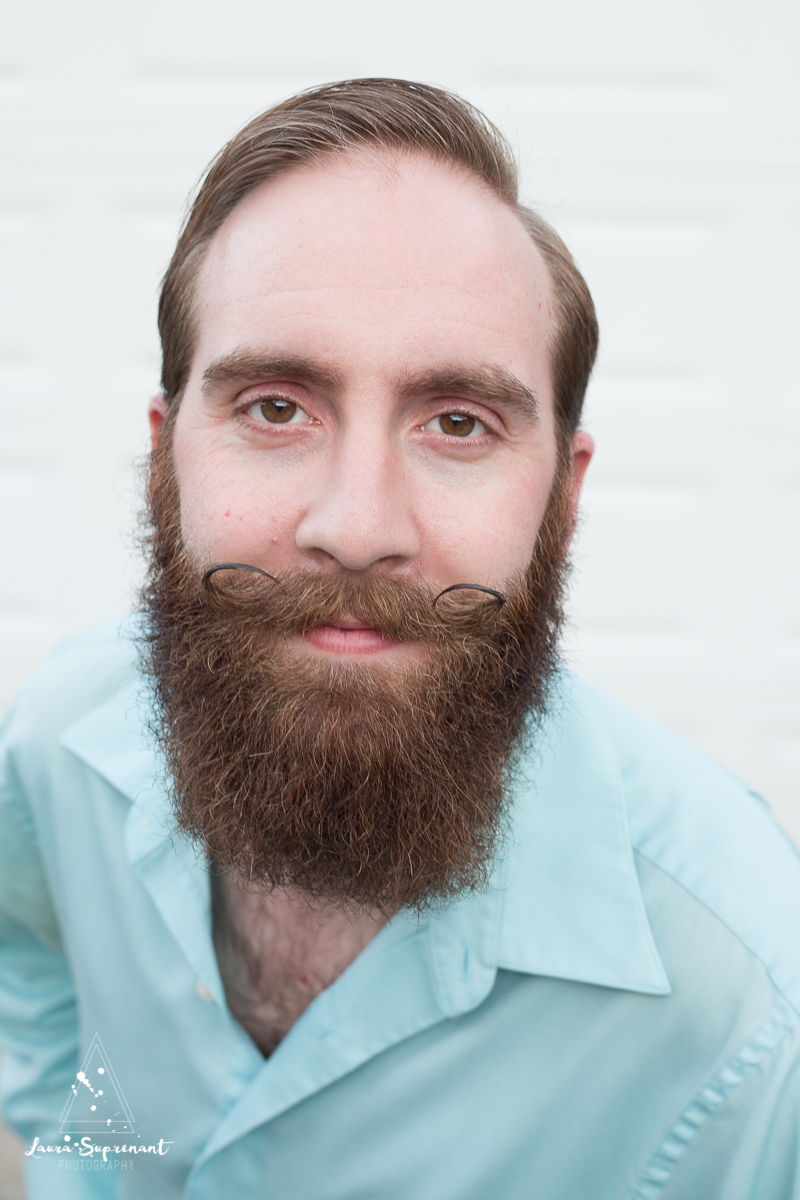
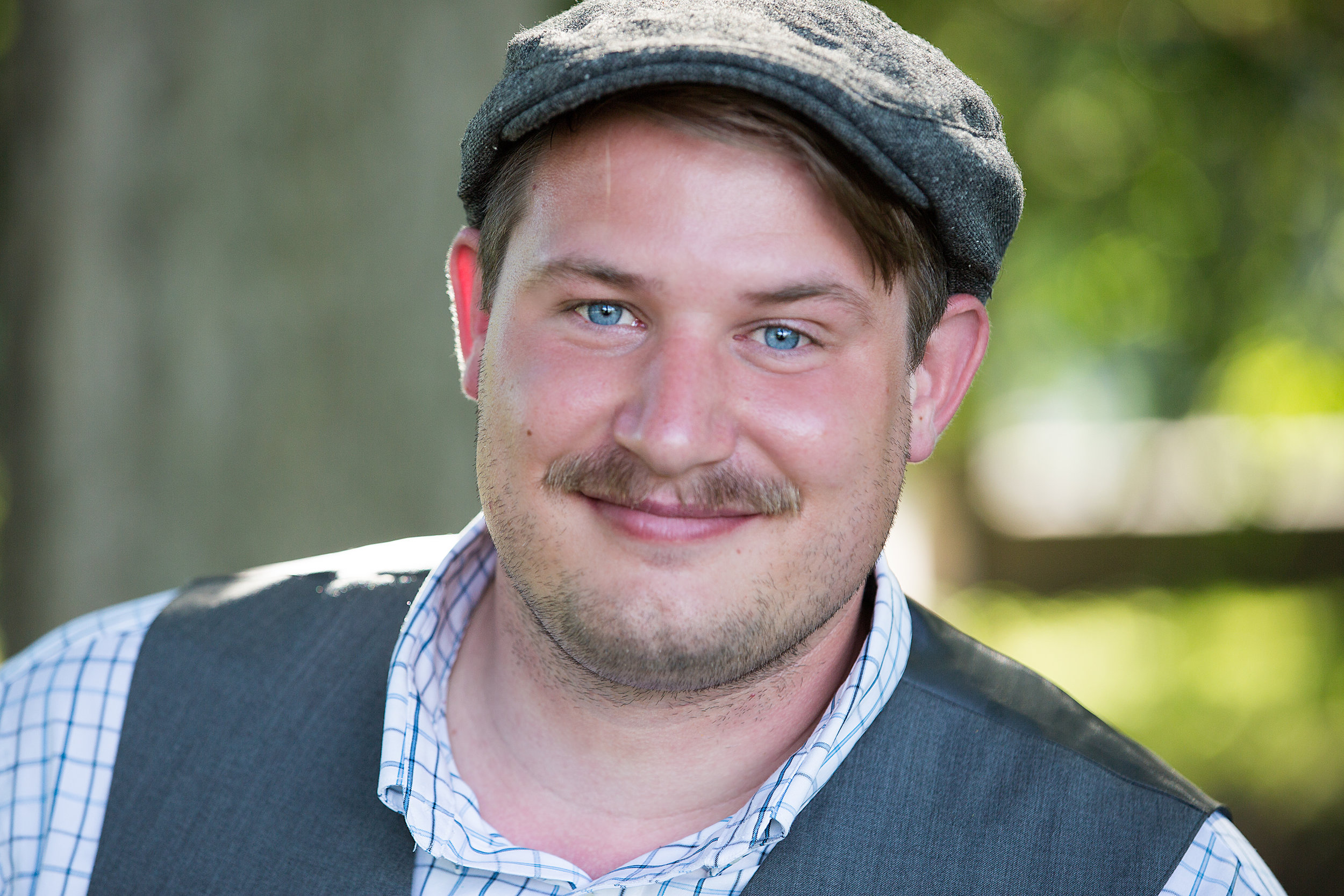
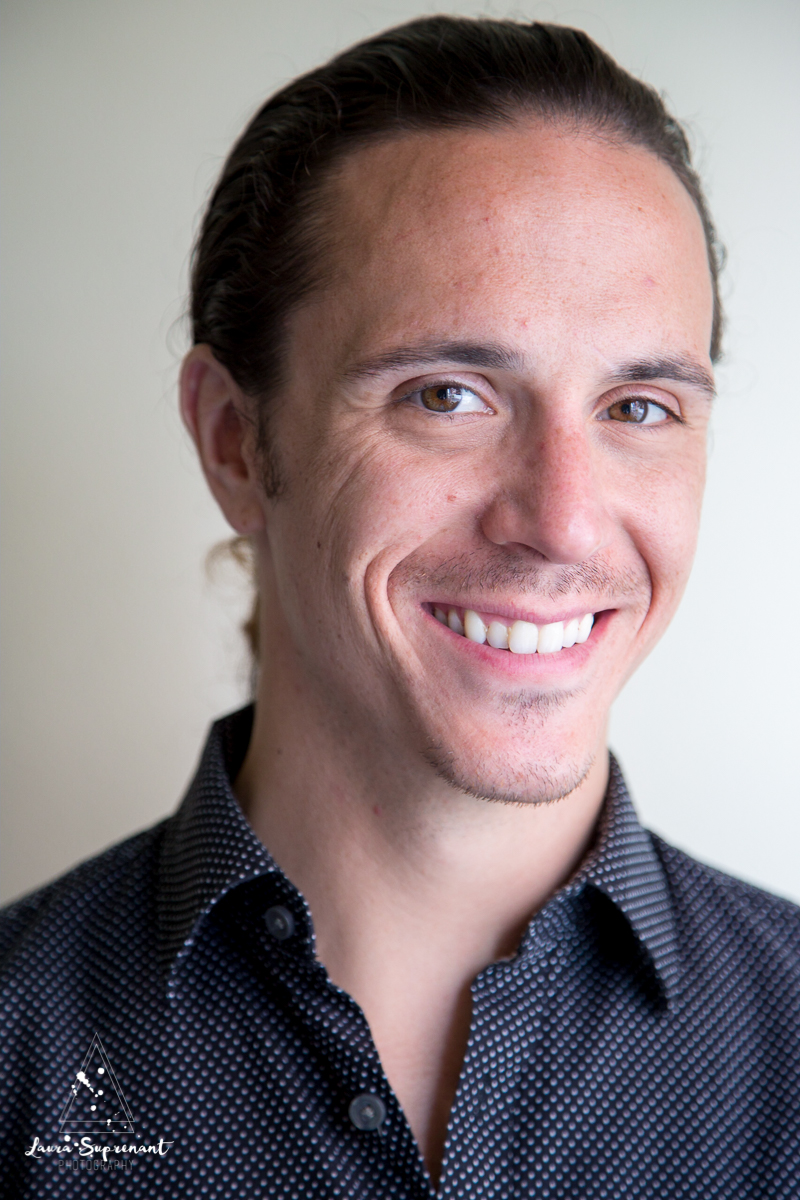
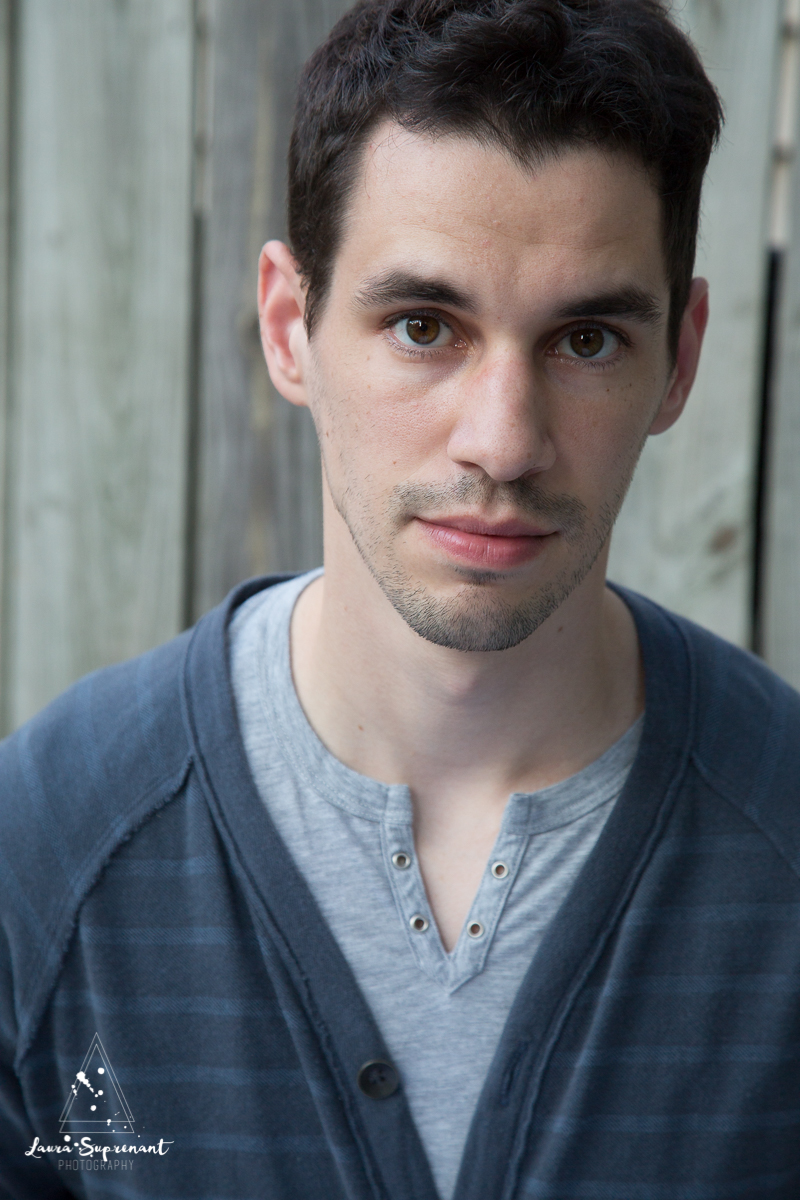
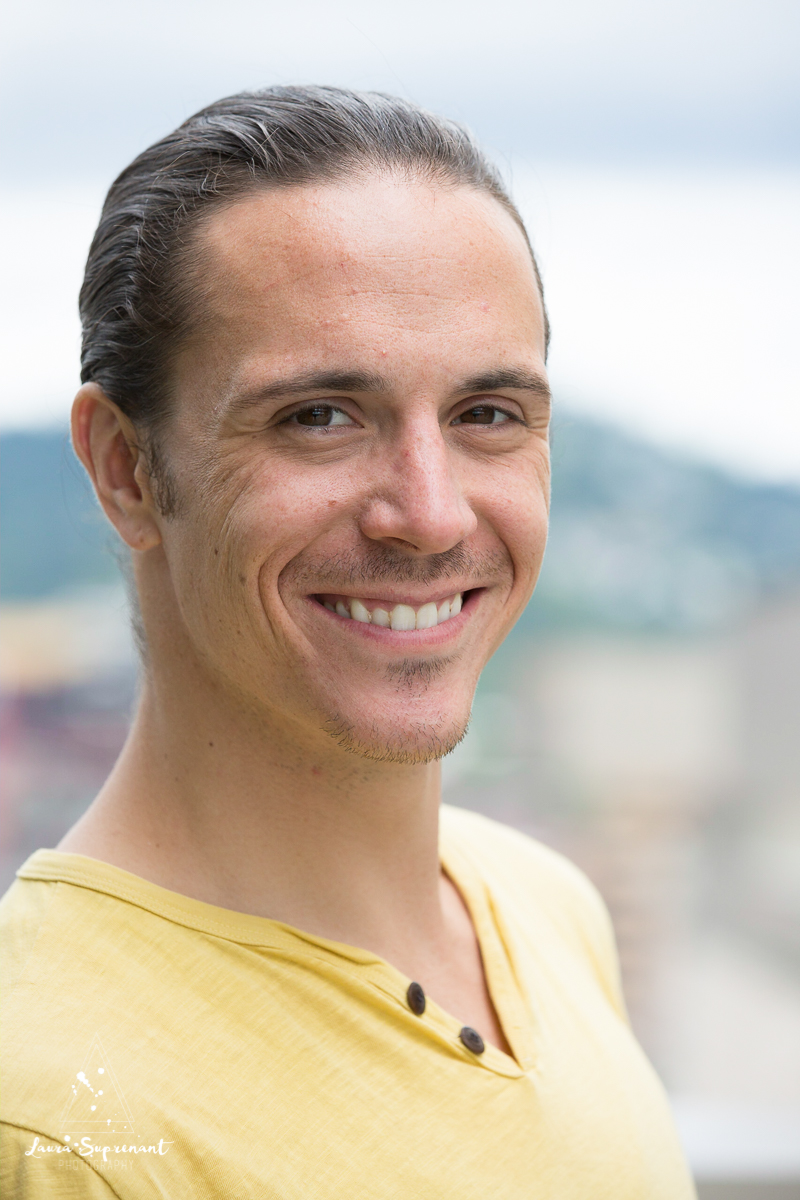
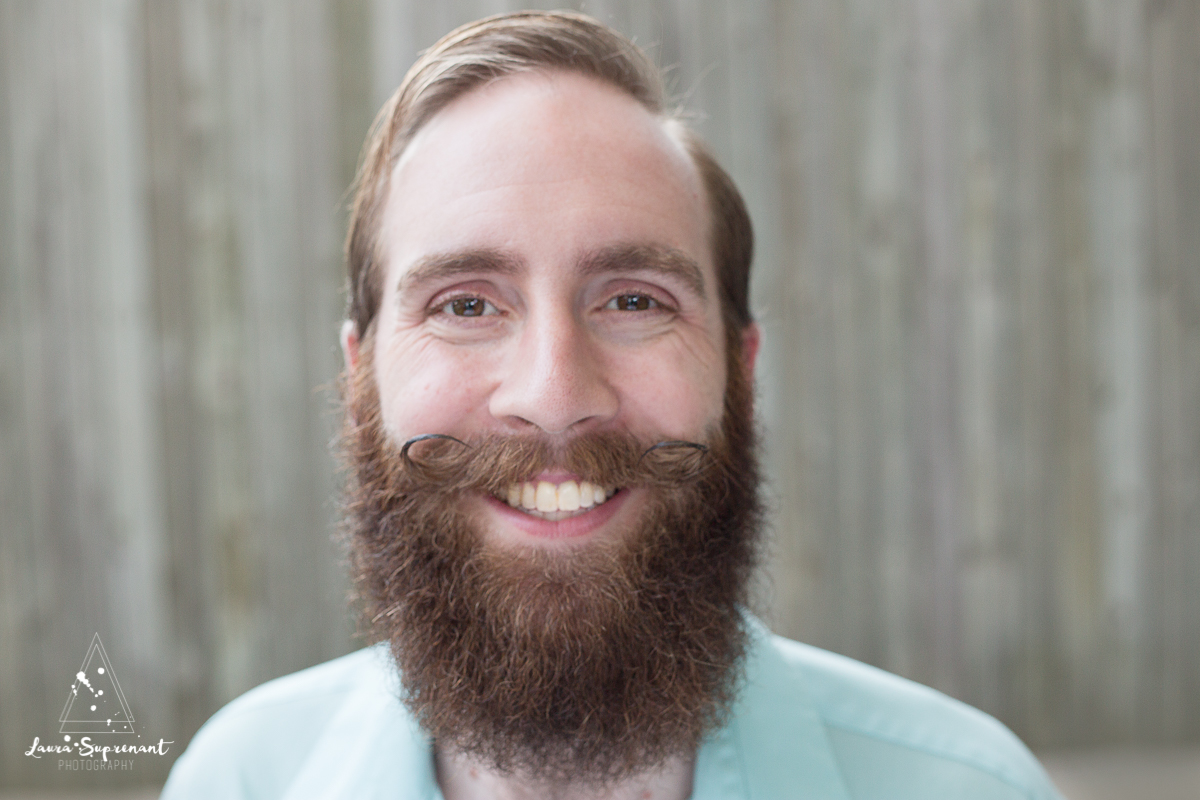
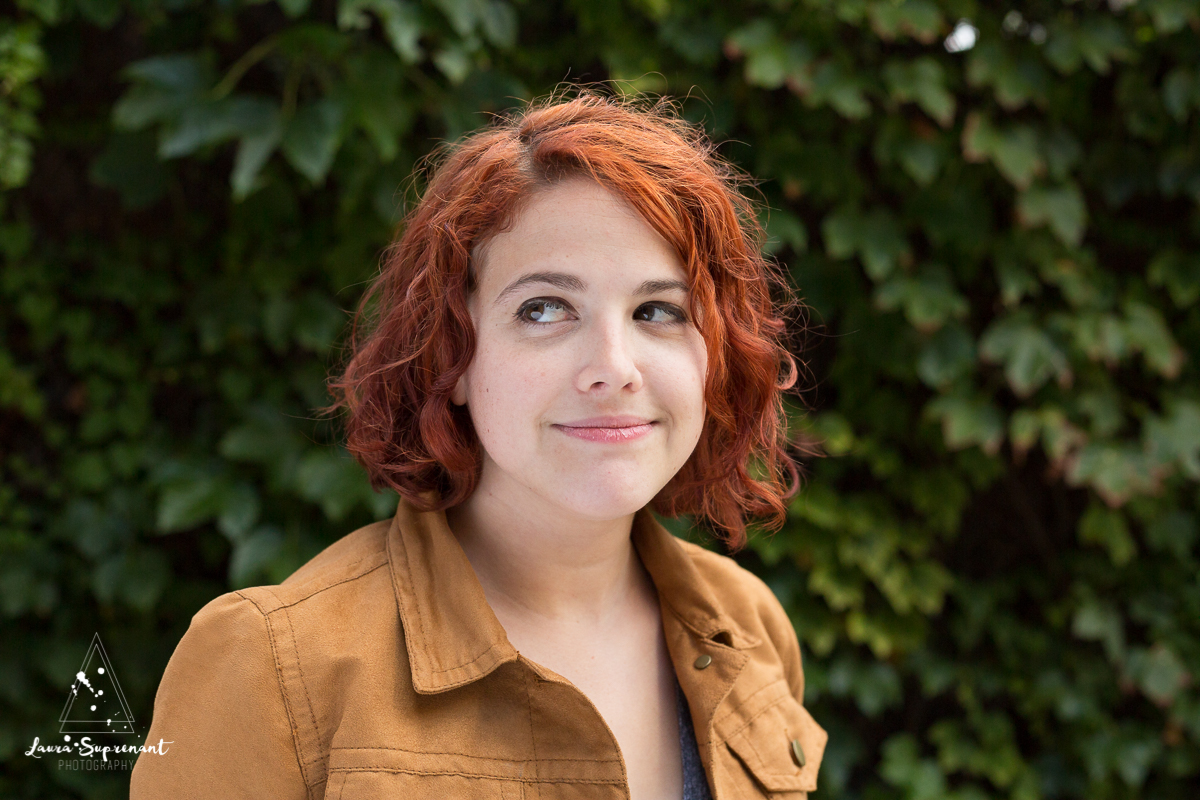
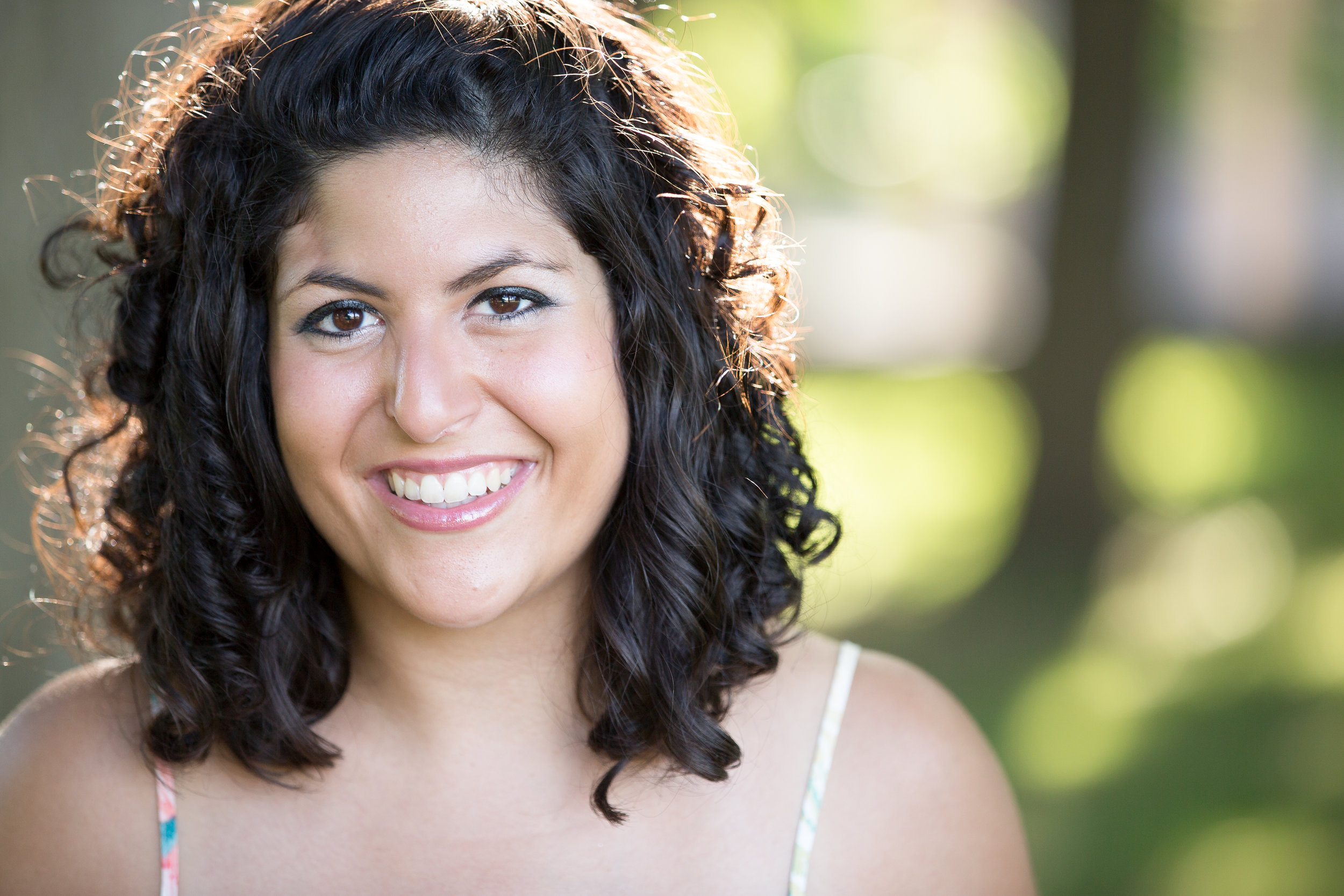
Bailey Family Photos
There is nothing better than a great photoshoot with great people! I was lucky enough to have a shoot like that this summer. Take a look at Noah, Amber and their beautiful family.
Location: Chicago River Walk, Trump Plaza, Wrigley Building
Tank & the Beez
Brian and Beth Blankenship are the talented duo behind Tank & the Beez. Their music has an americana roots sound with an old fashioned, soulful feel. Do yourself a favor and check them out here. Our shoot was inspired by Allister Ann and shot in Humboldt Park. Take a look!
Less is More // July 4th
Travel photography with 1 camera body and 1 lens
Read MoreThe Road to Hancock County
I spent this past weekend down at 'the farm,' as we call it in my family. 'The farm' is the farm my mom grew up on in Hancock County, most of her family still lives down there. I was there to celebrate my cousin Mary's bridal shower. The drive from my apartment in Chicago to Hancock County is about 5 hours. In that time I got to know 2 new podcasts: The Candid Frame & Tips from the Top Floor. These photography podcasts made great travel companions on my solo drive. They were interesting, not too long and most important, inspired me to get out and shoot. Take a look at what I saw:
